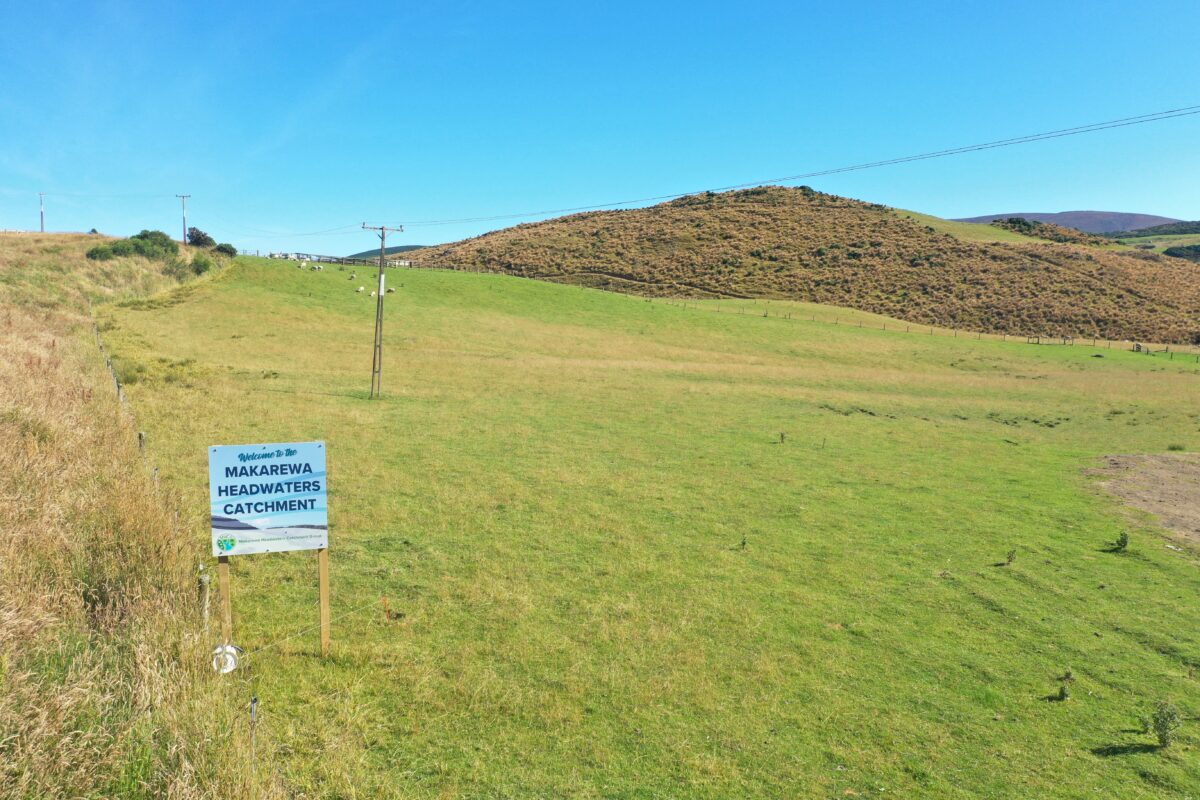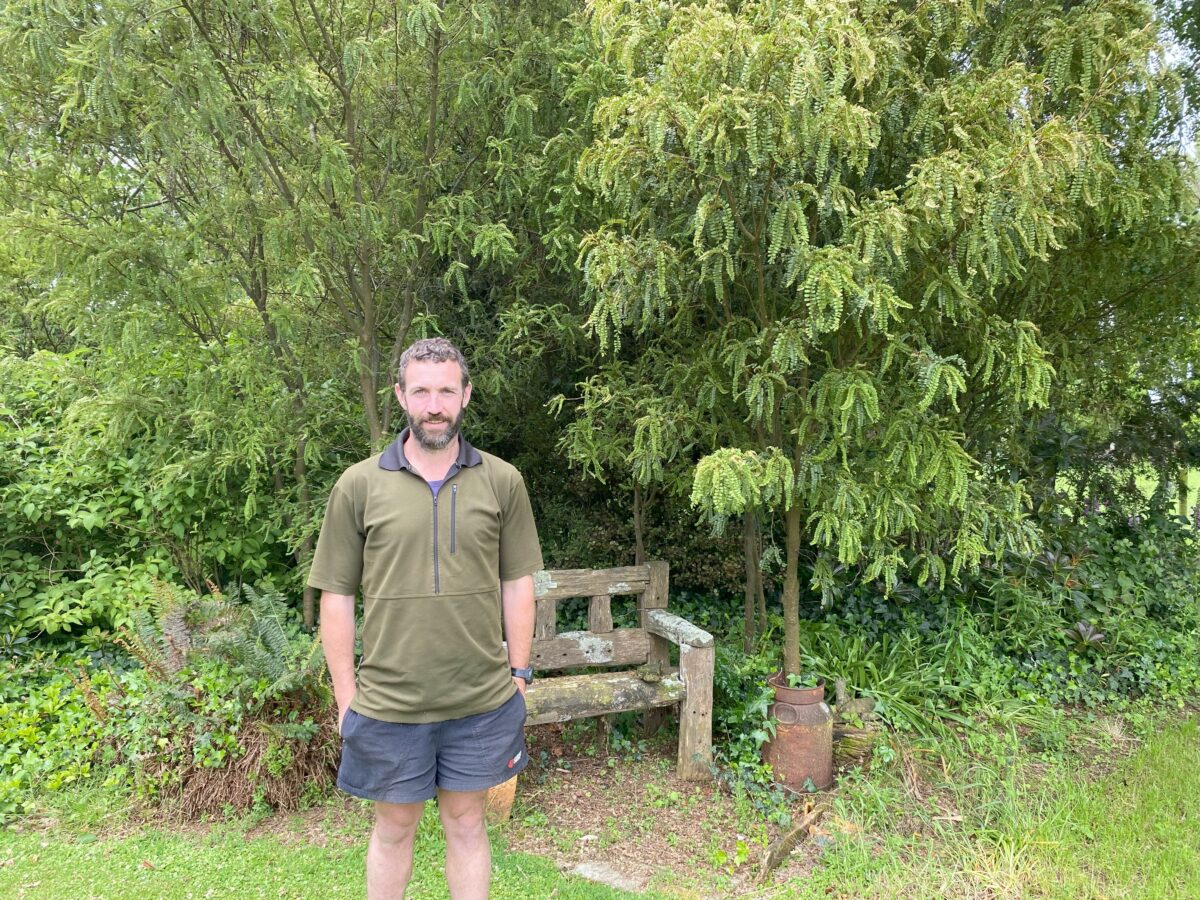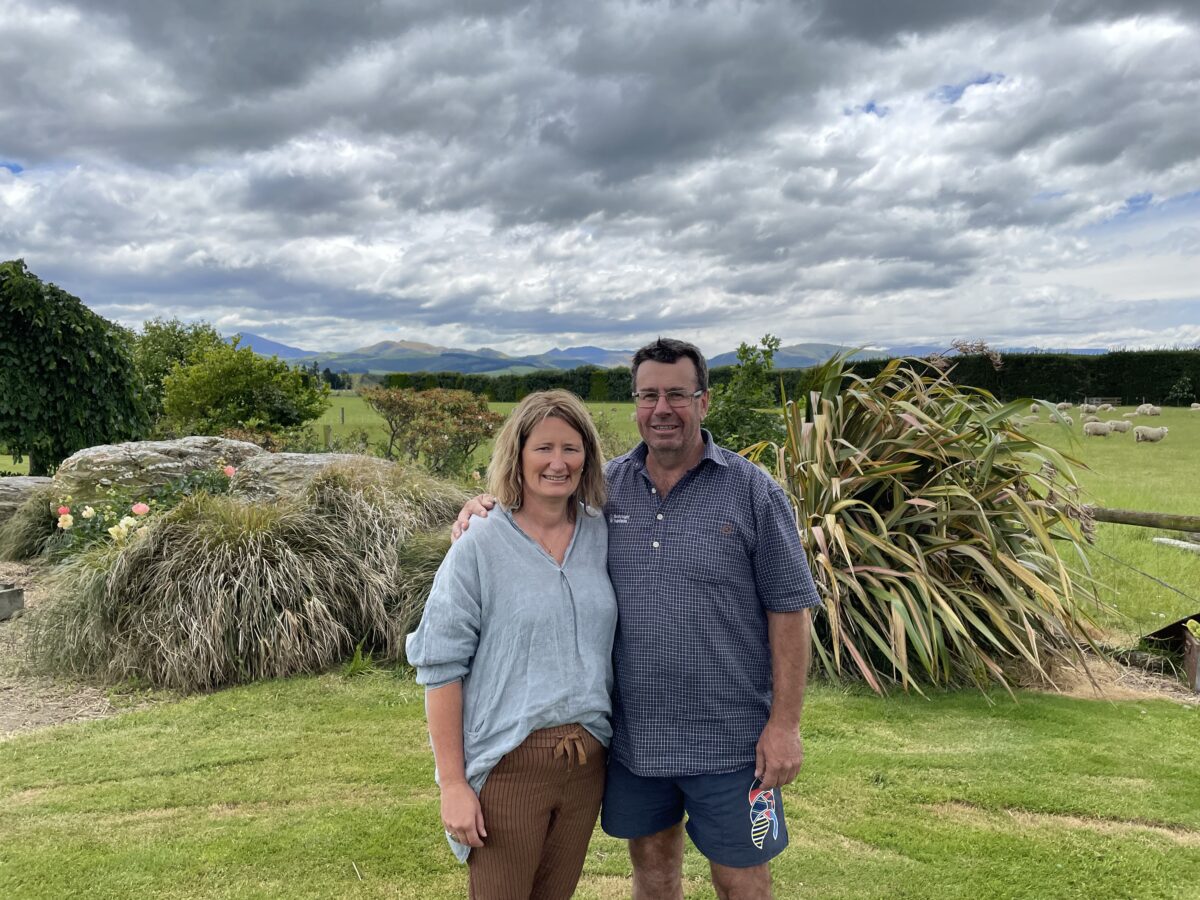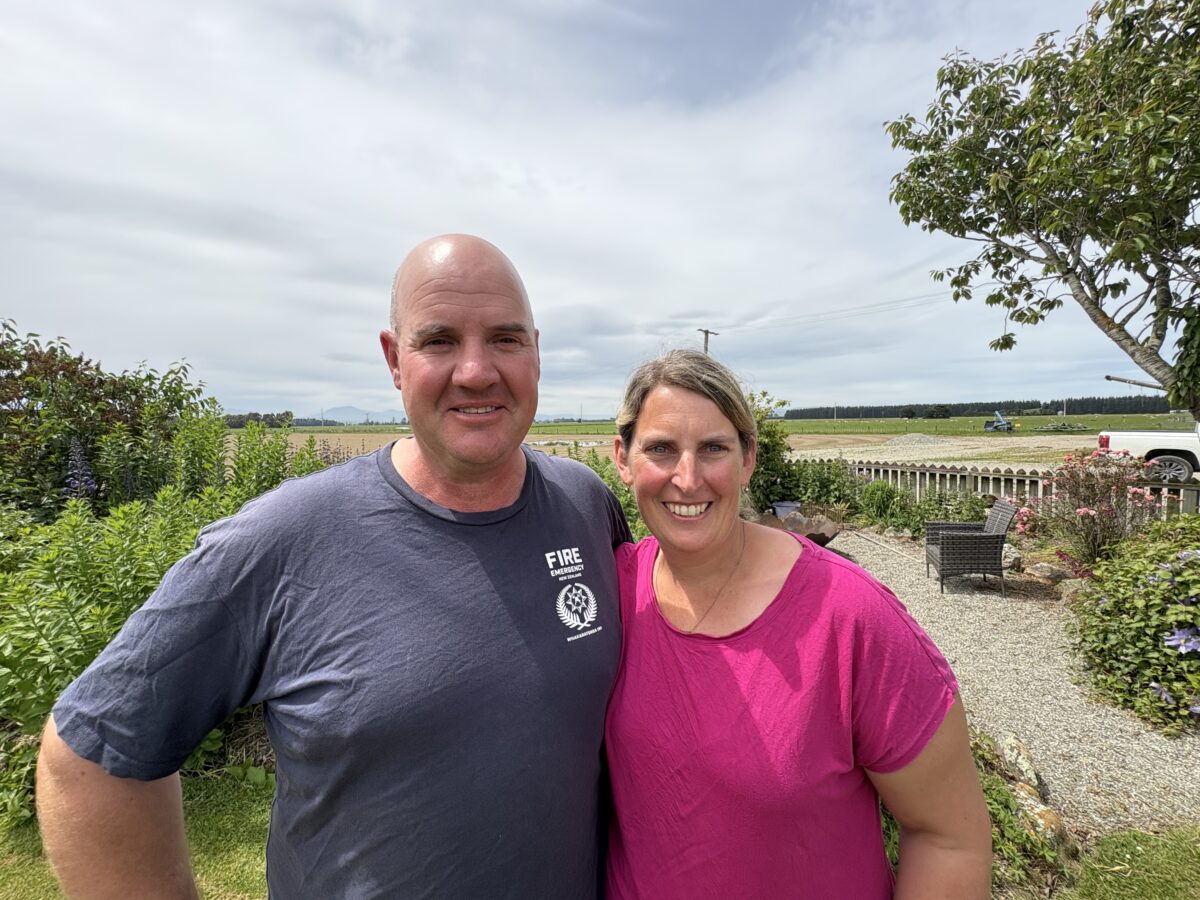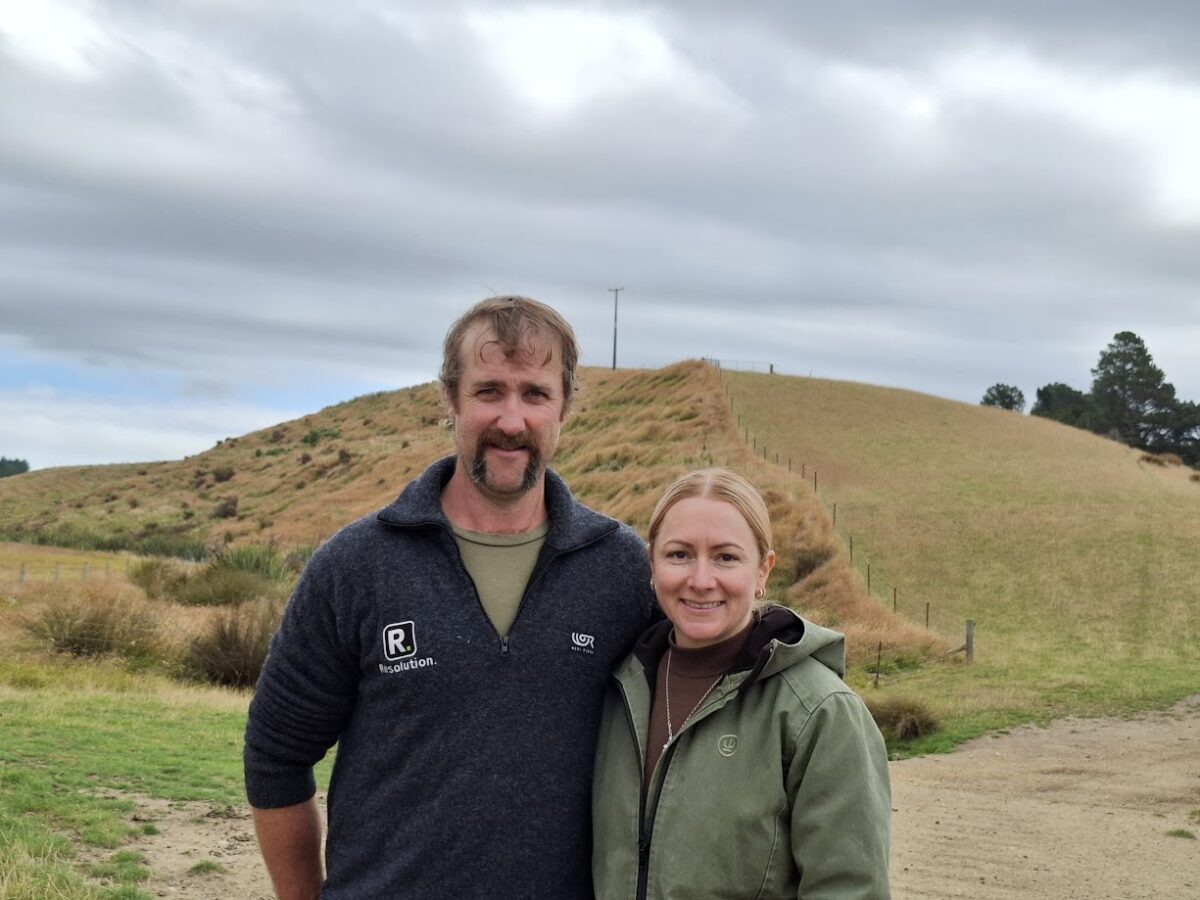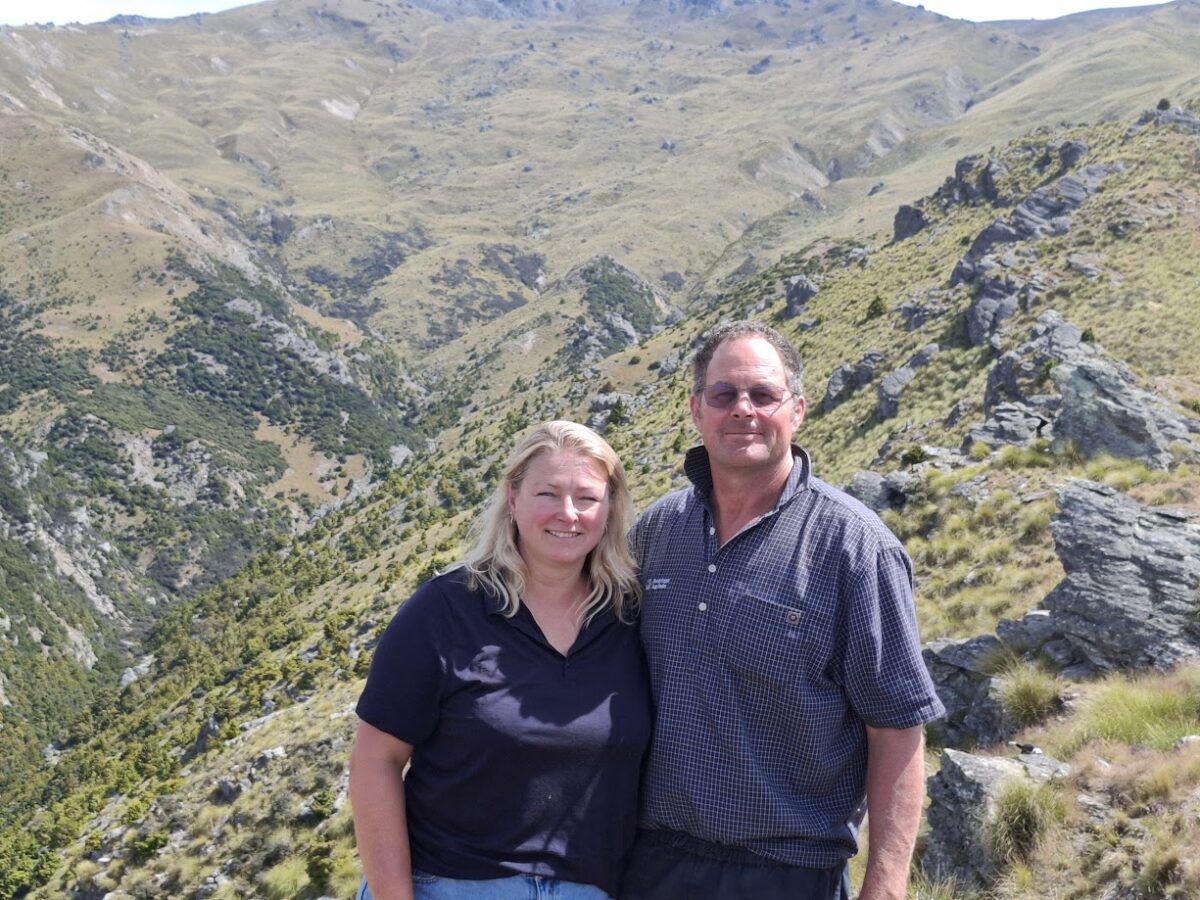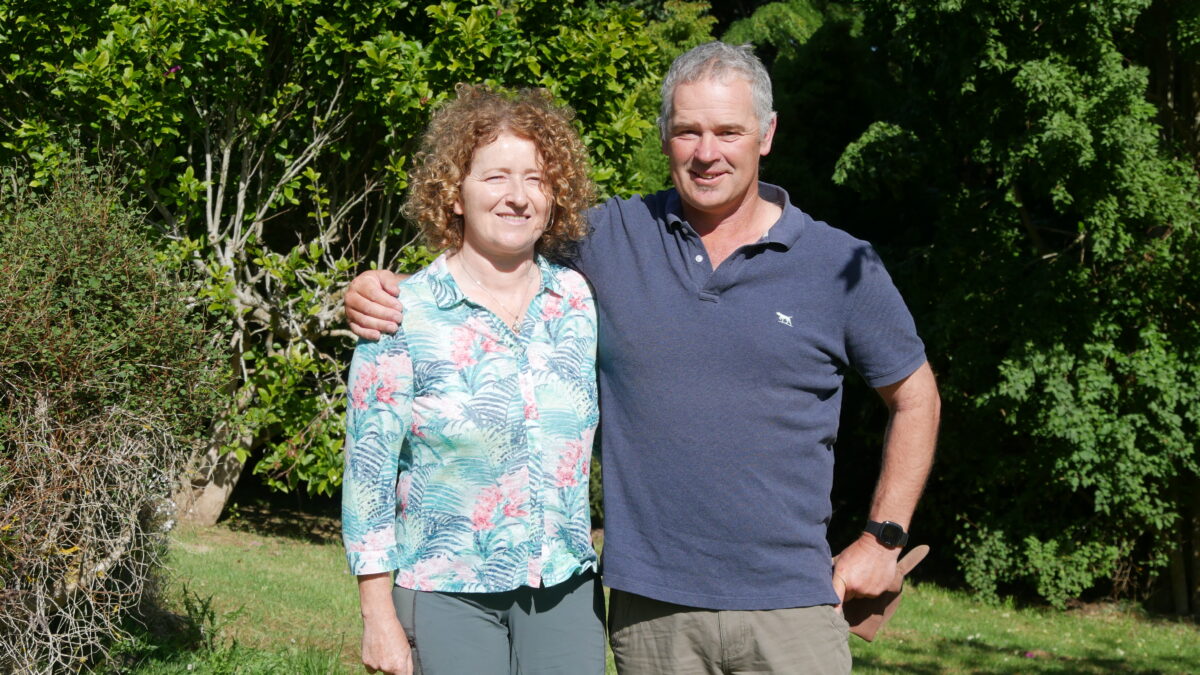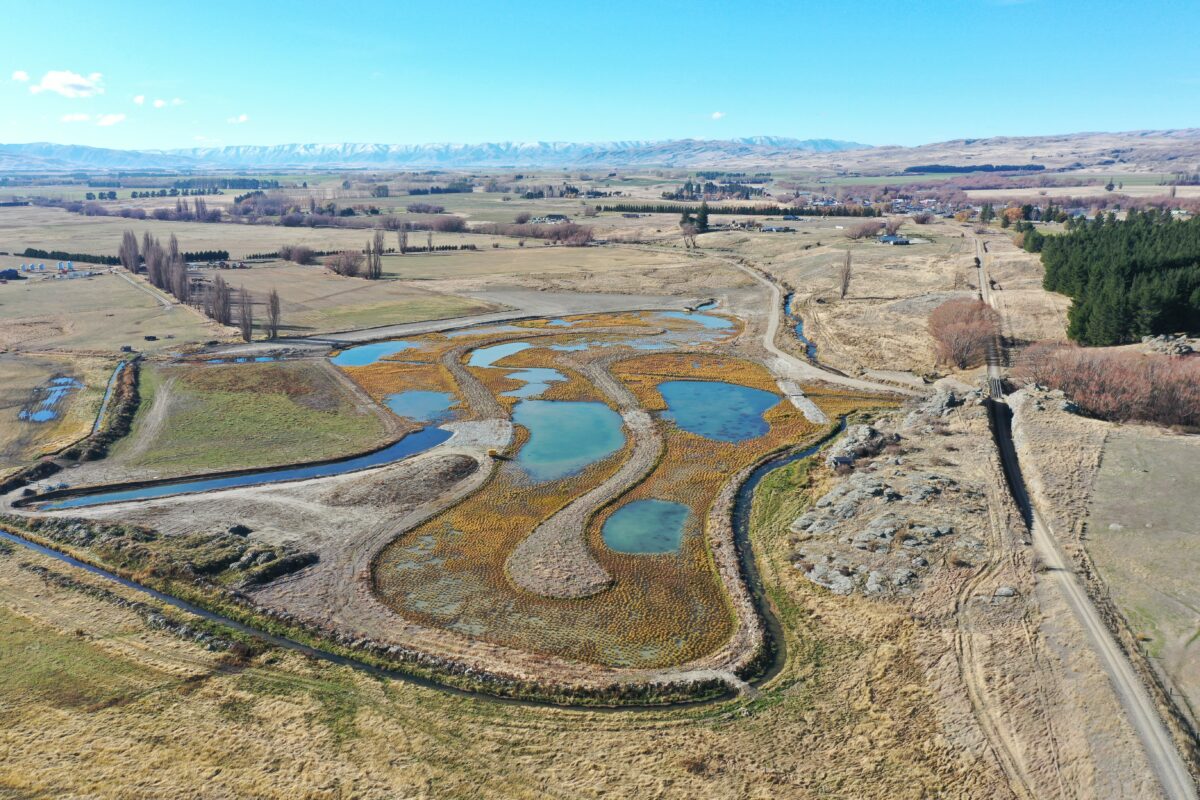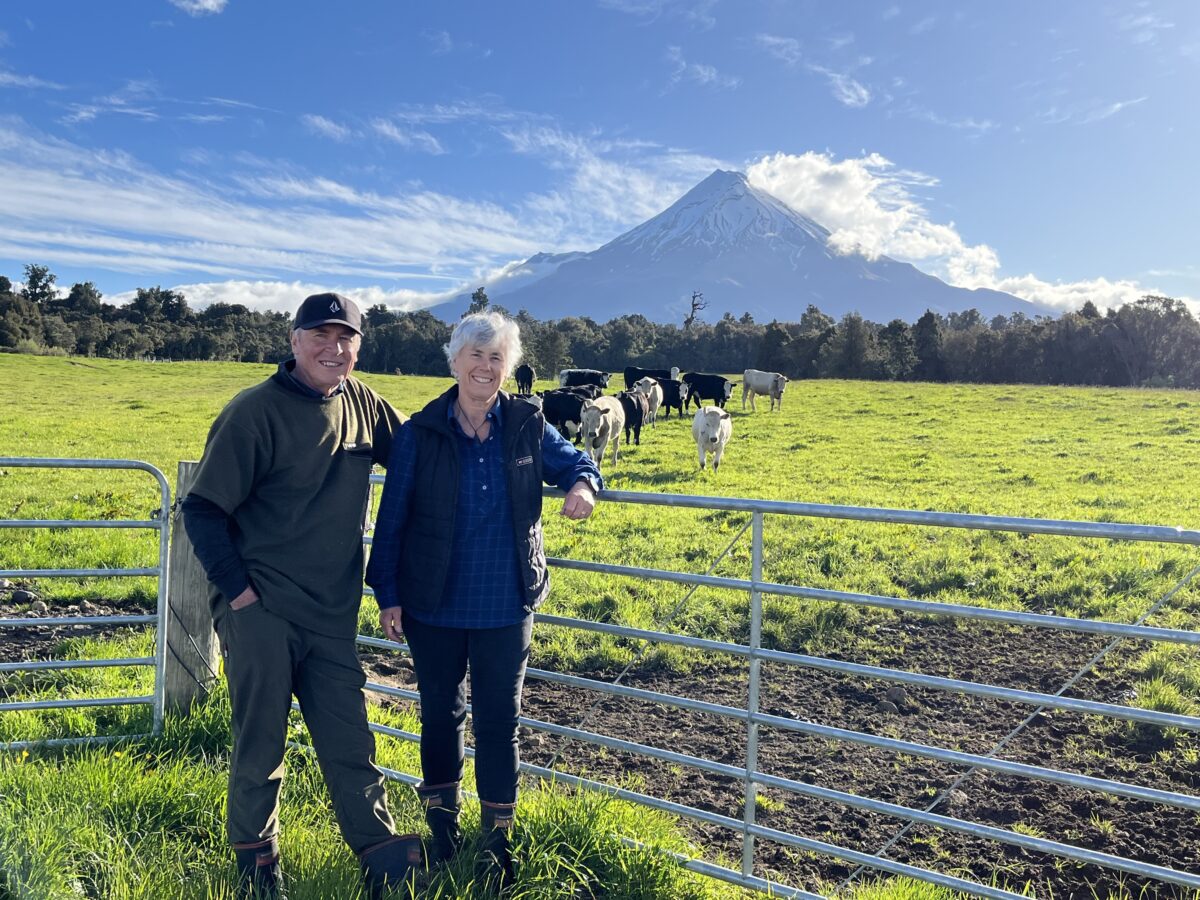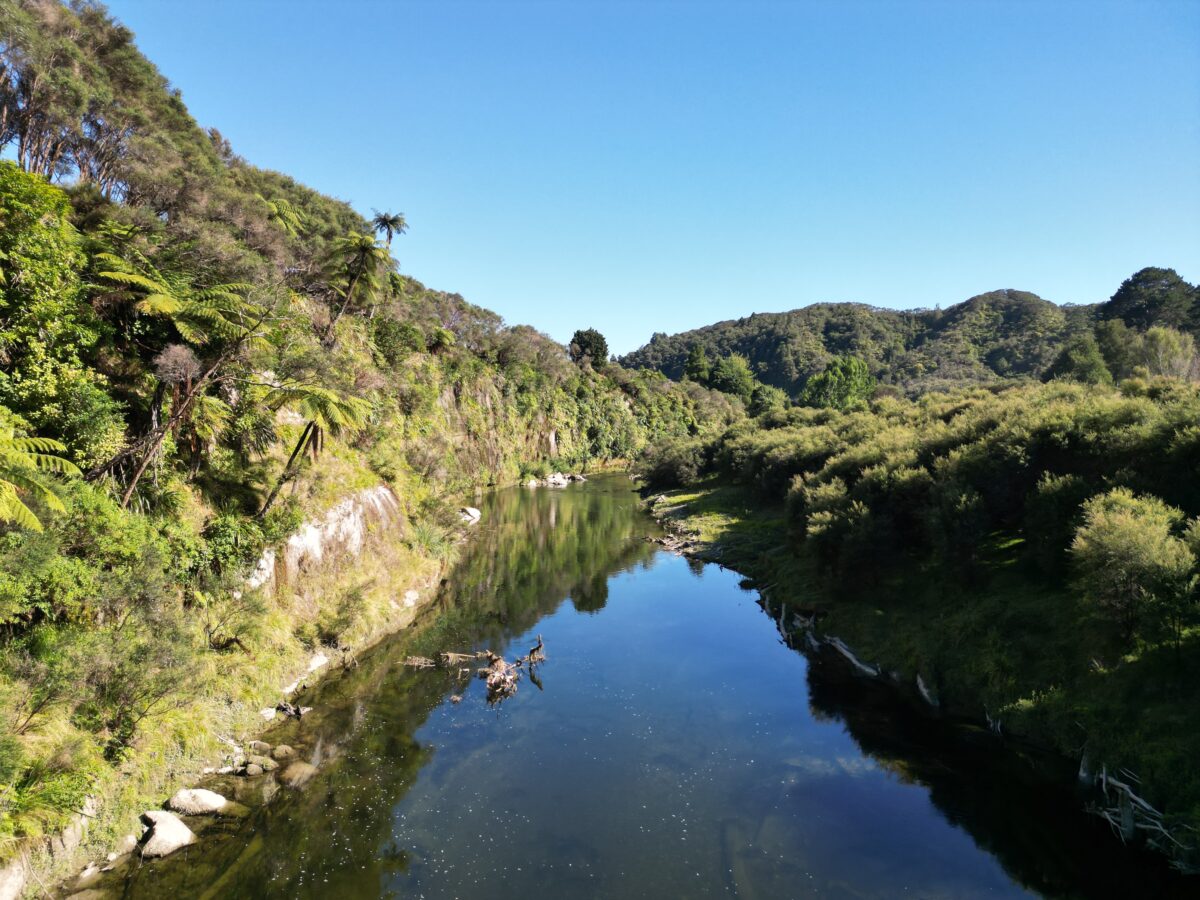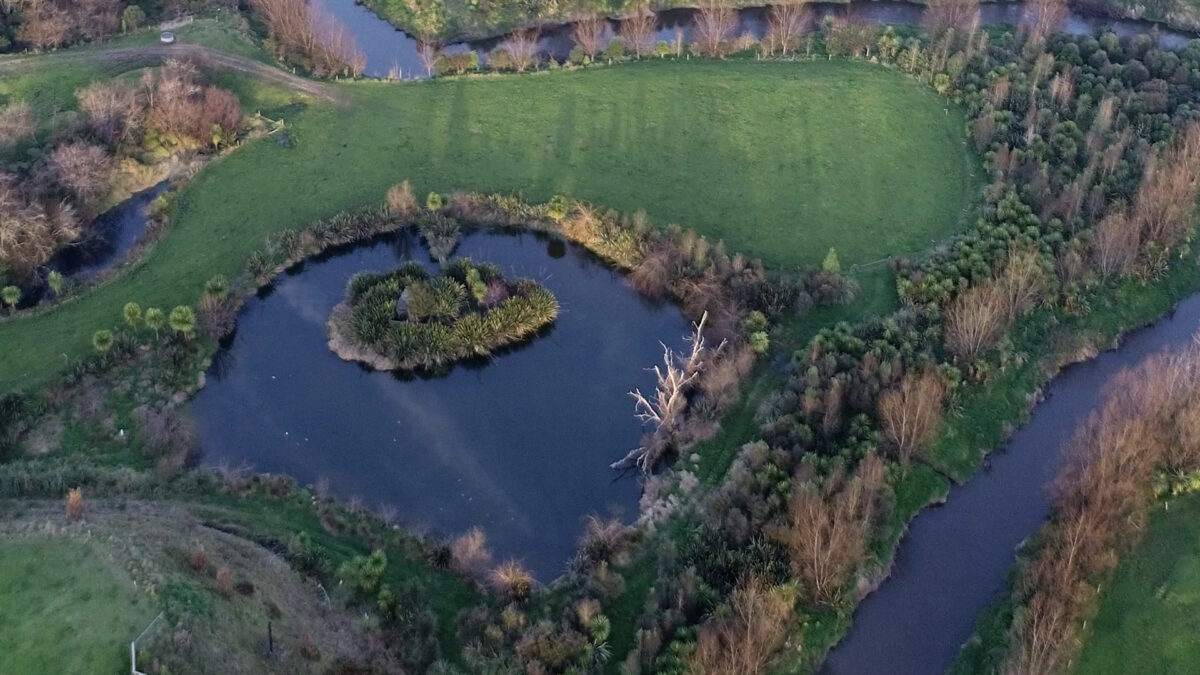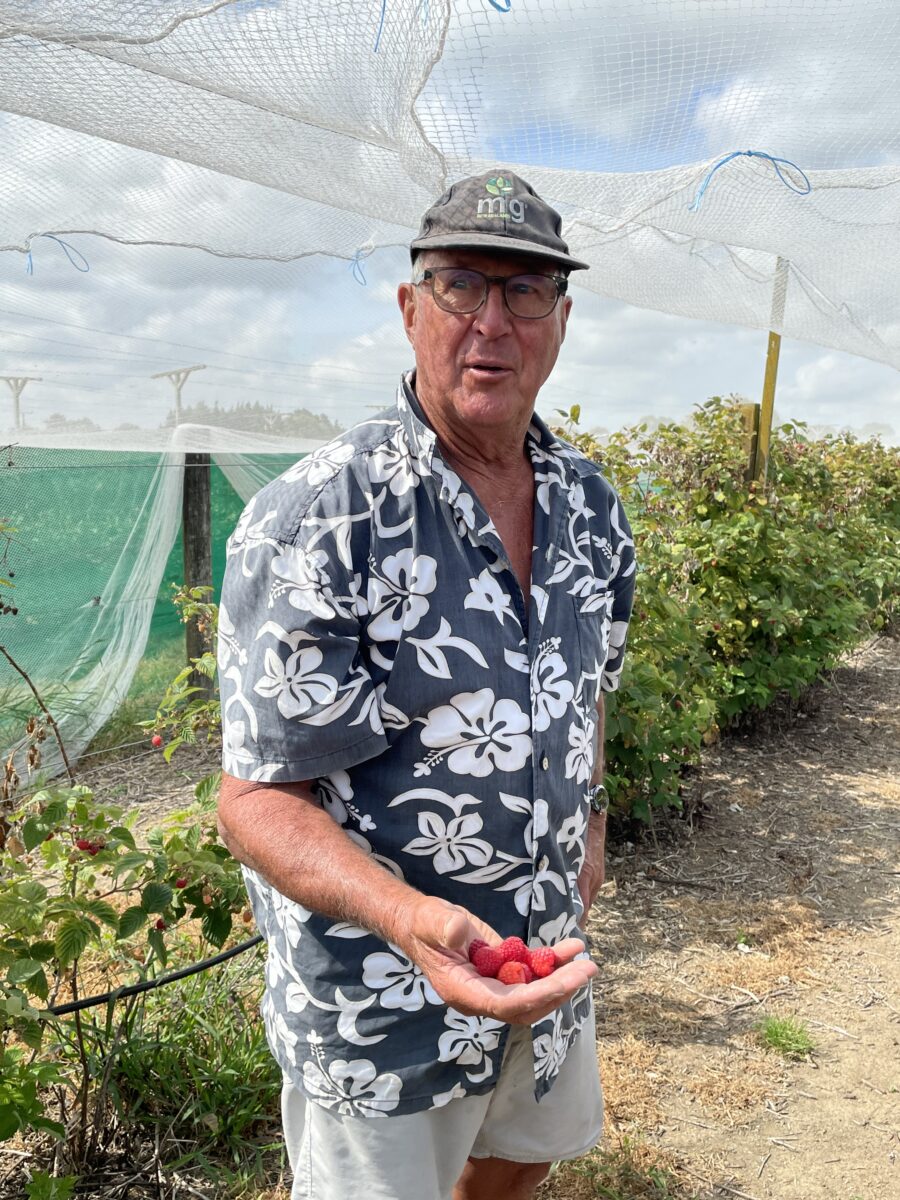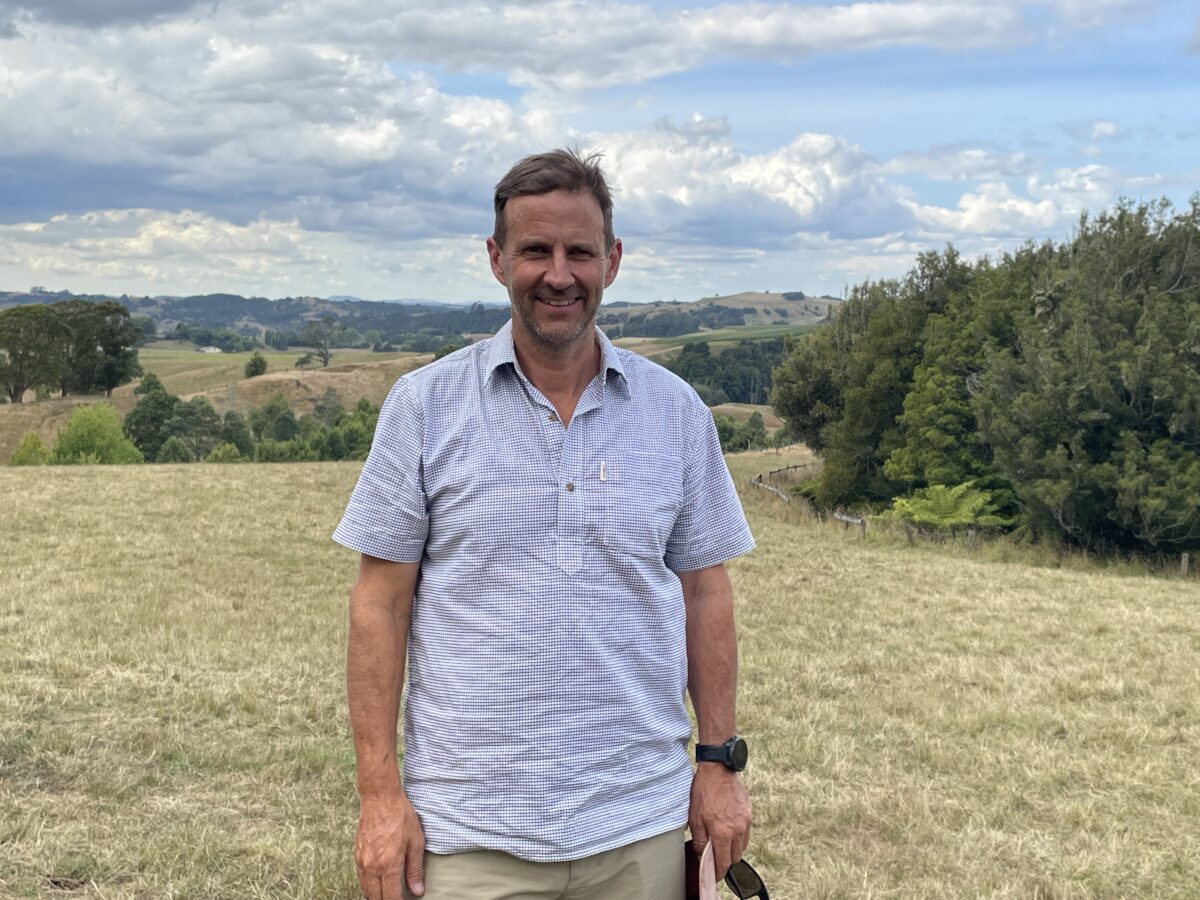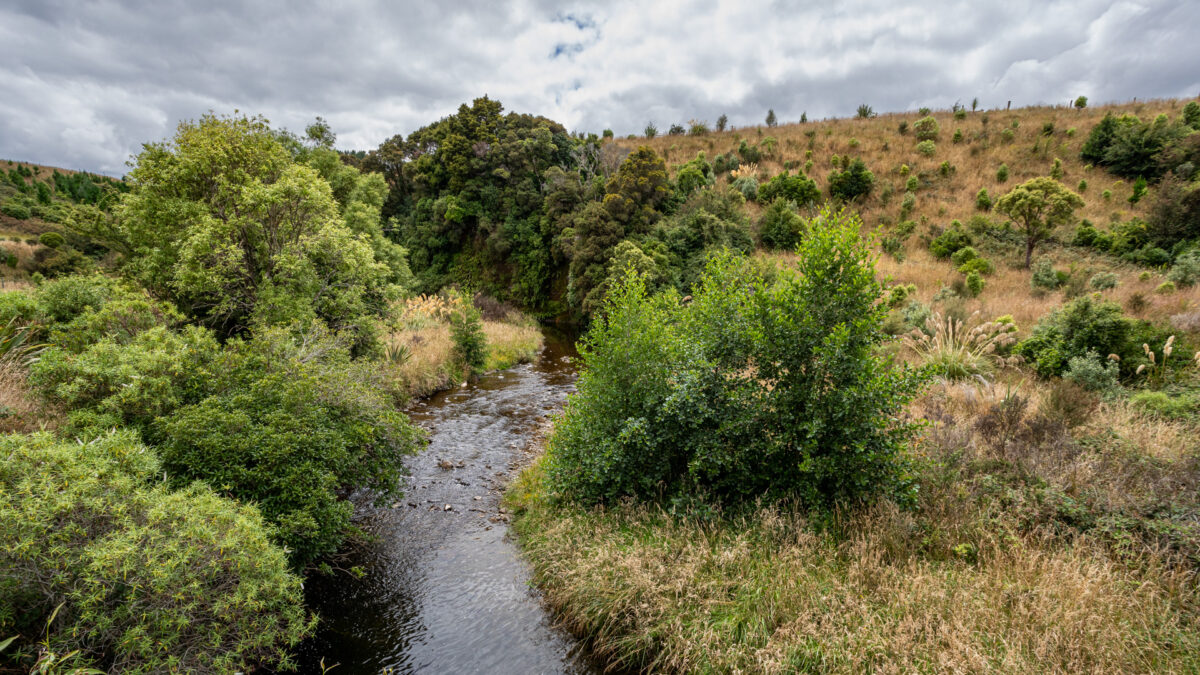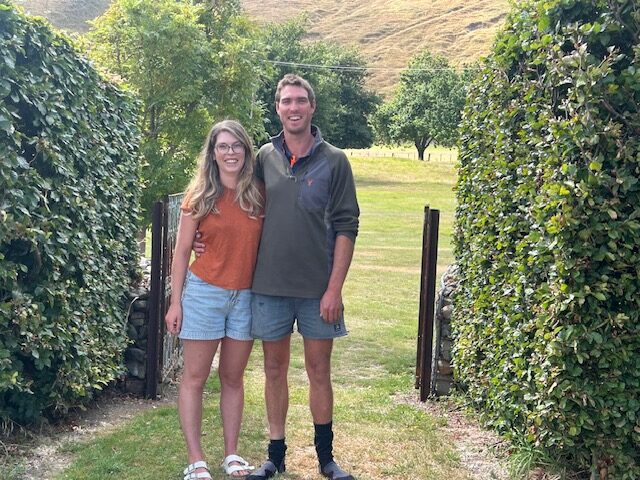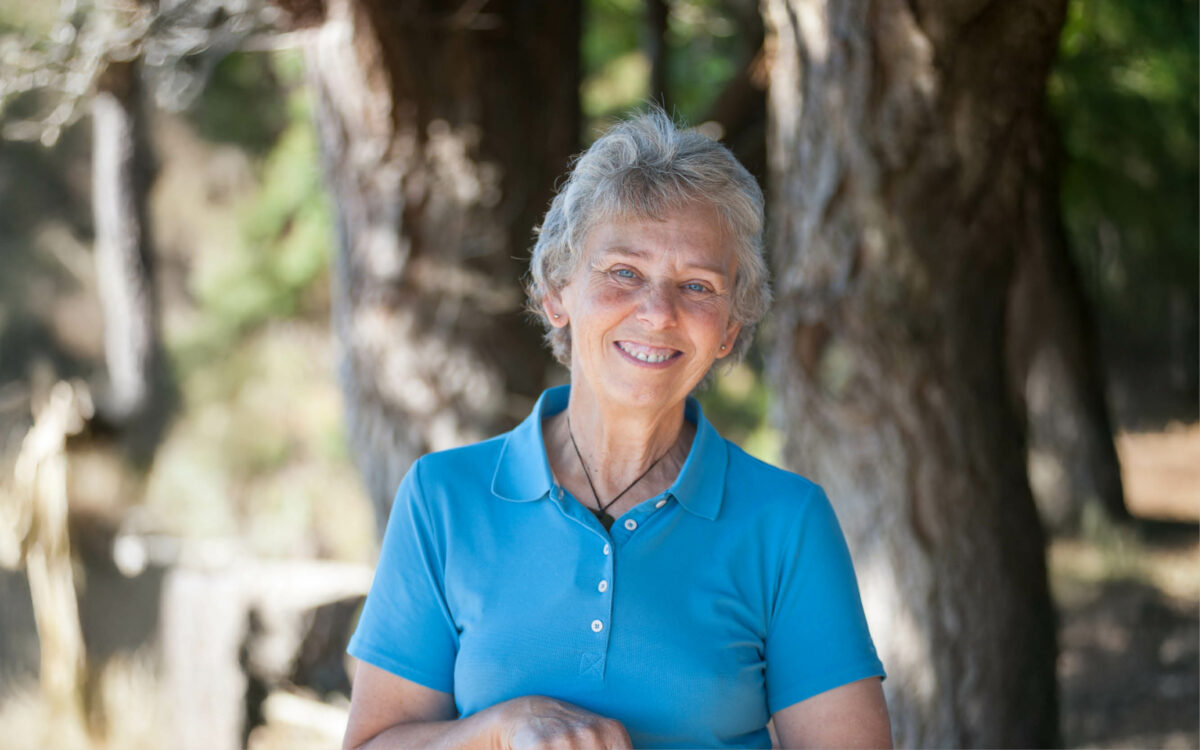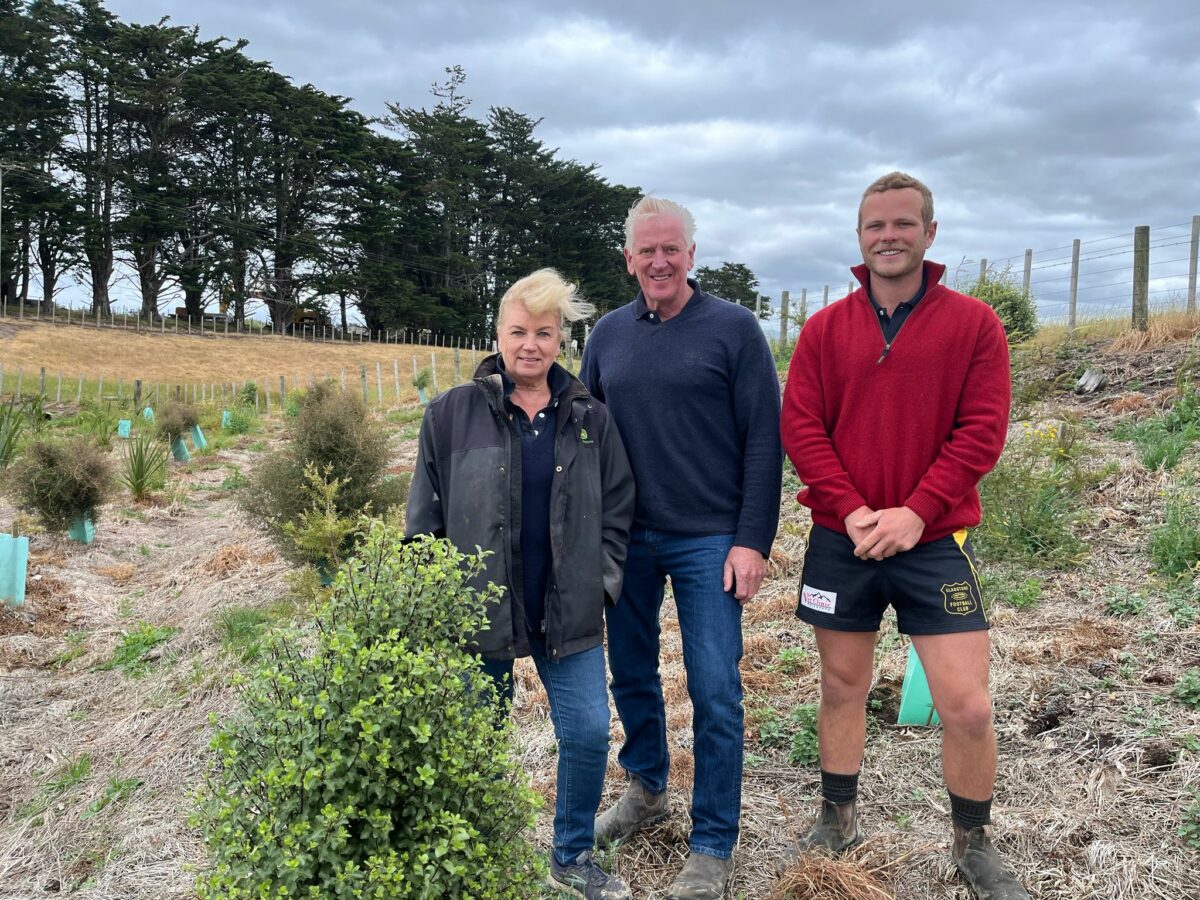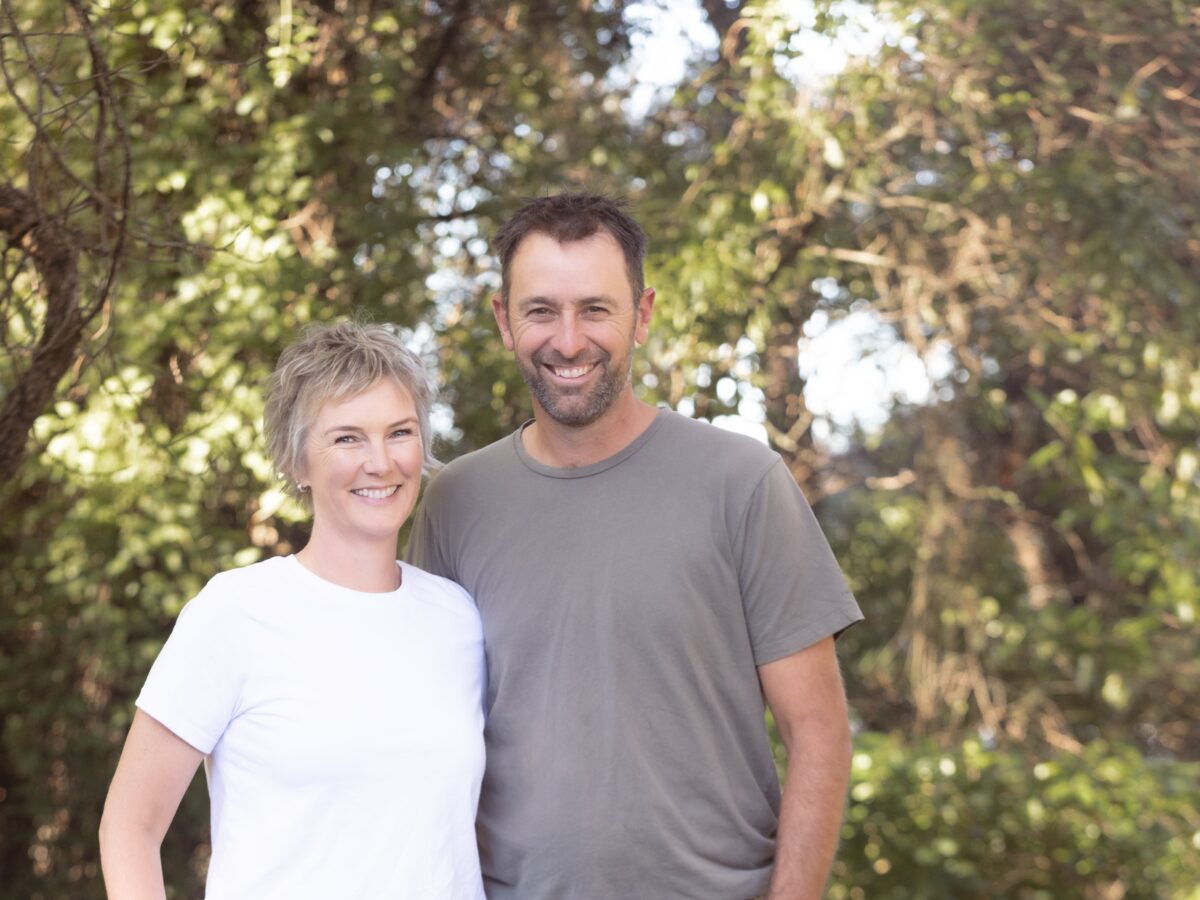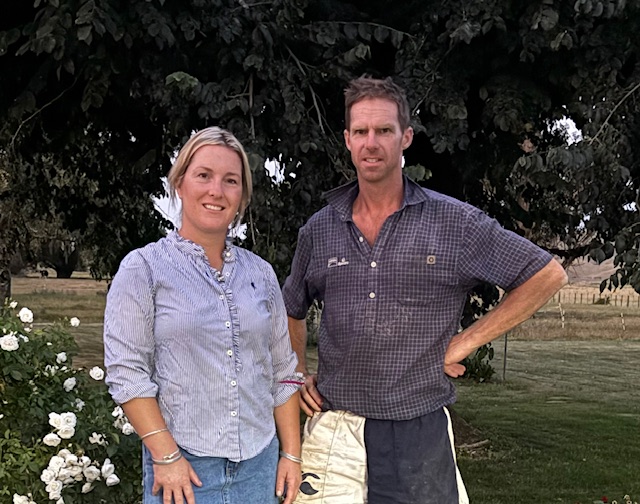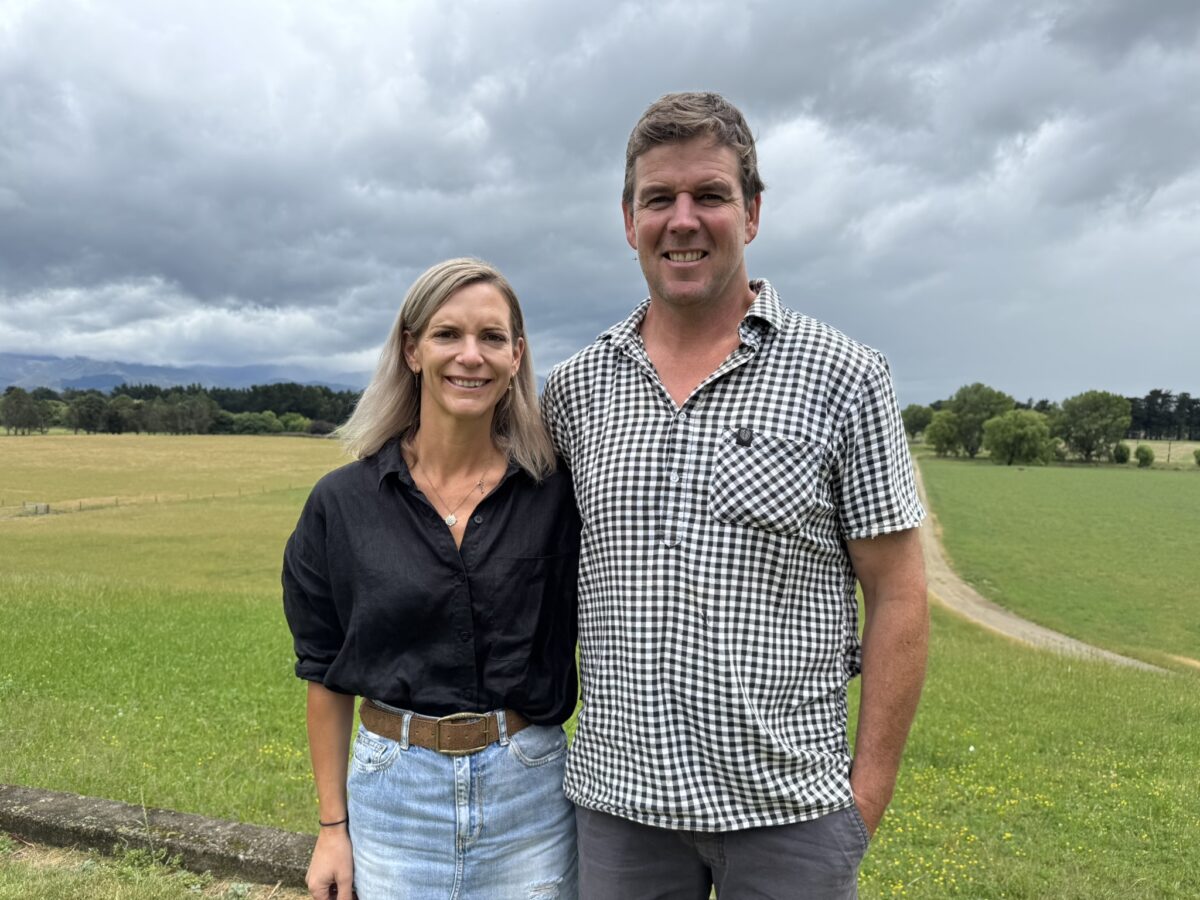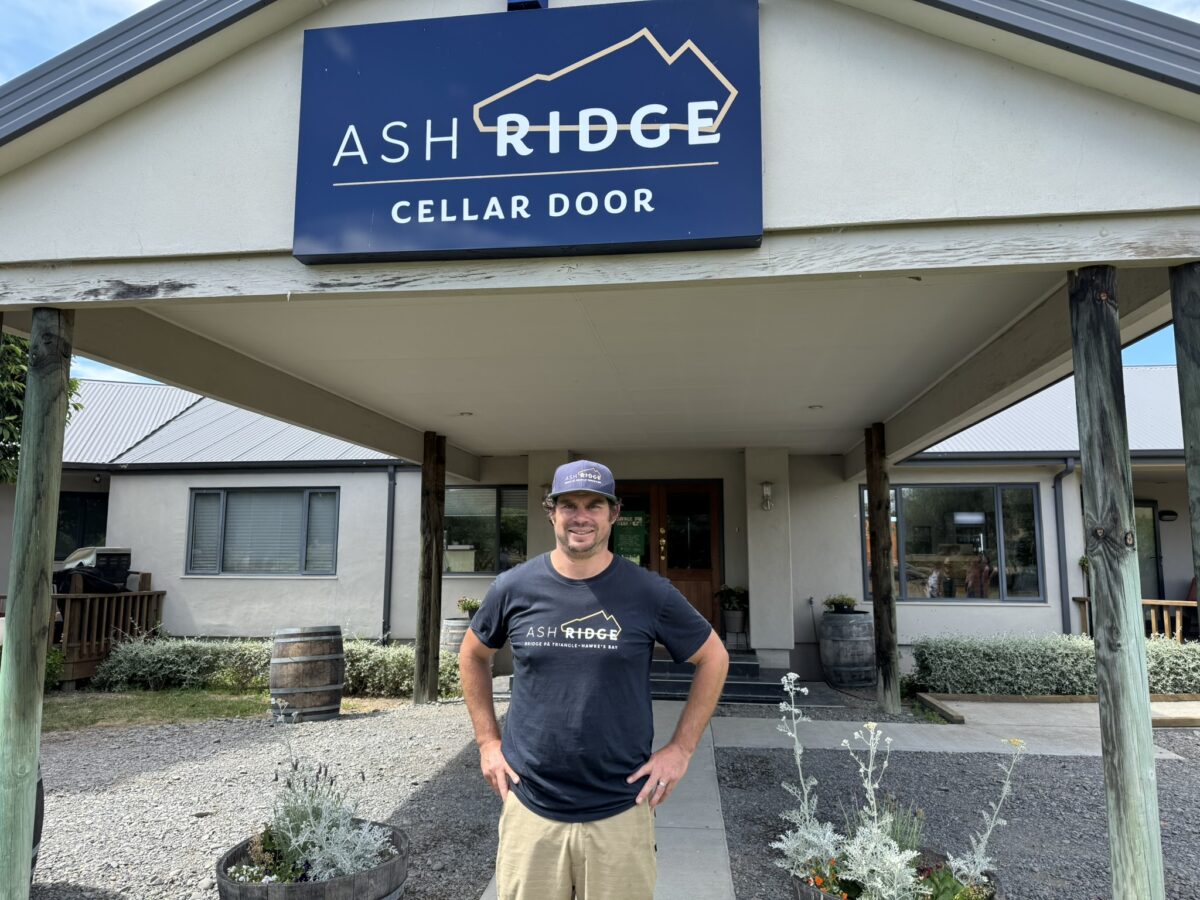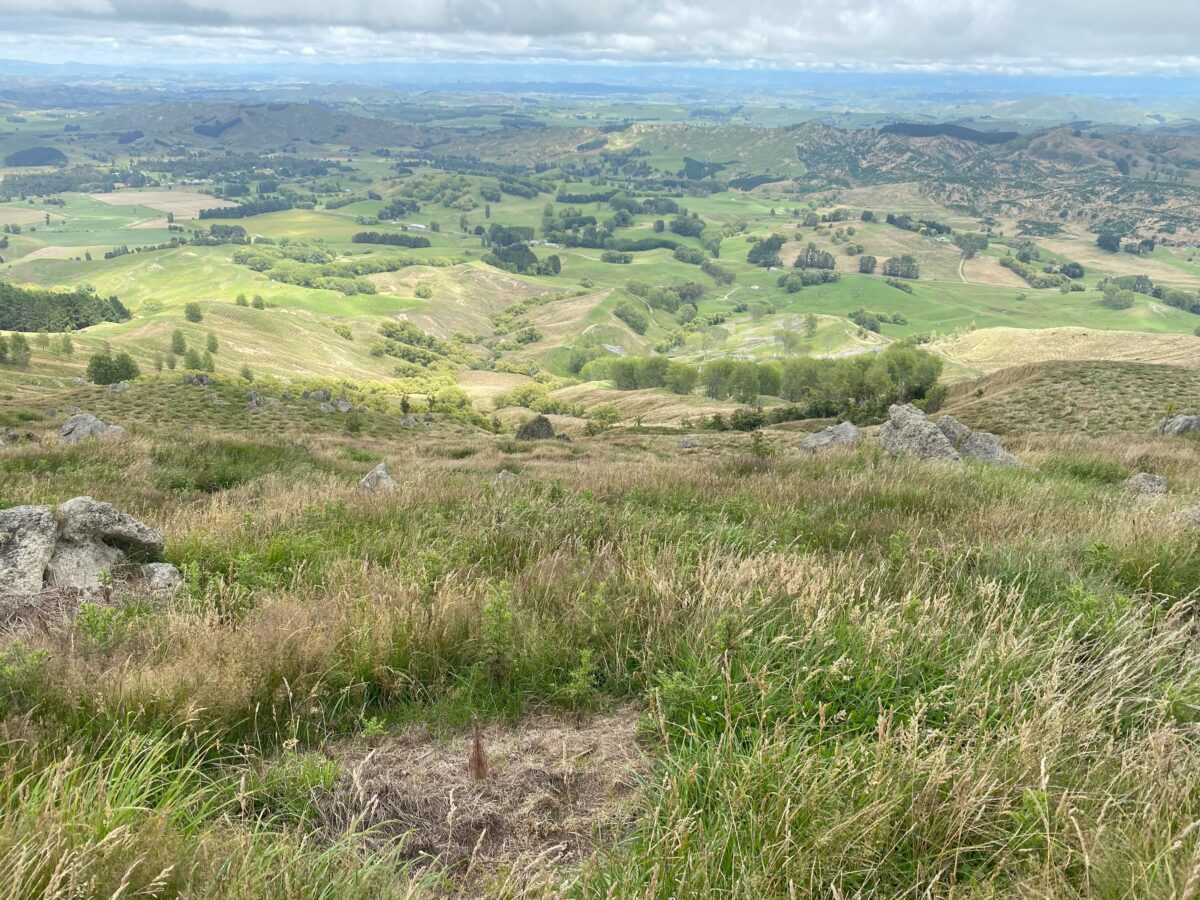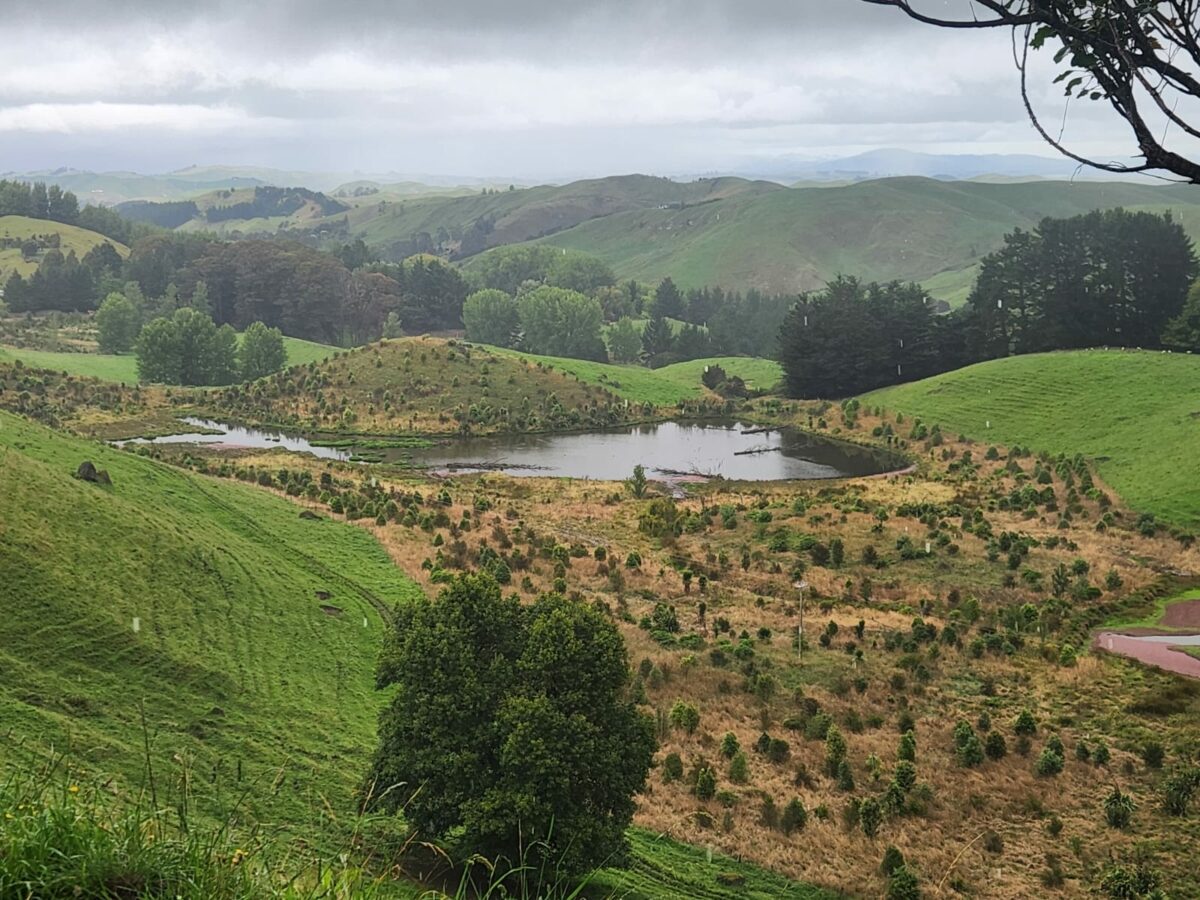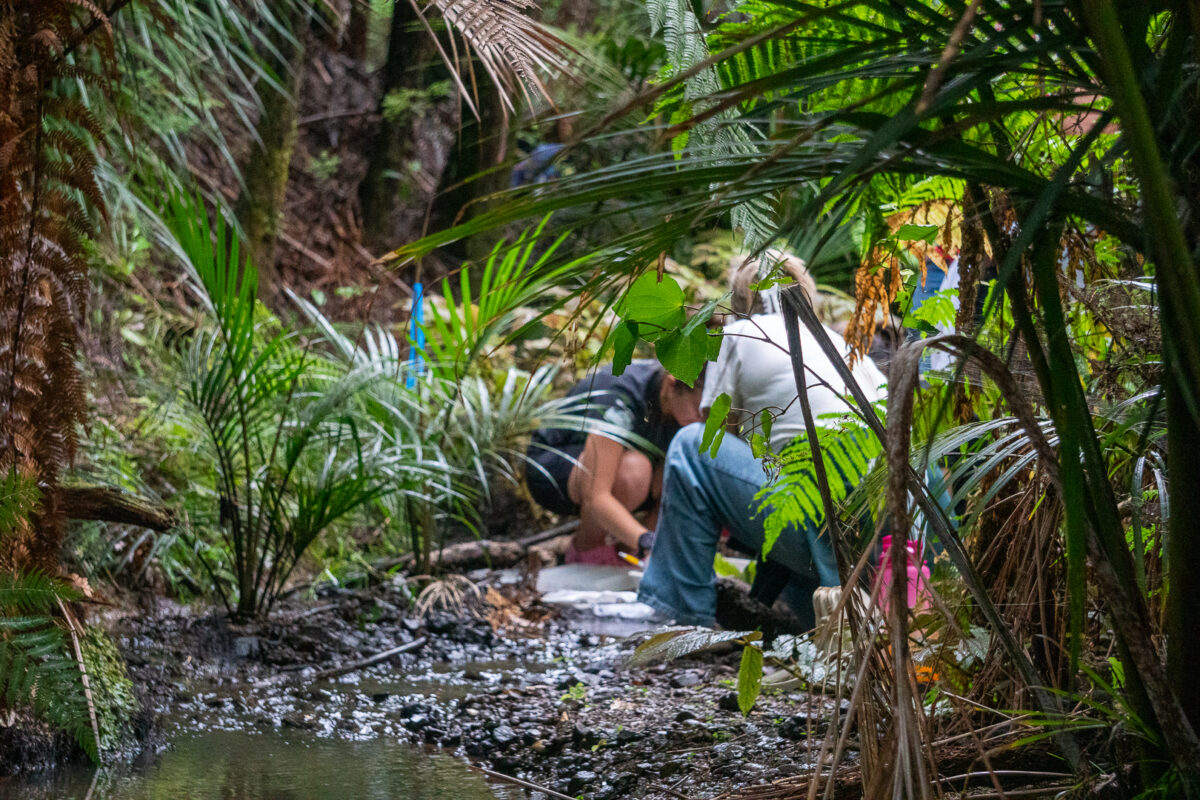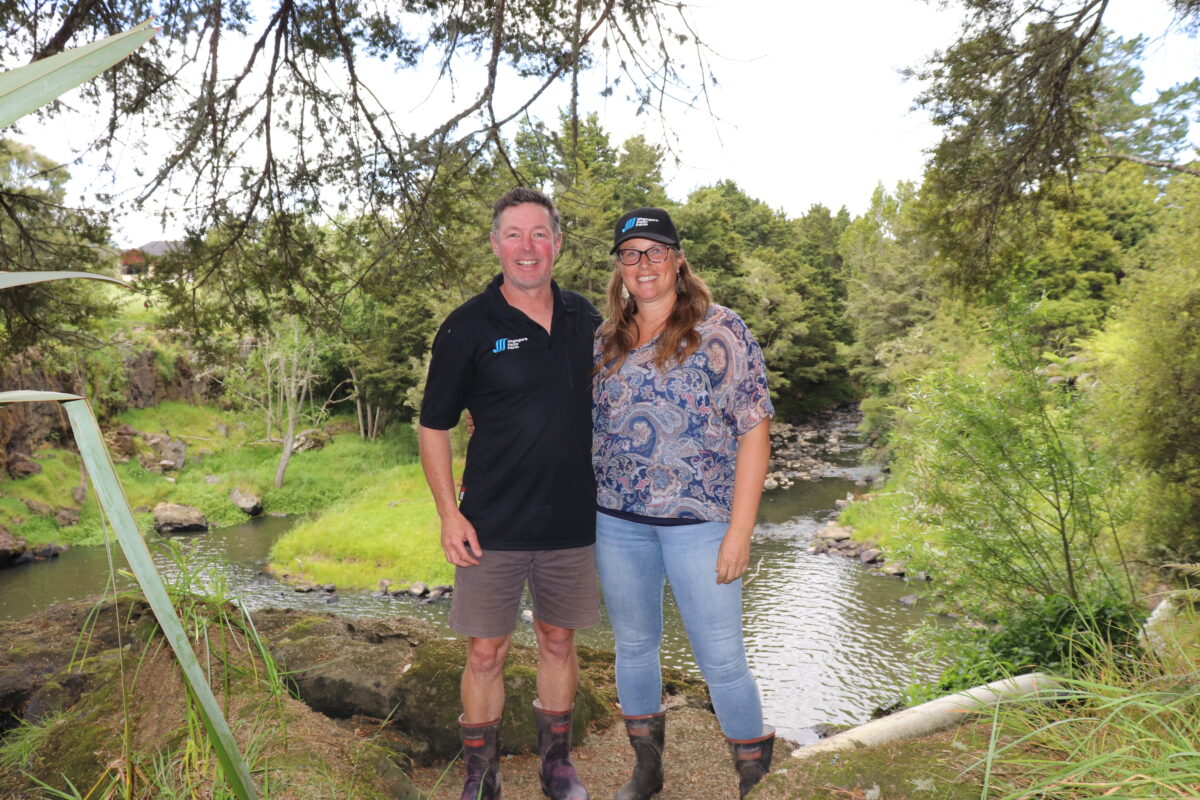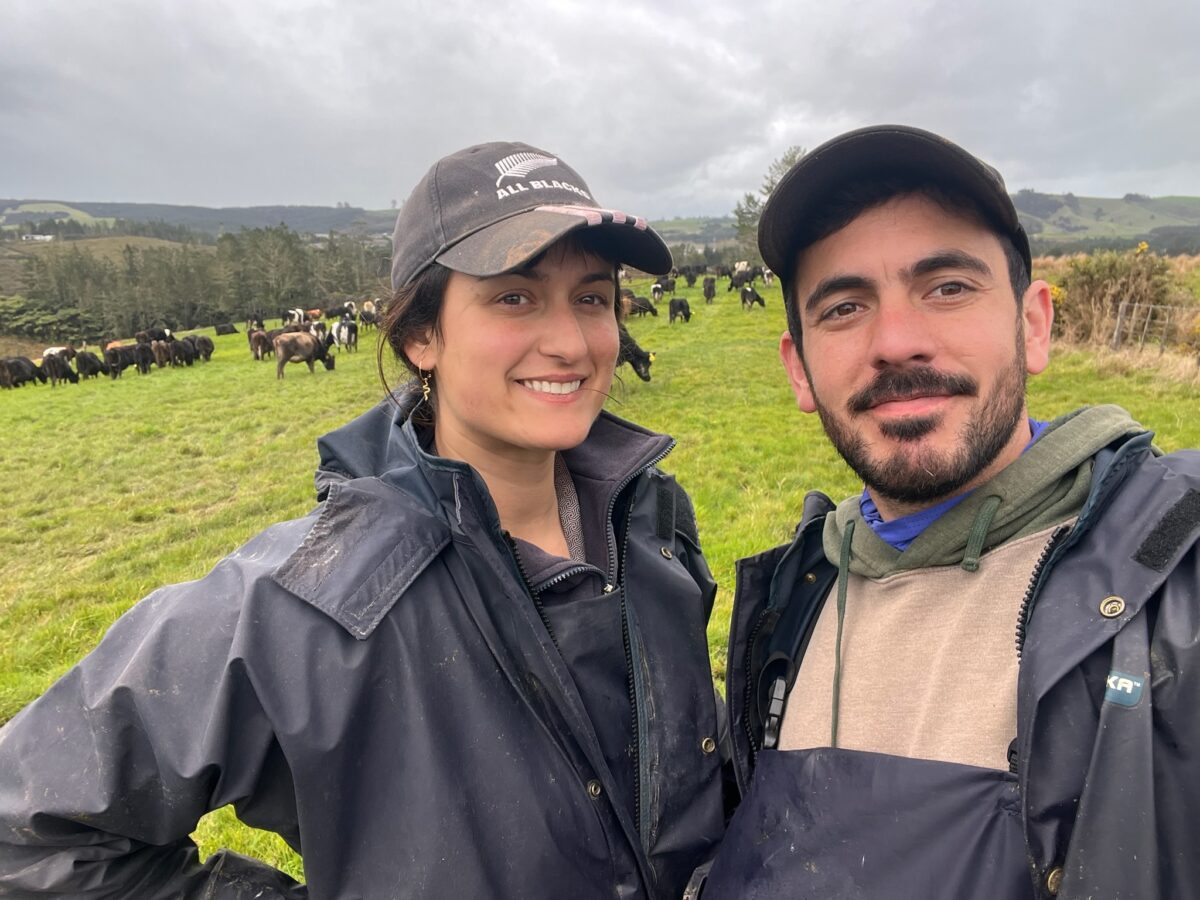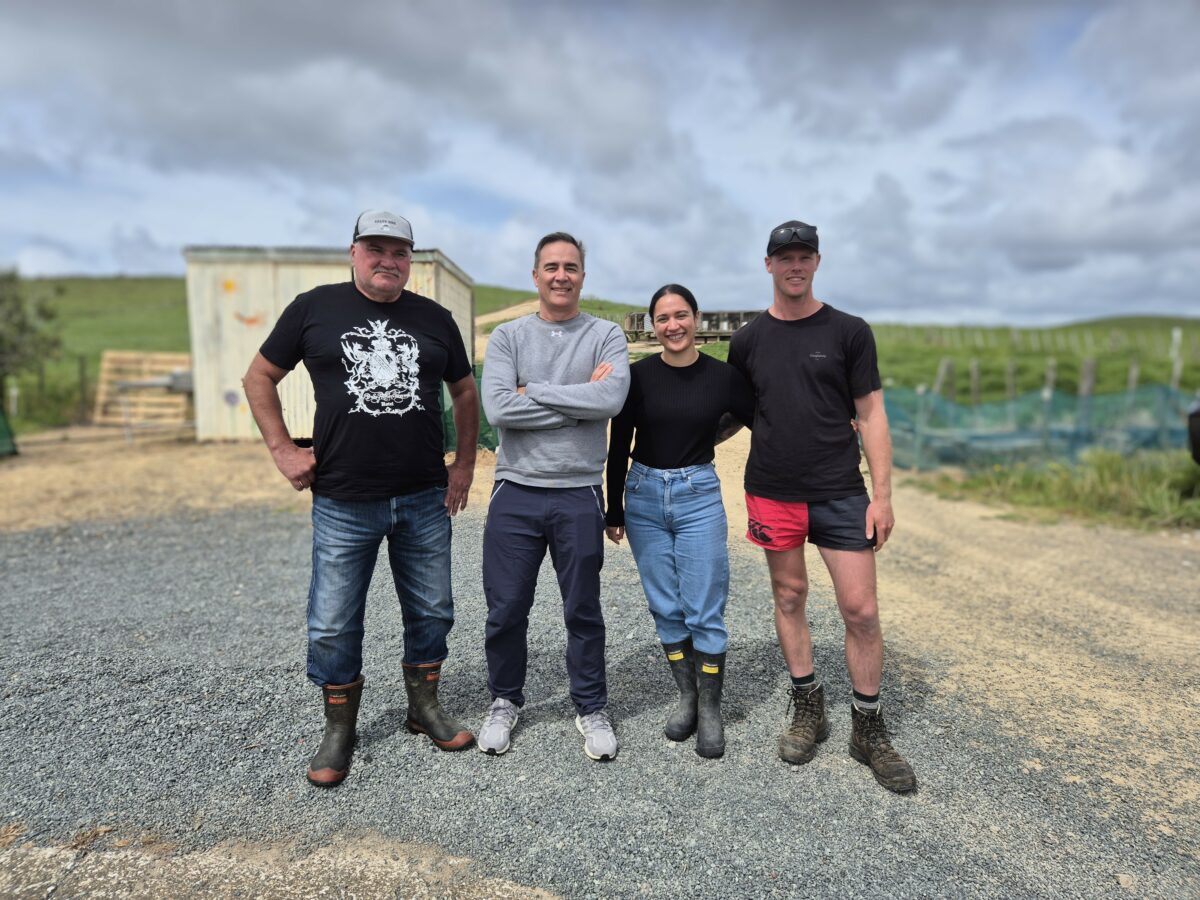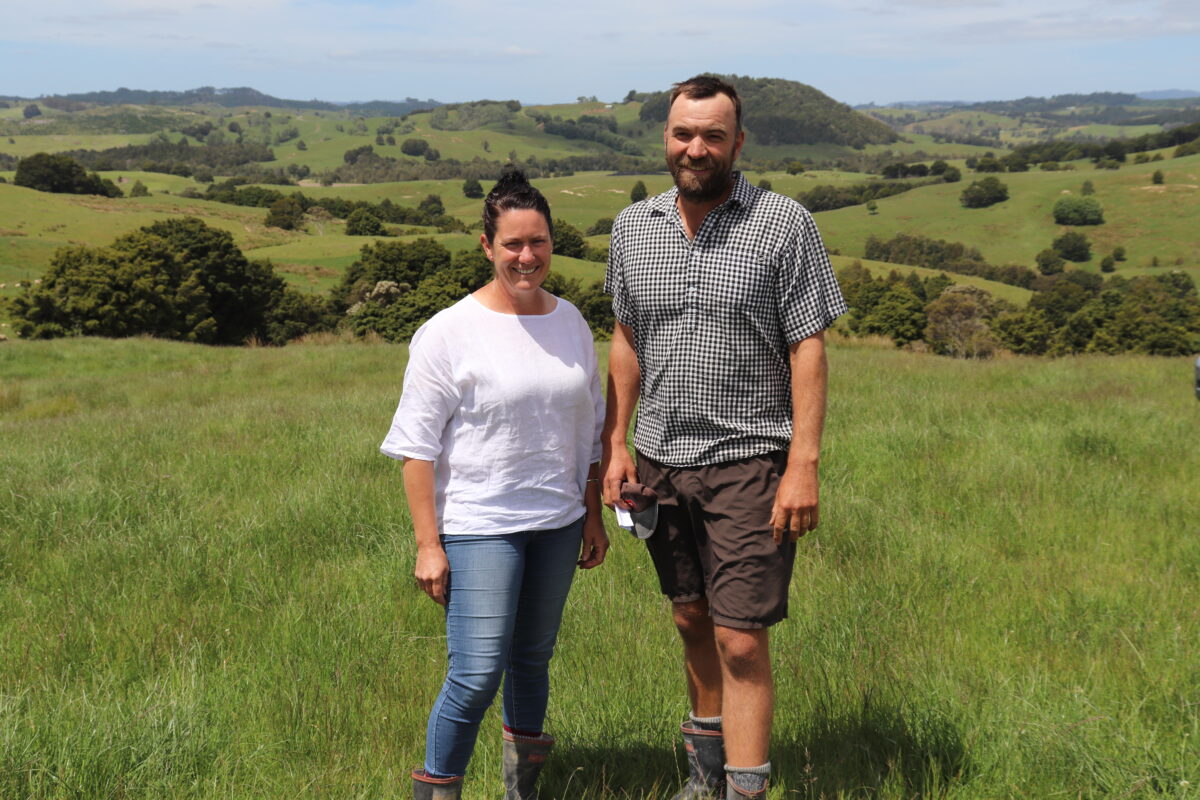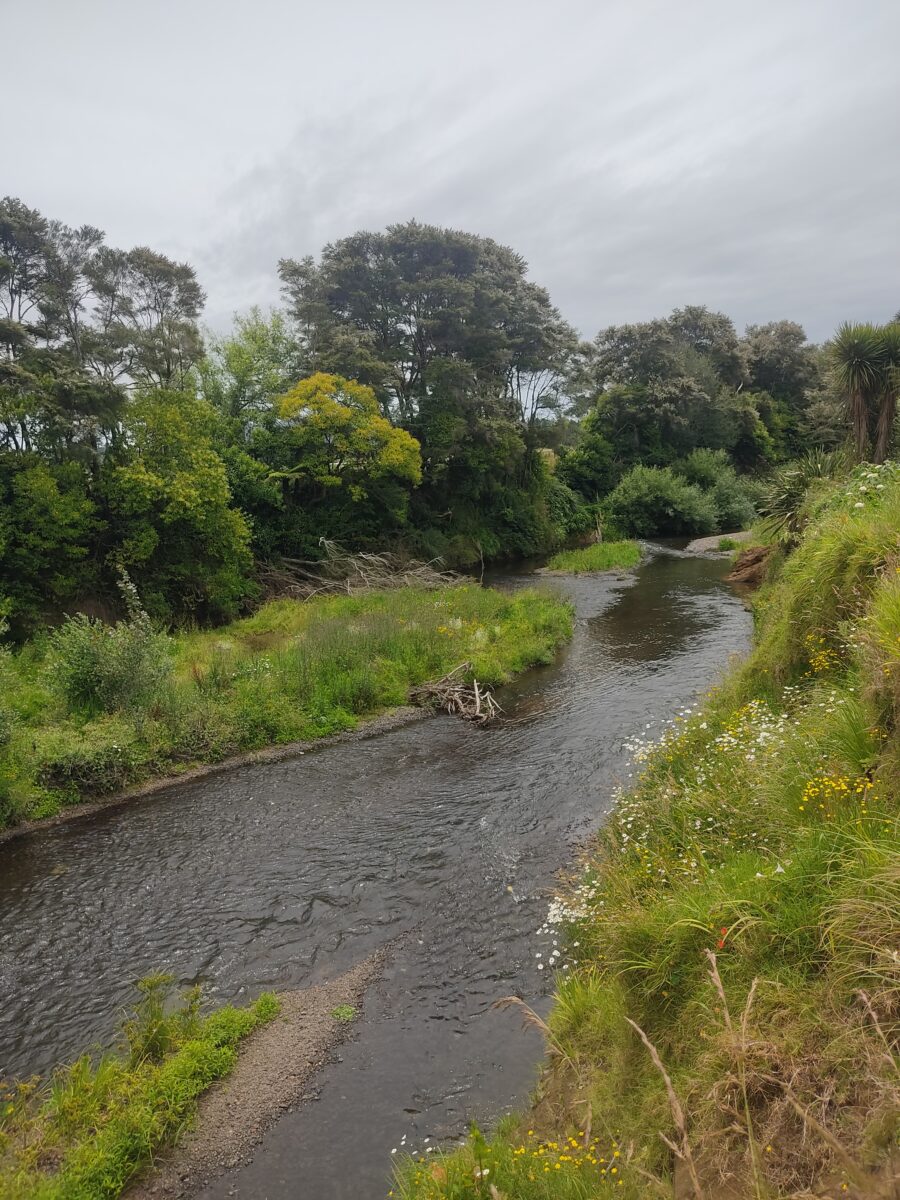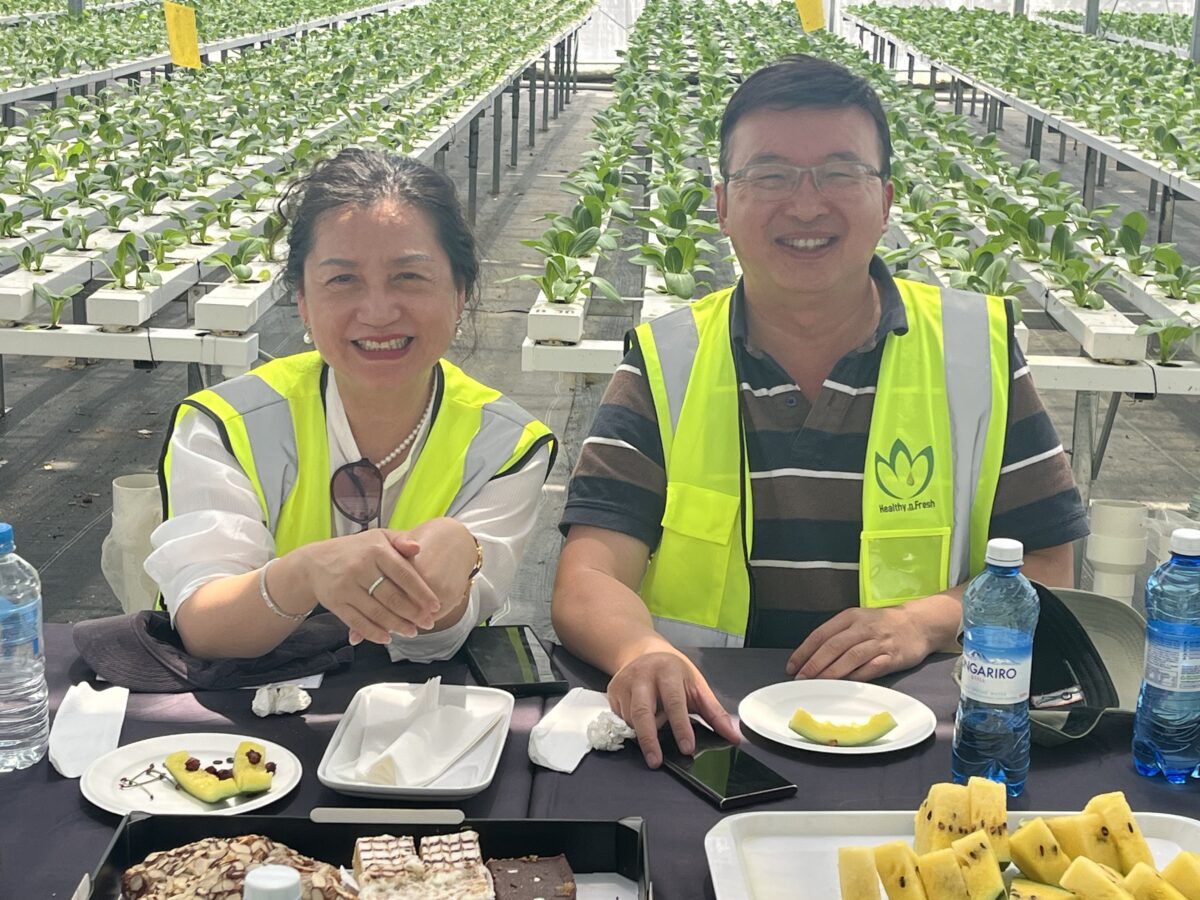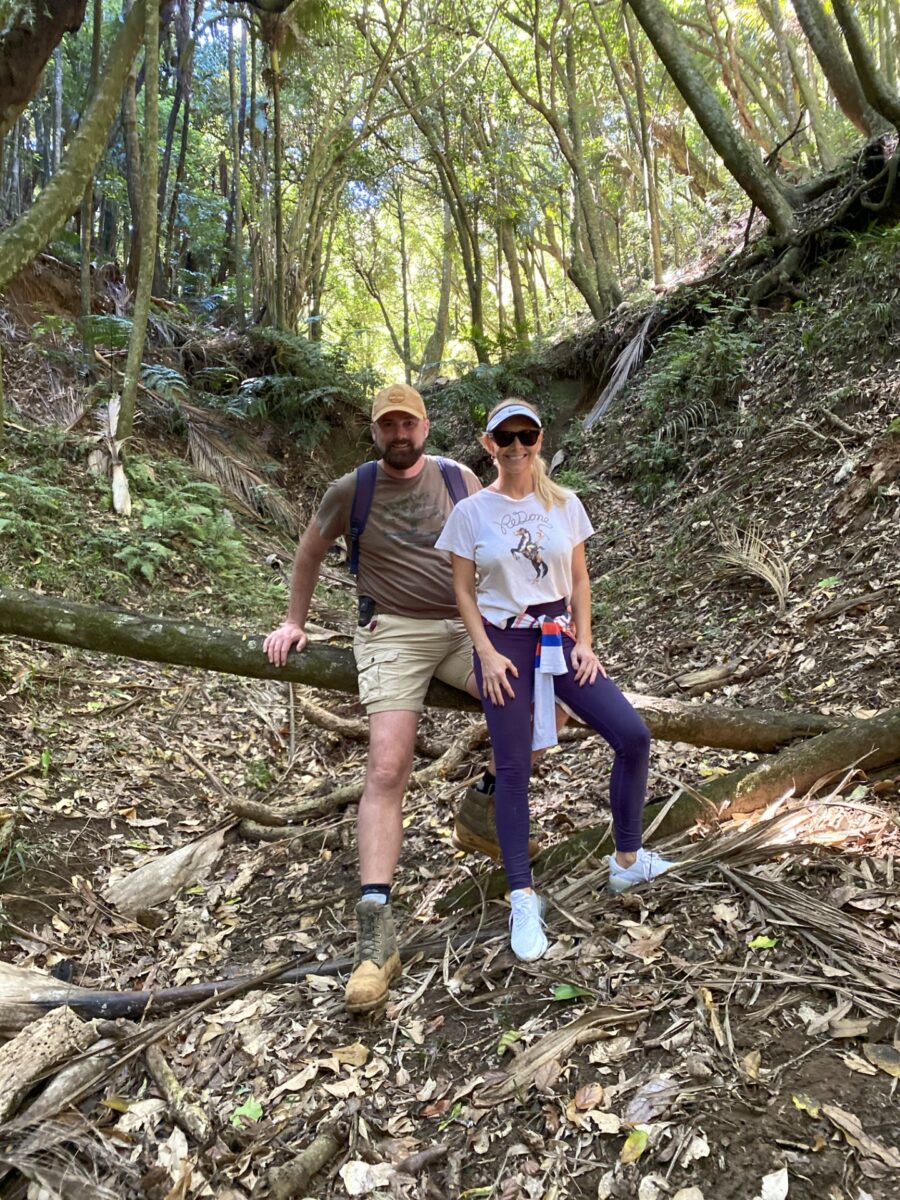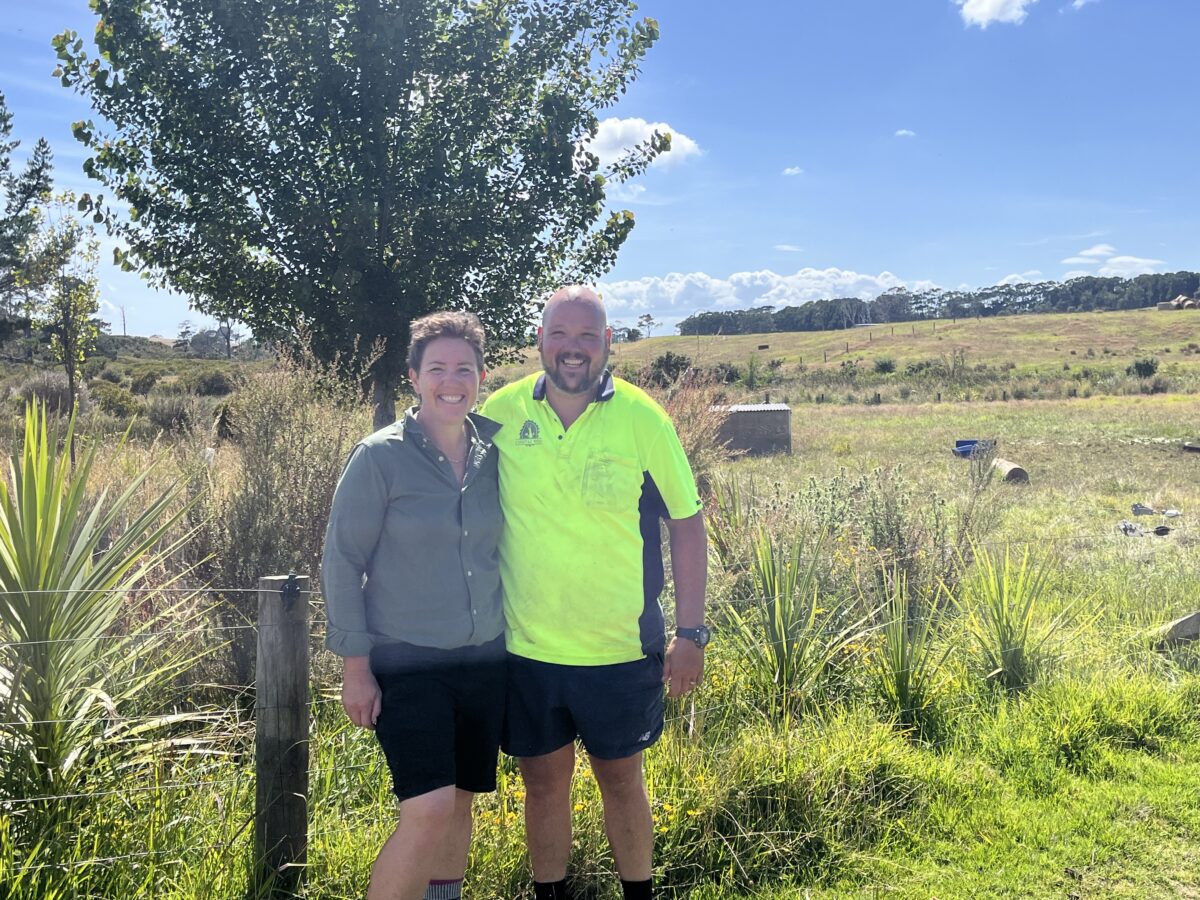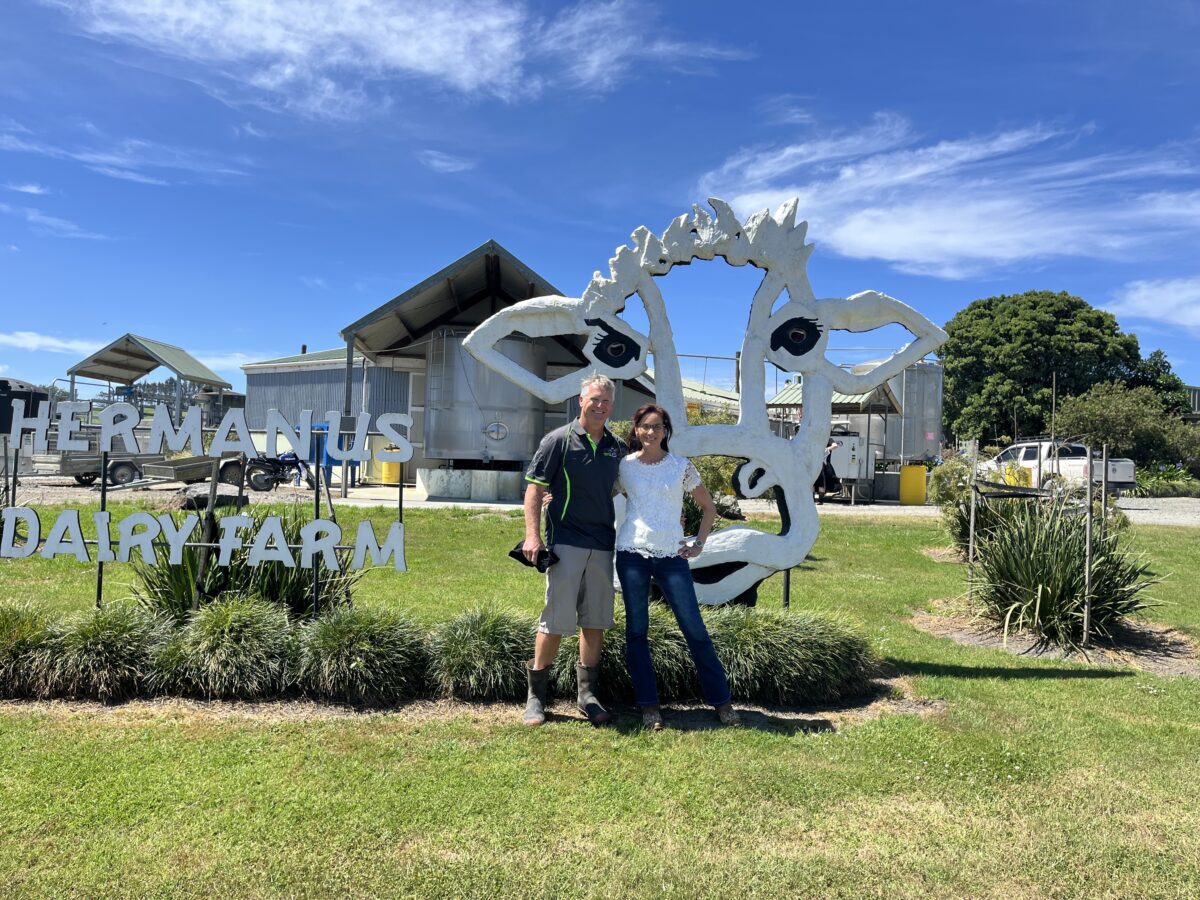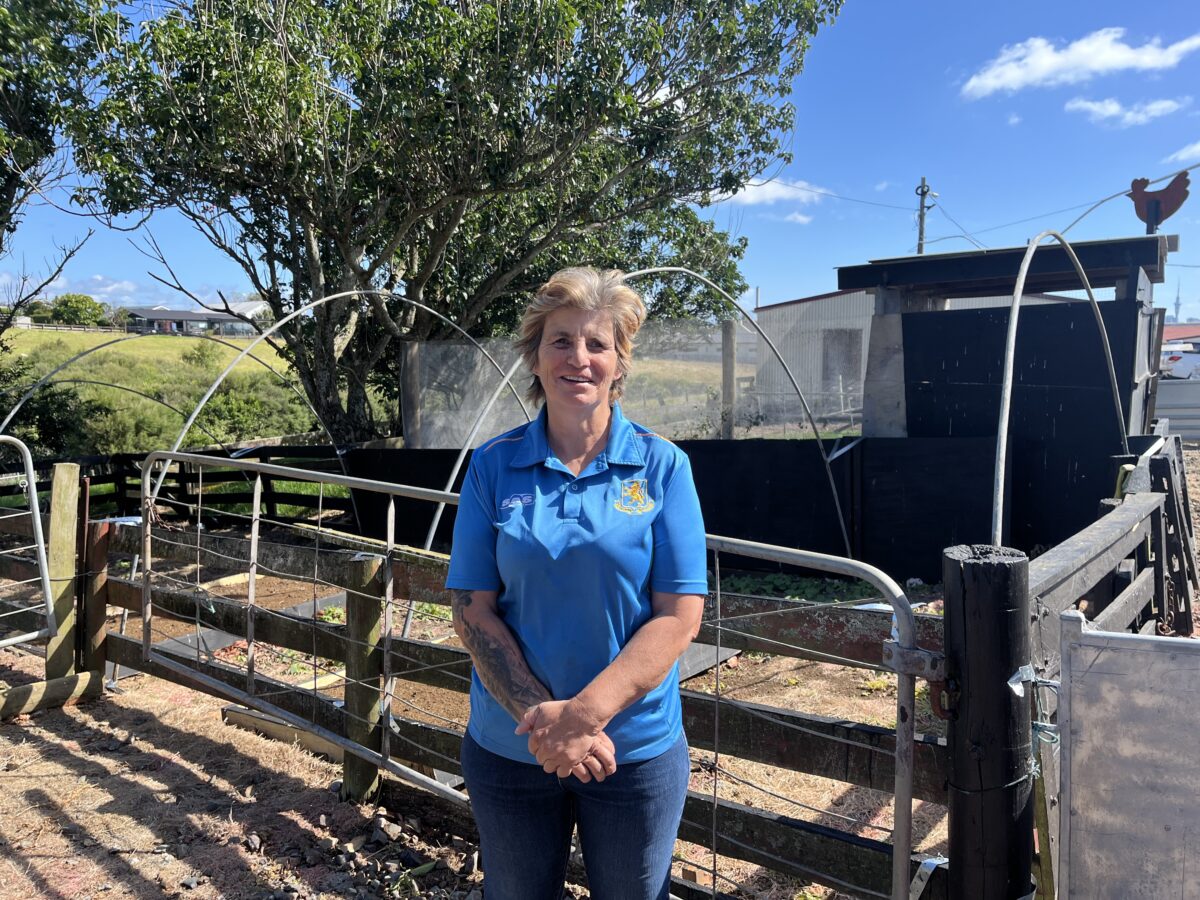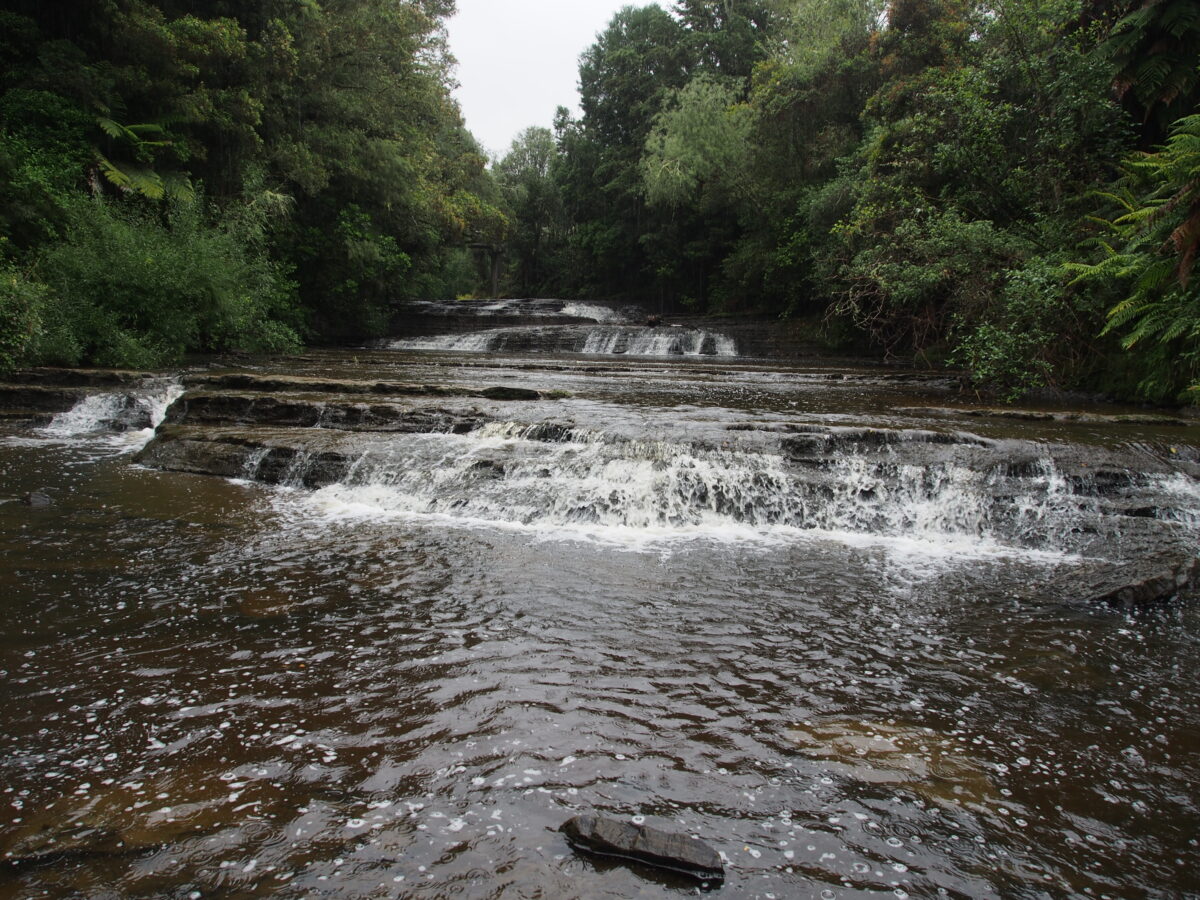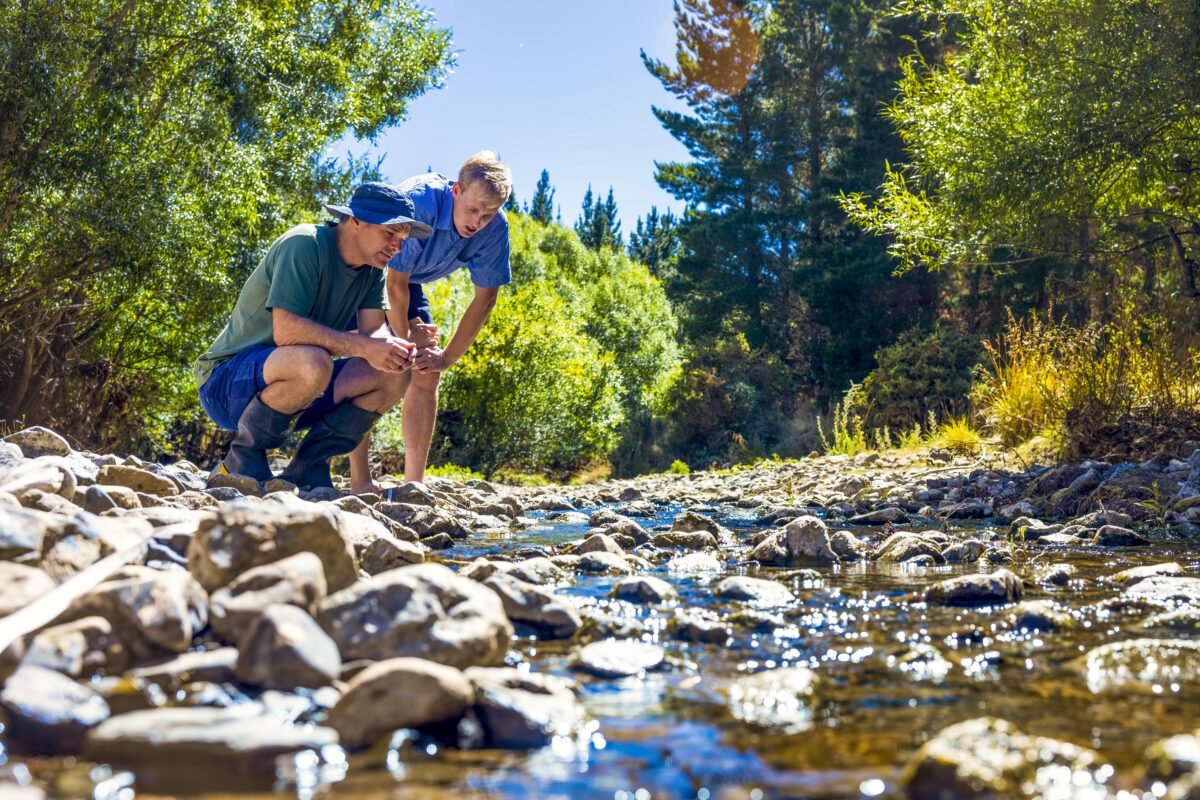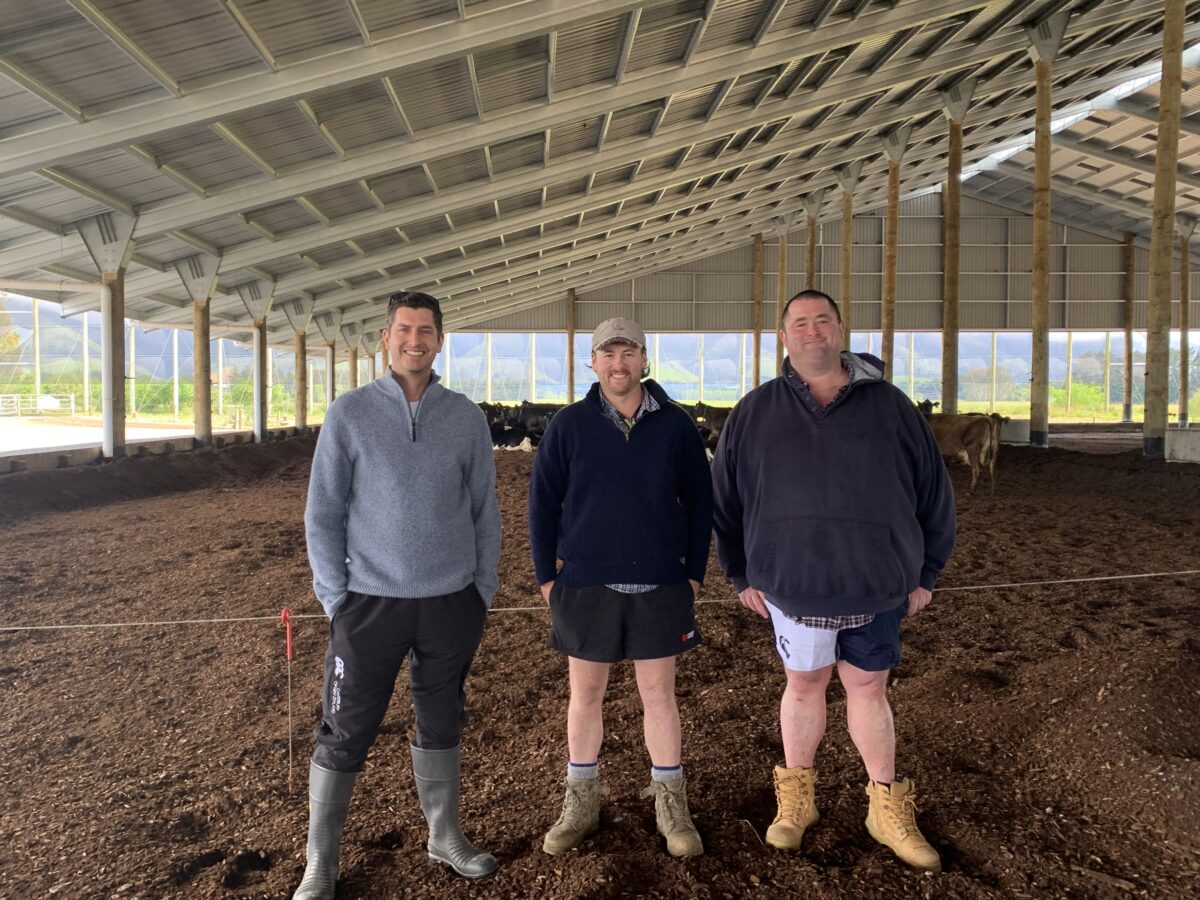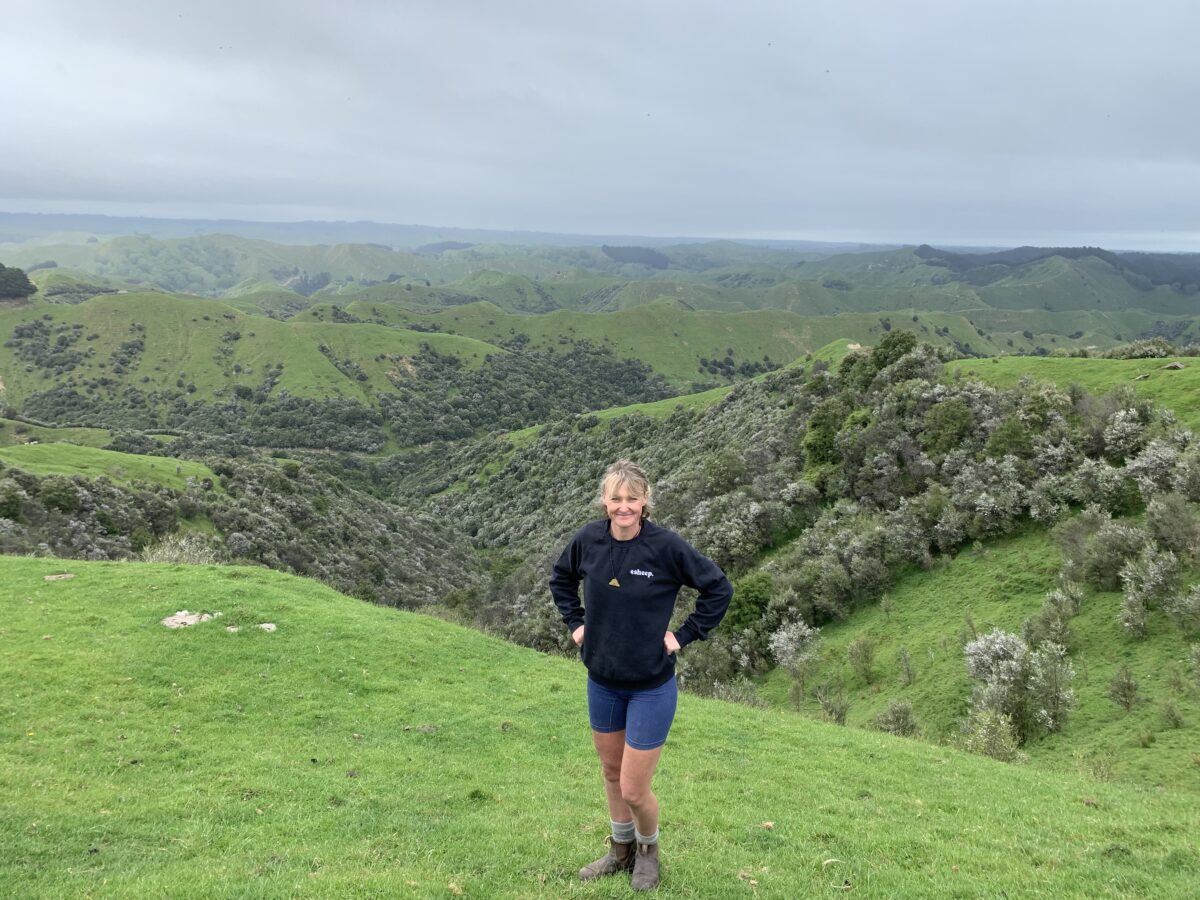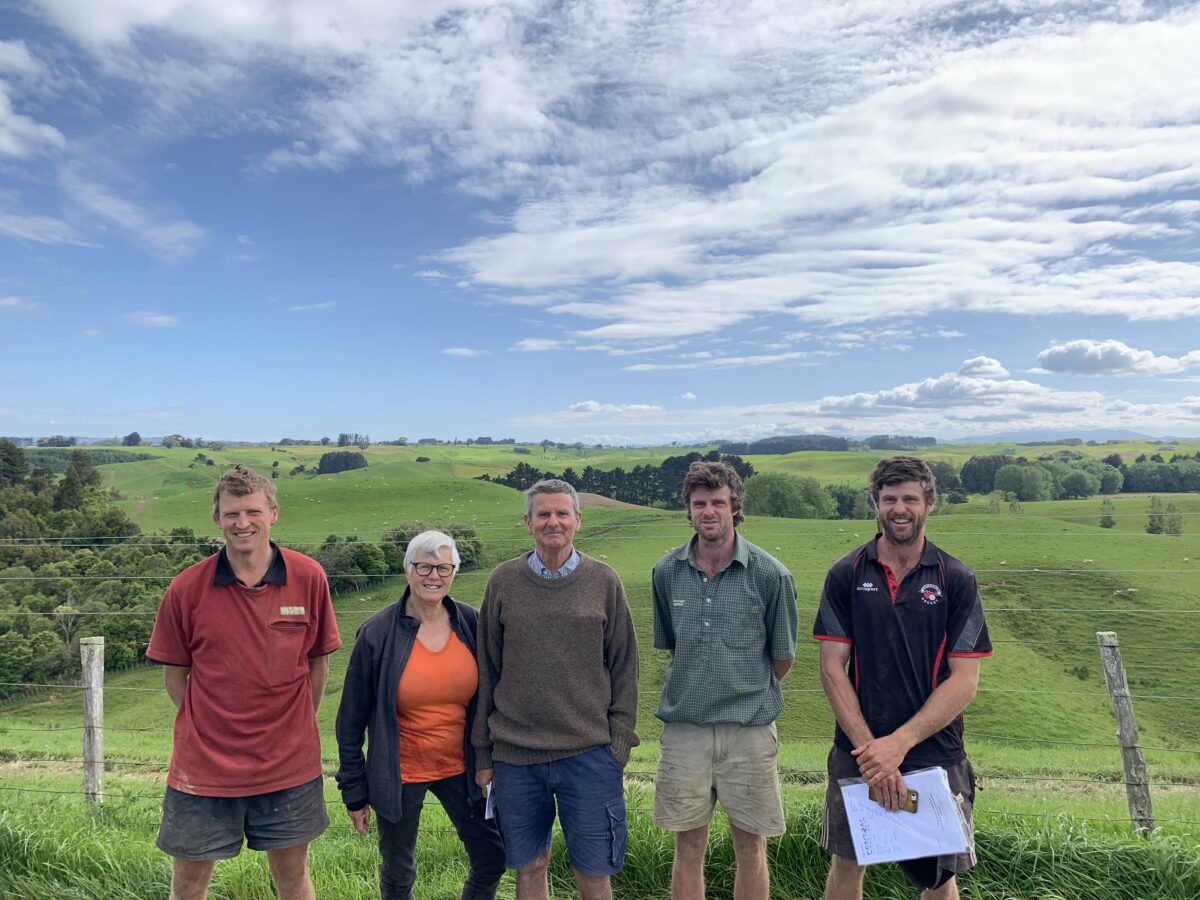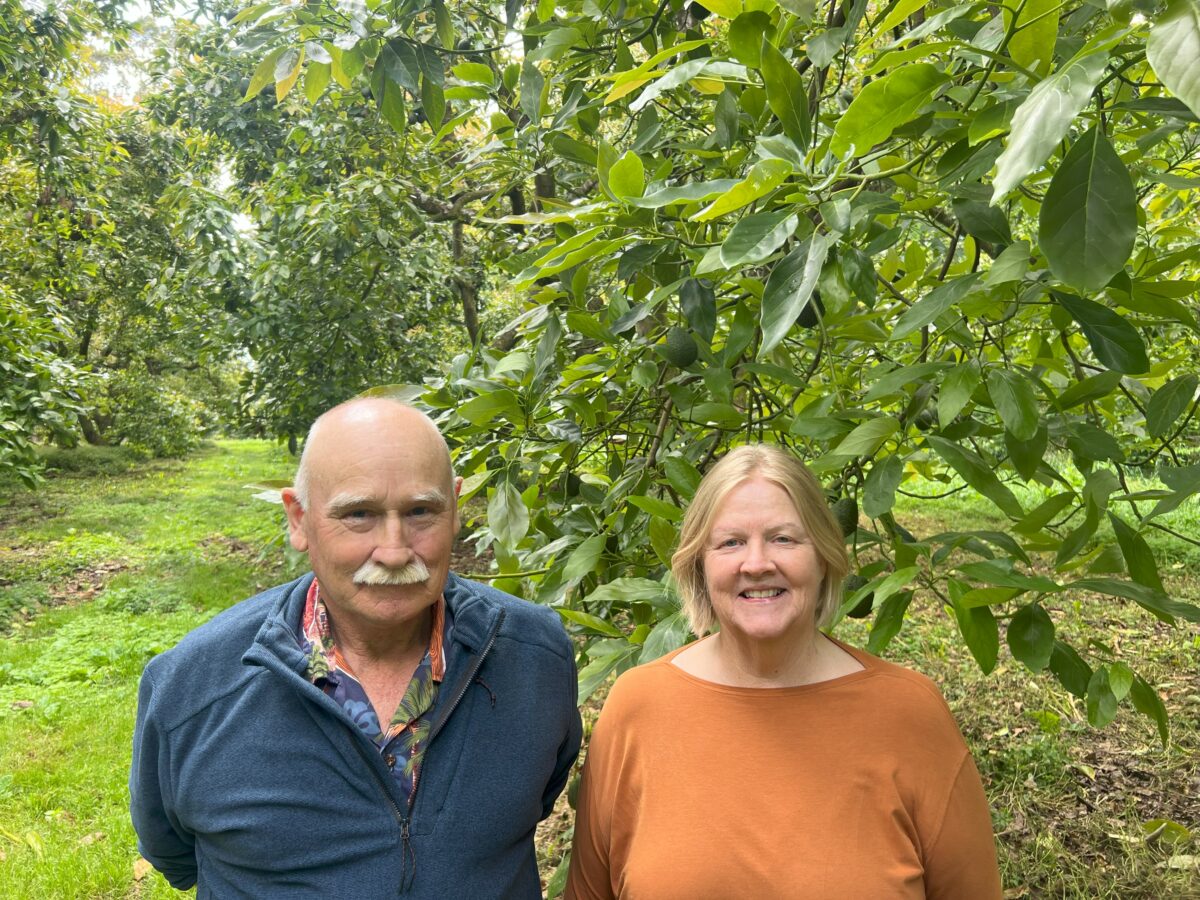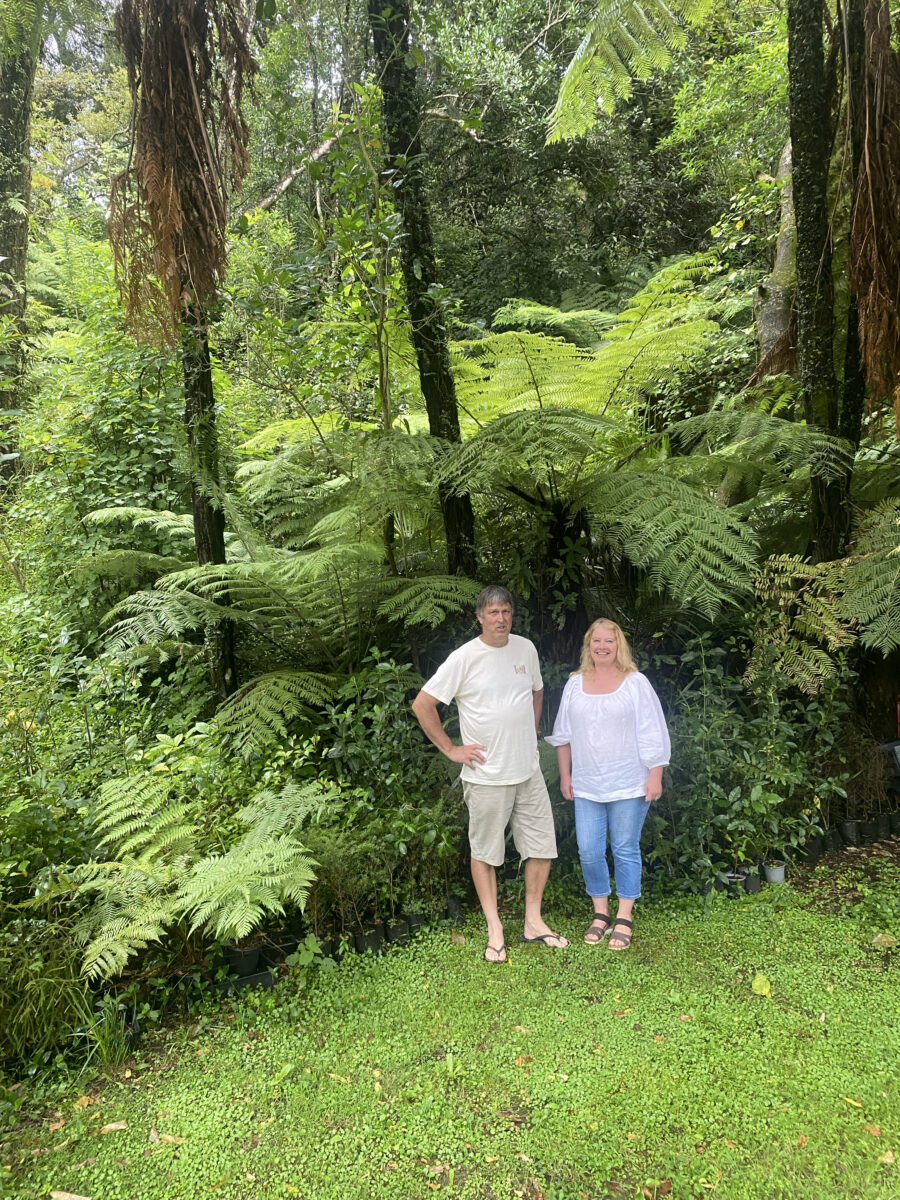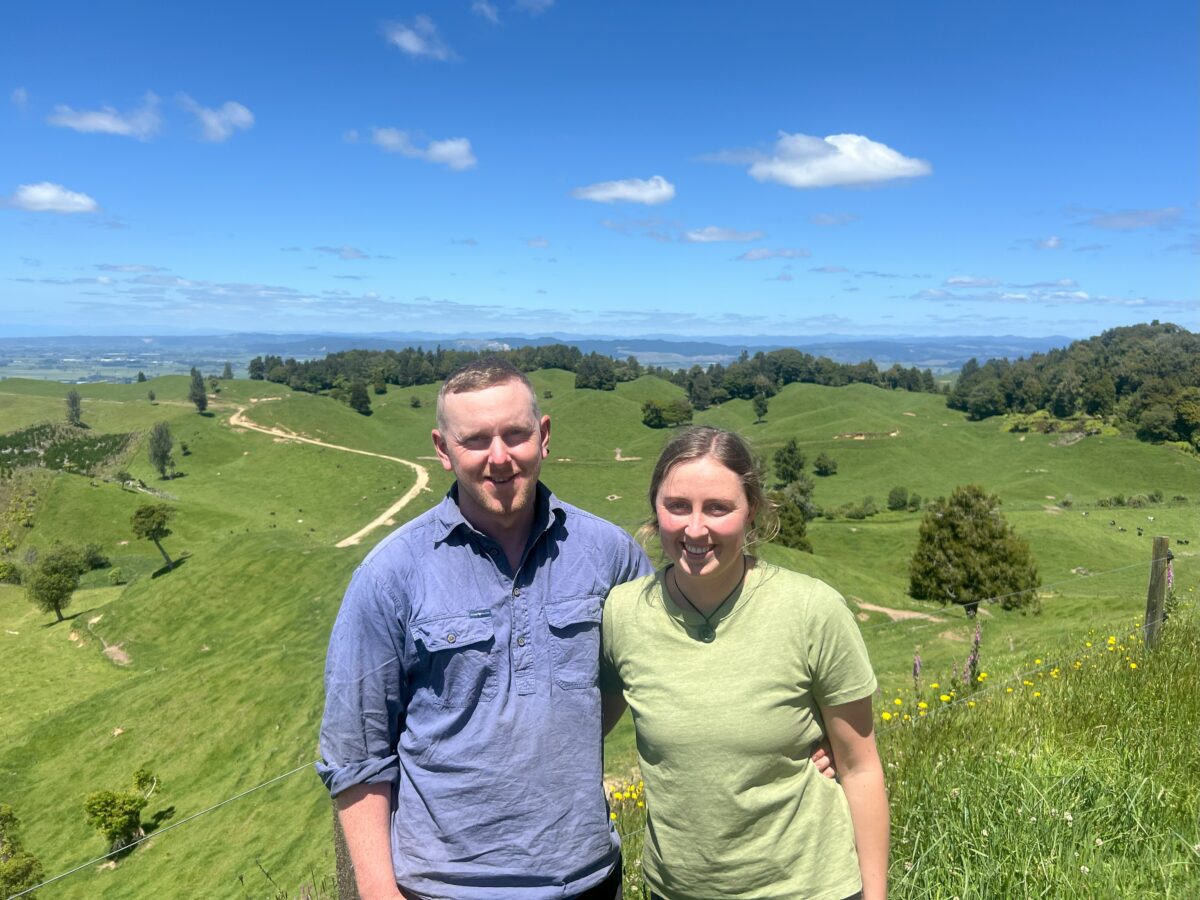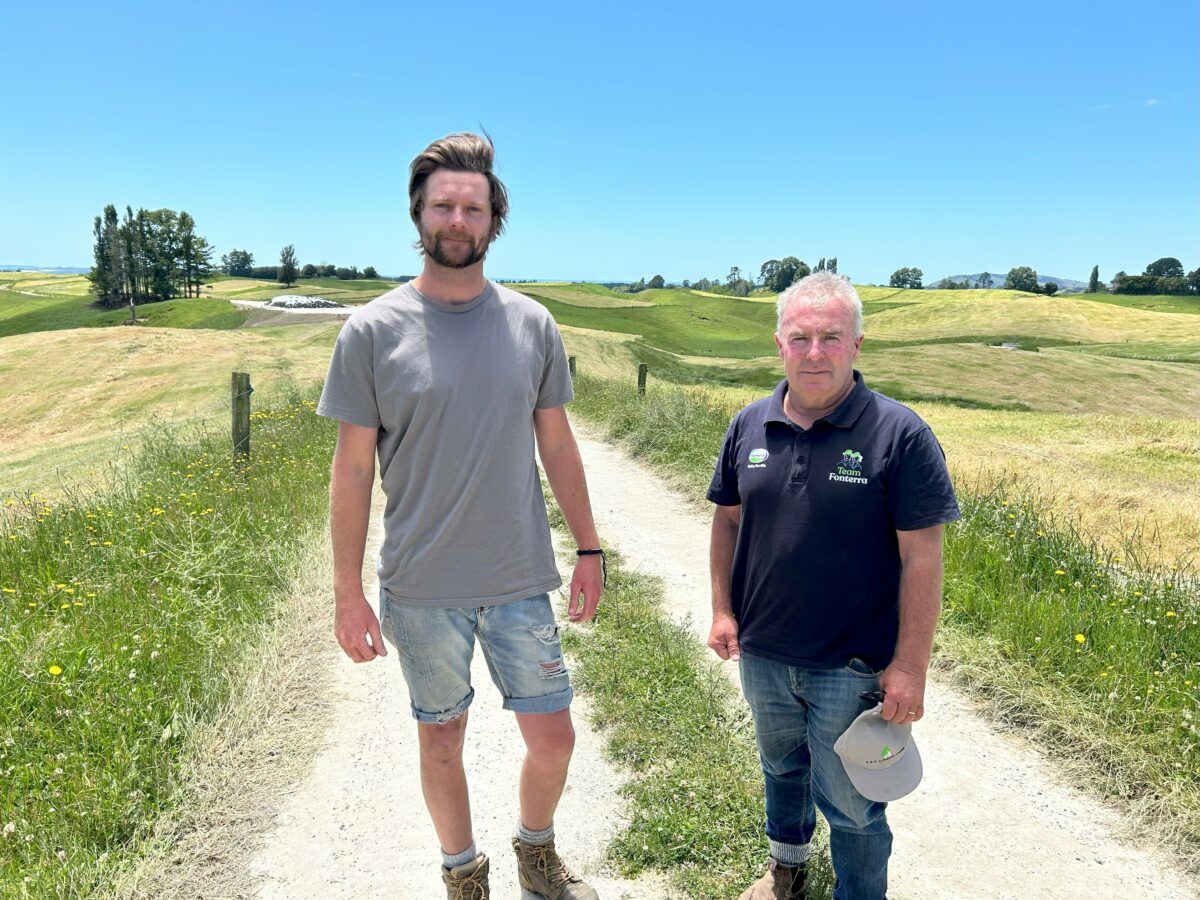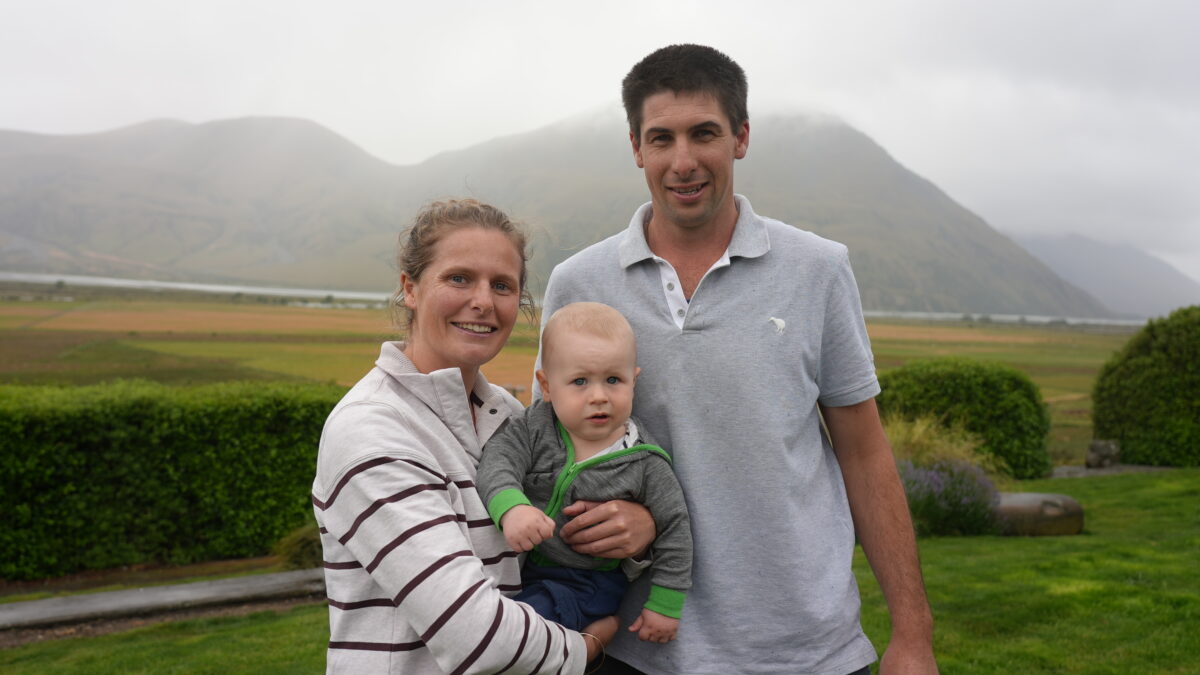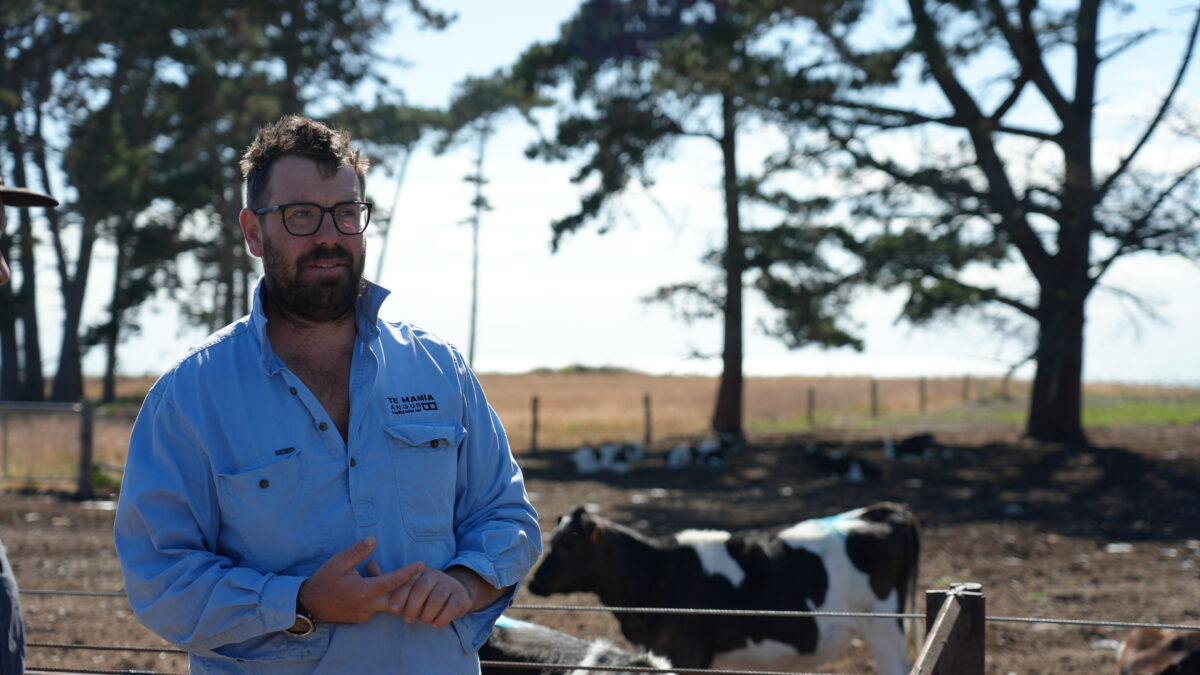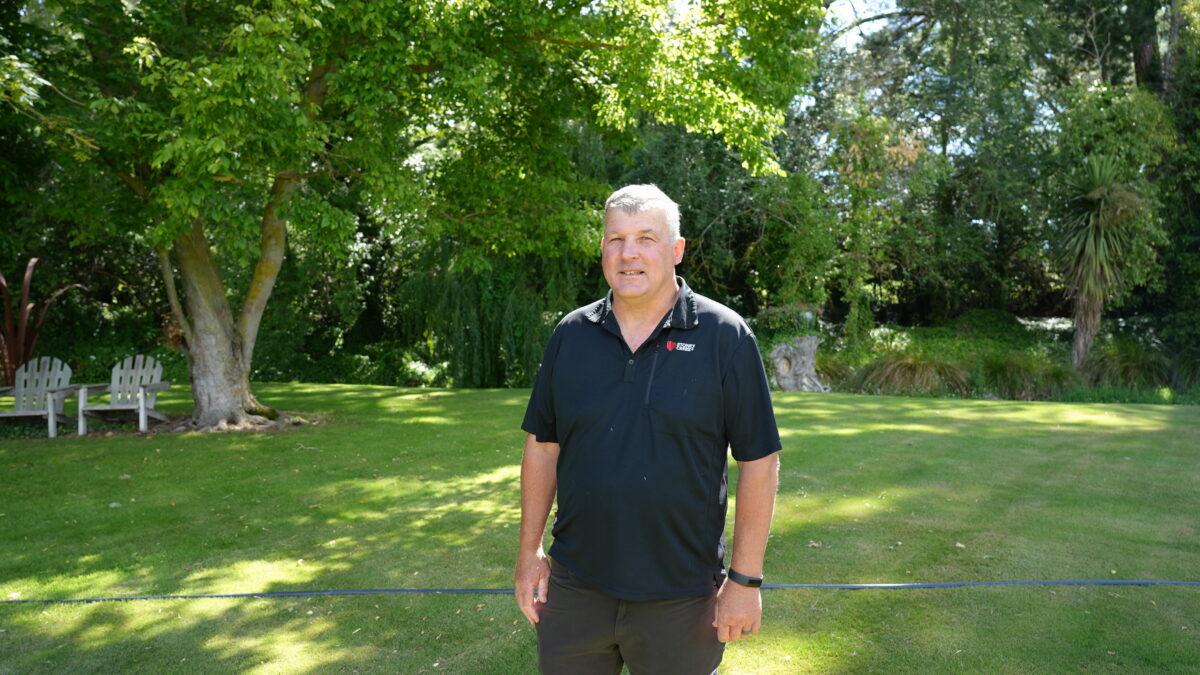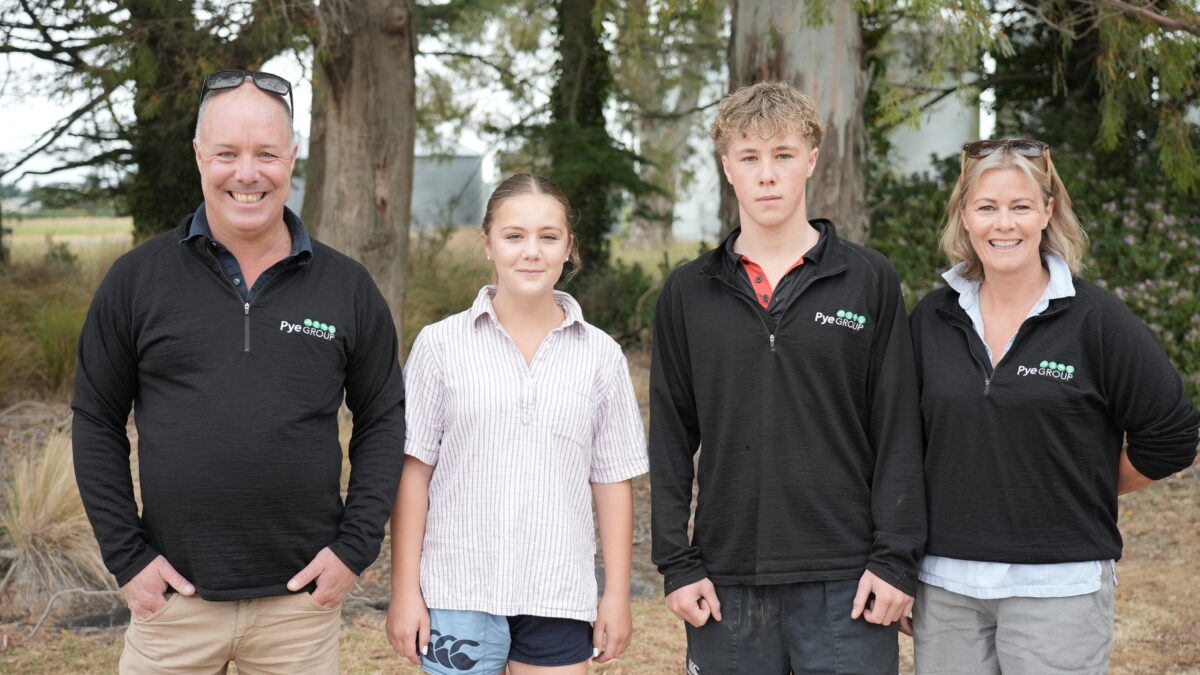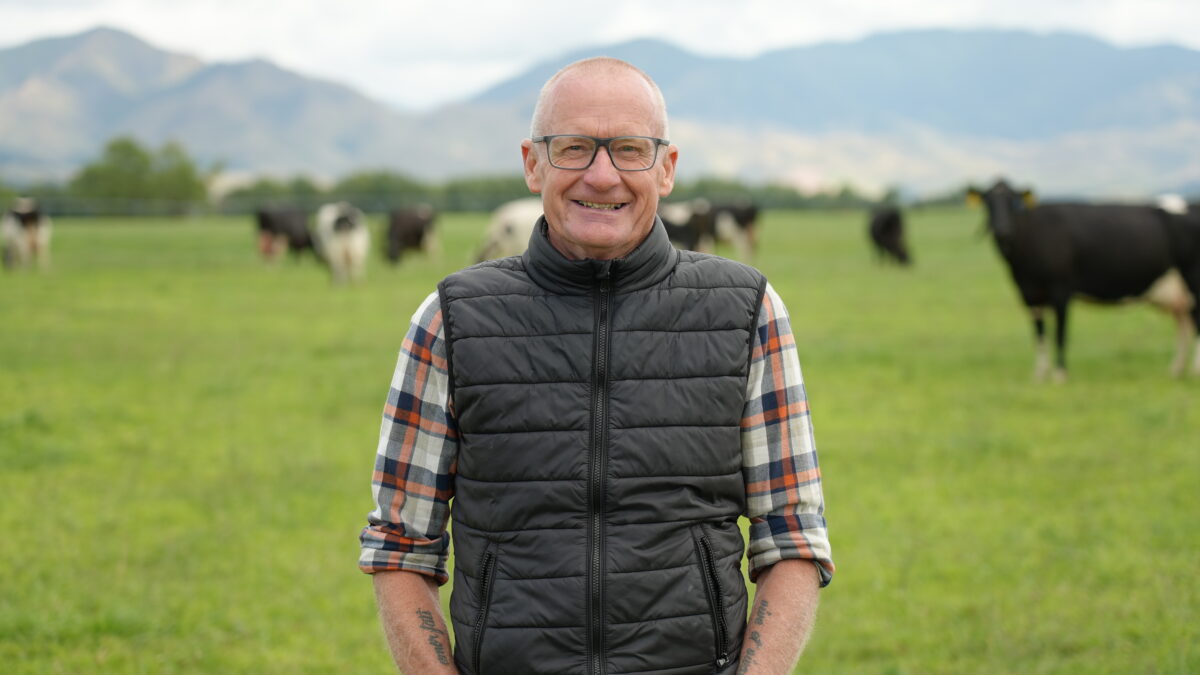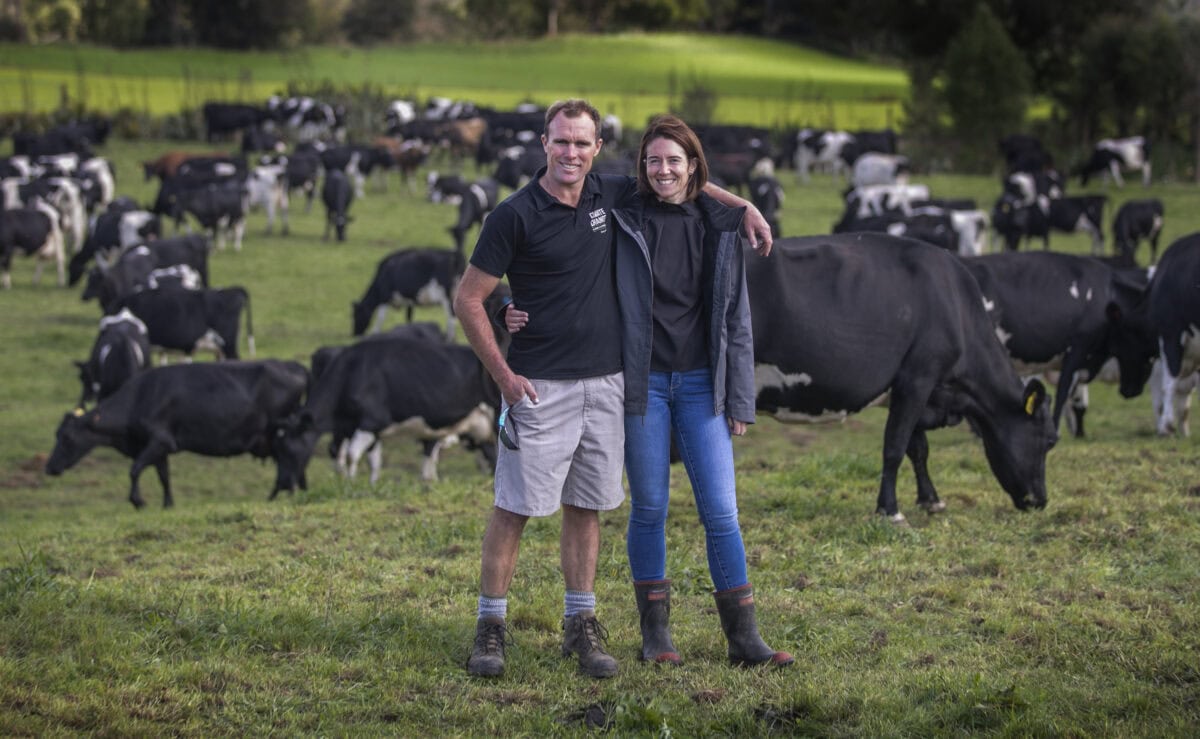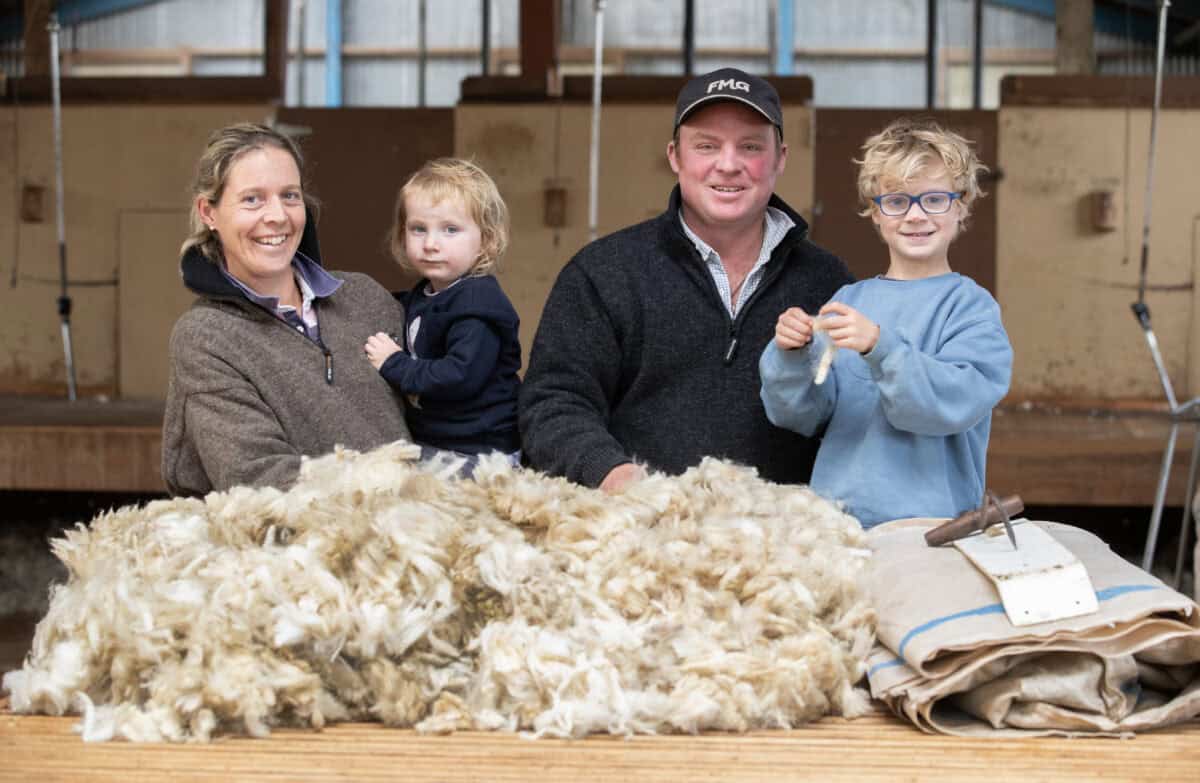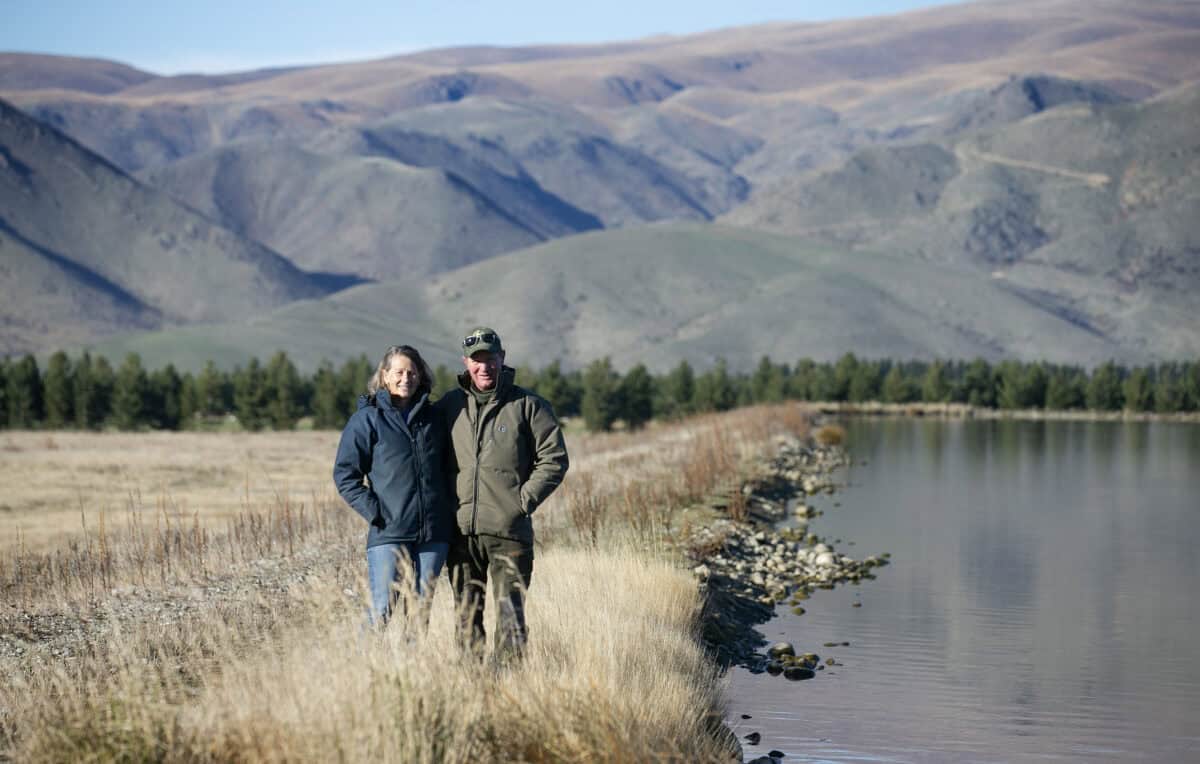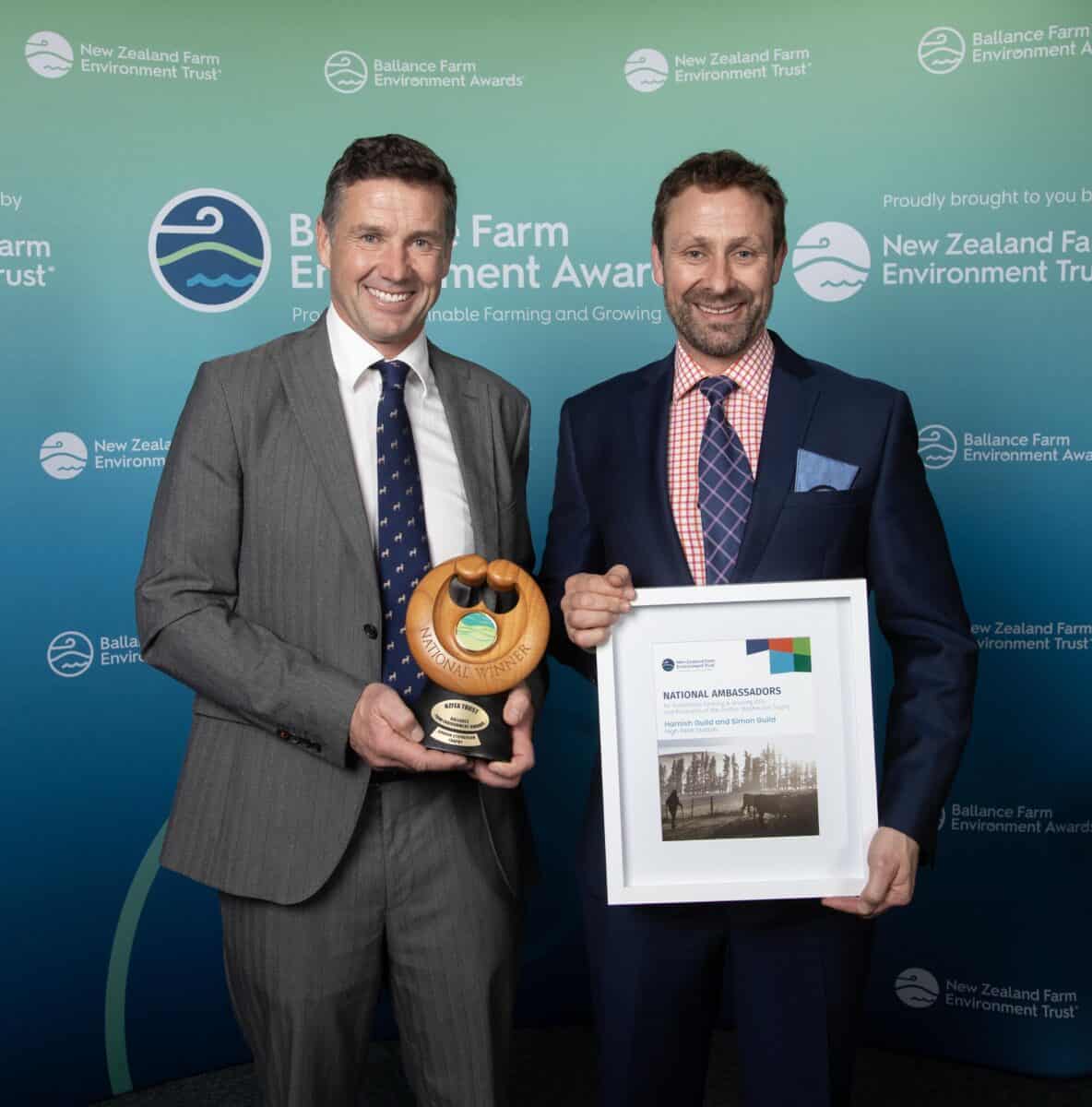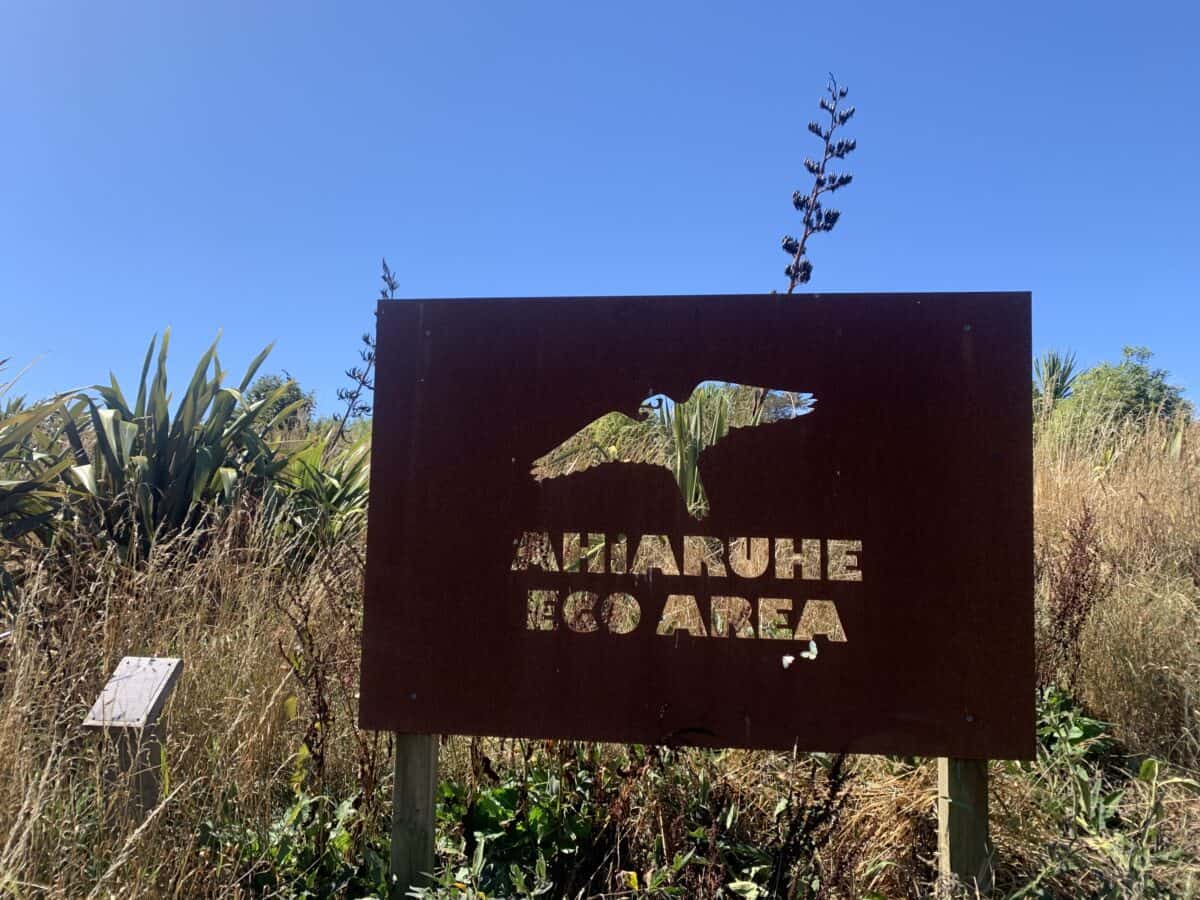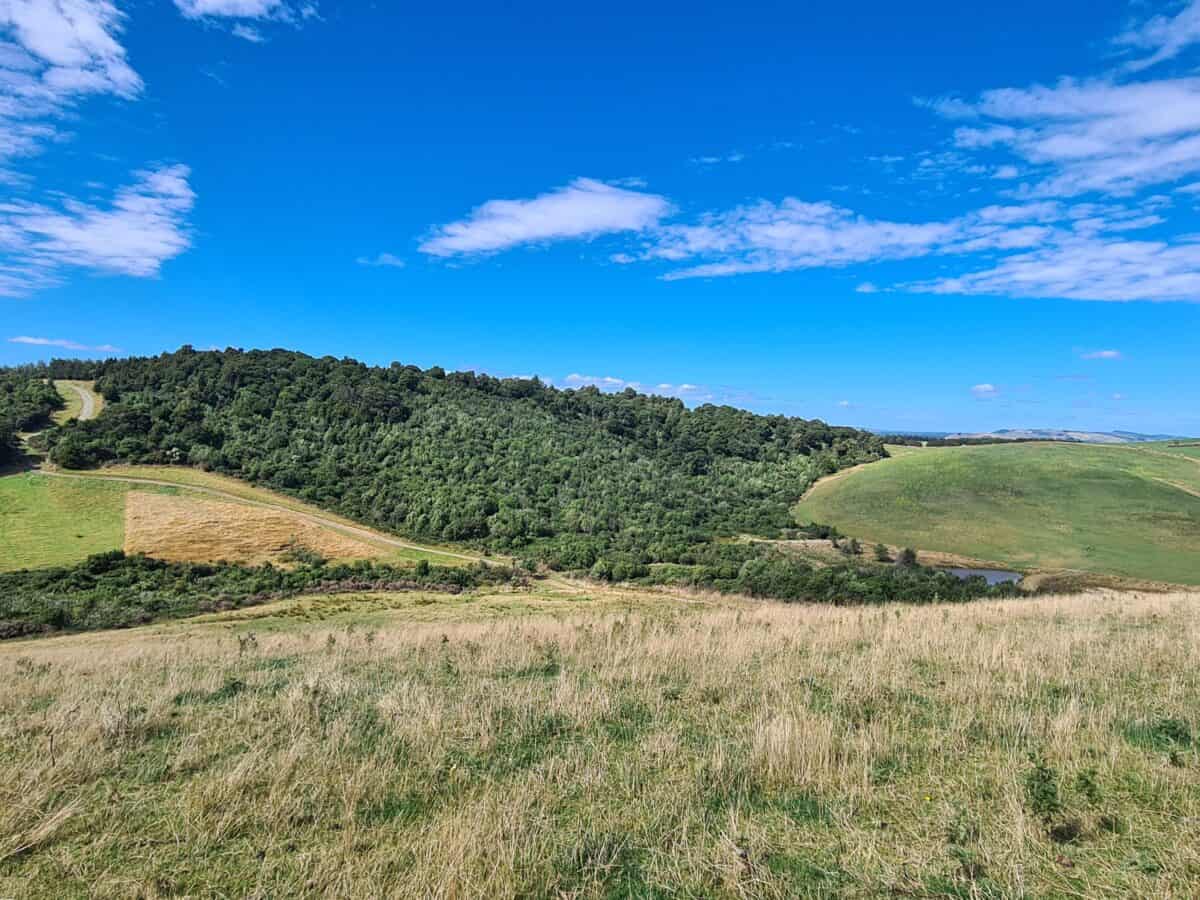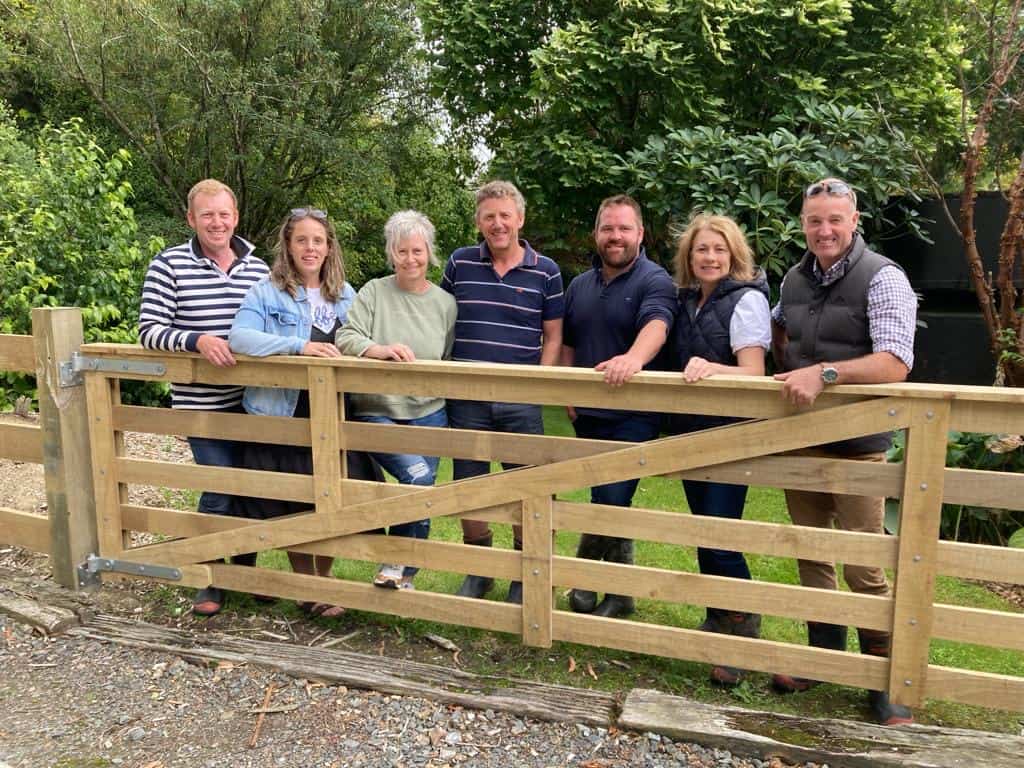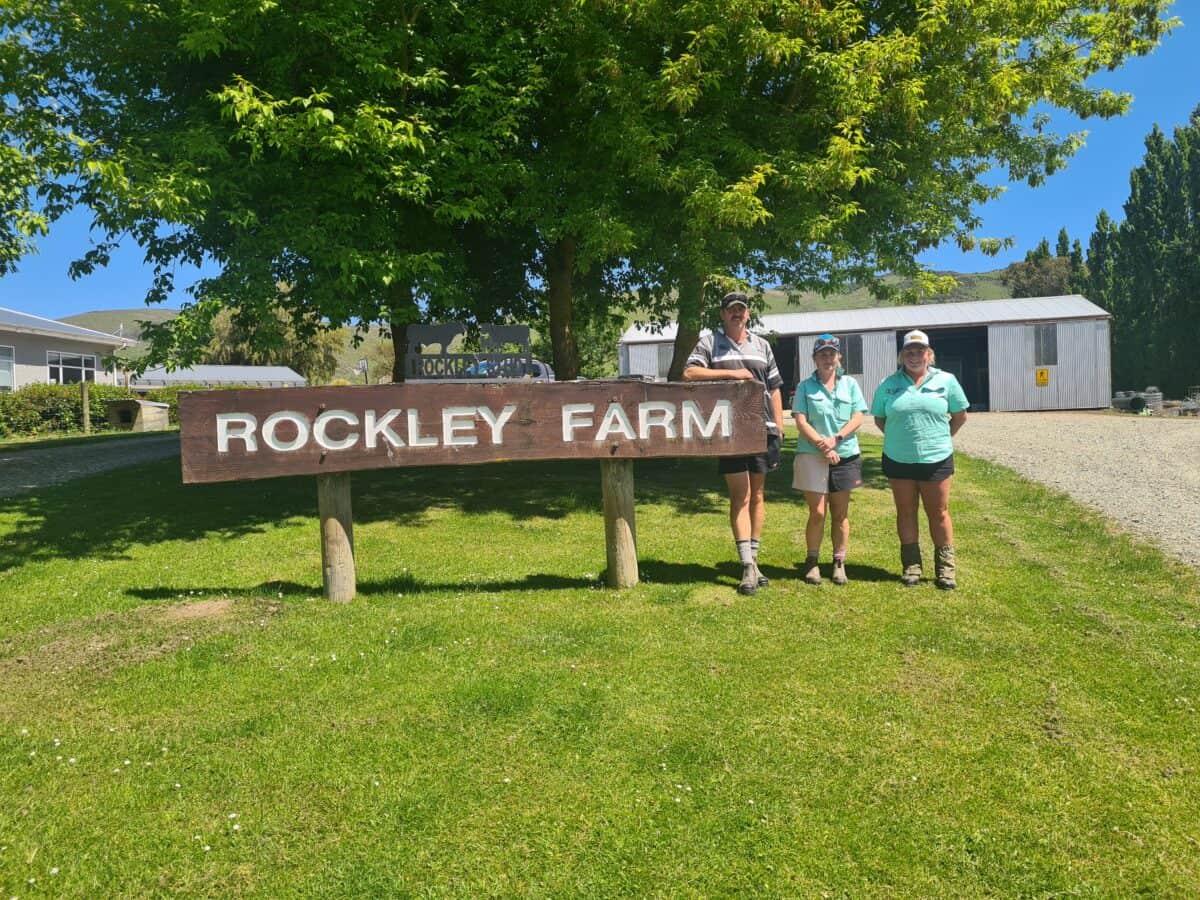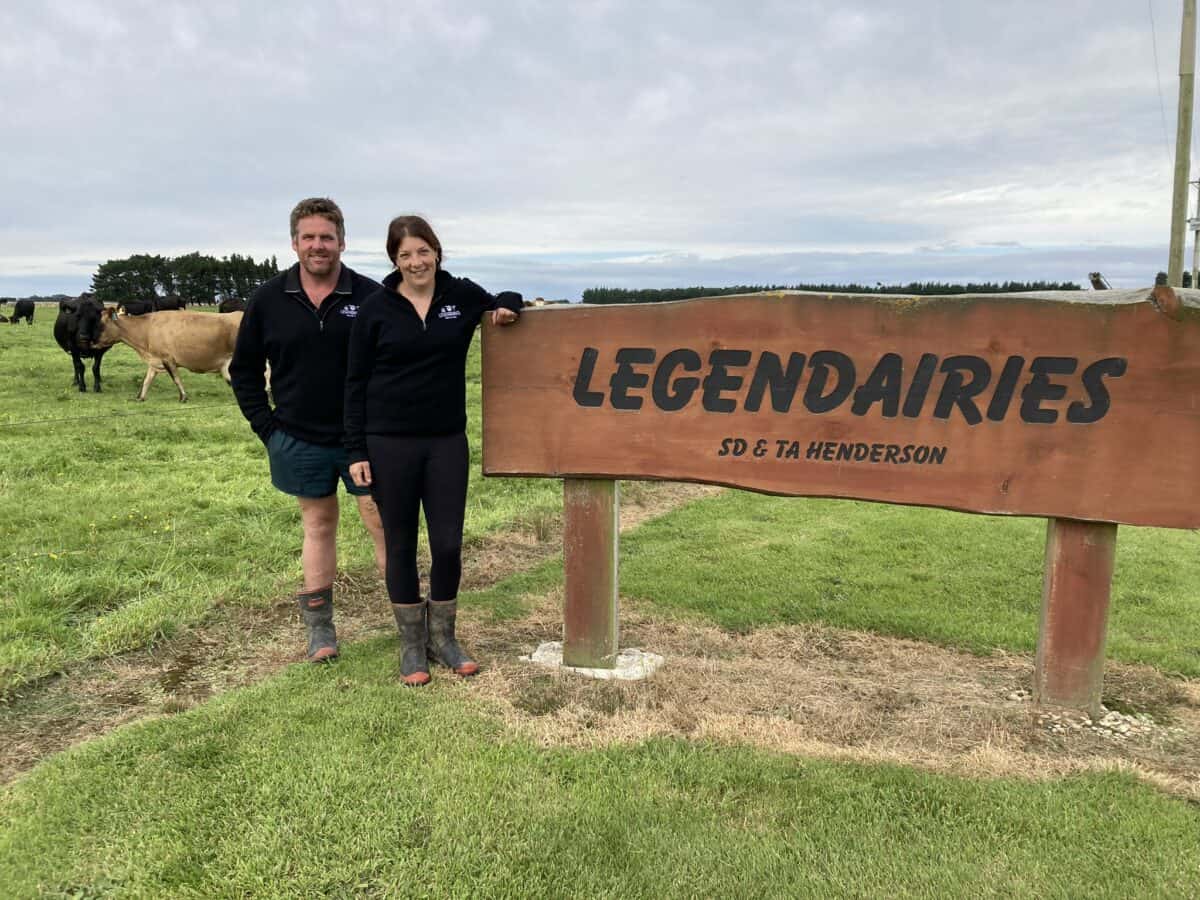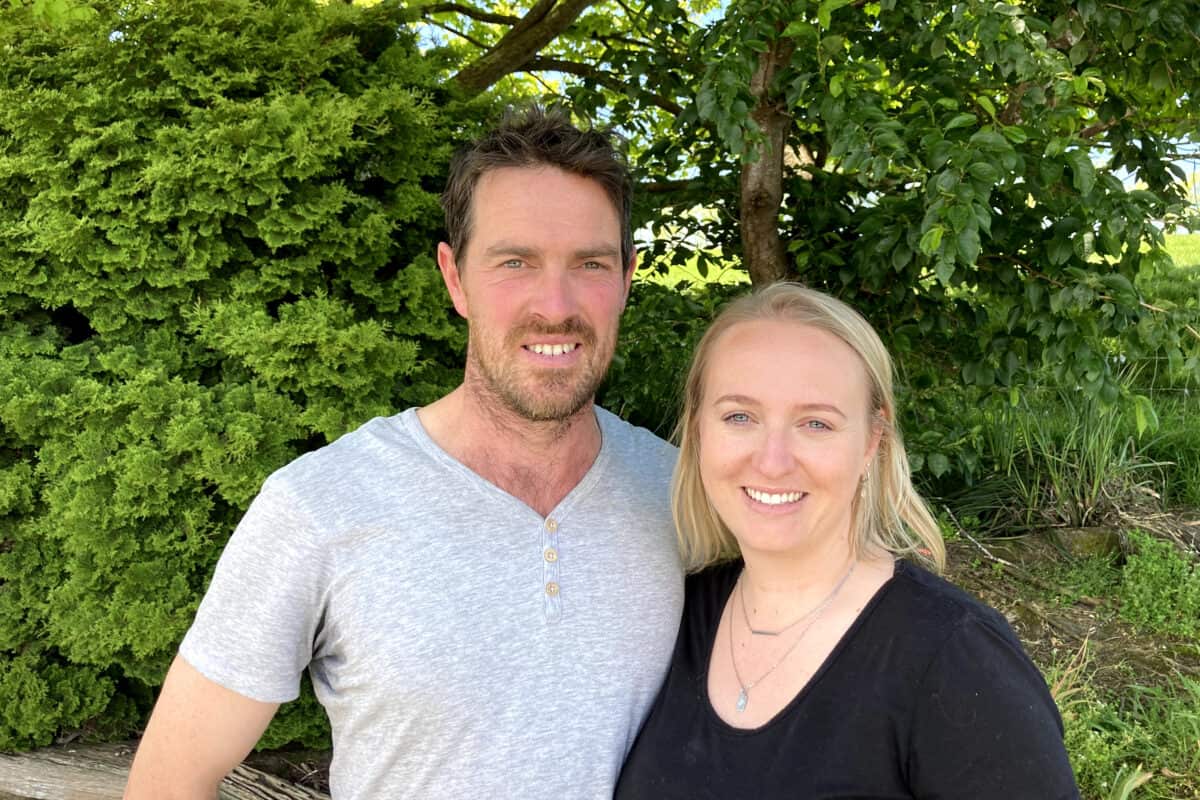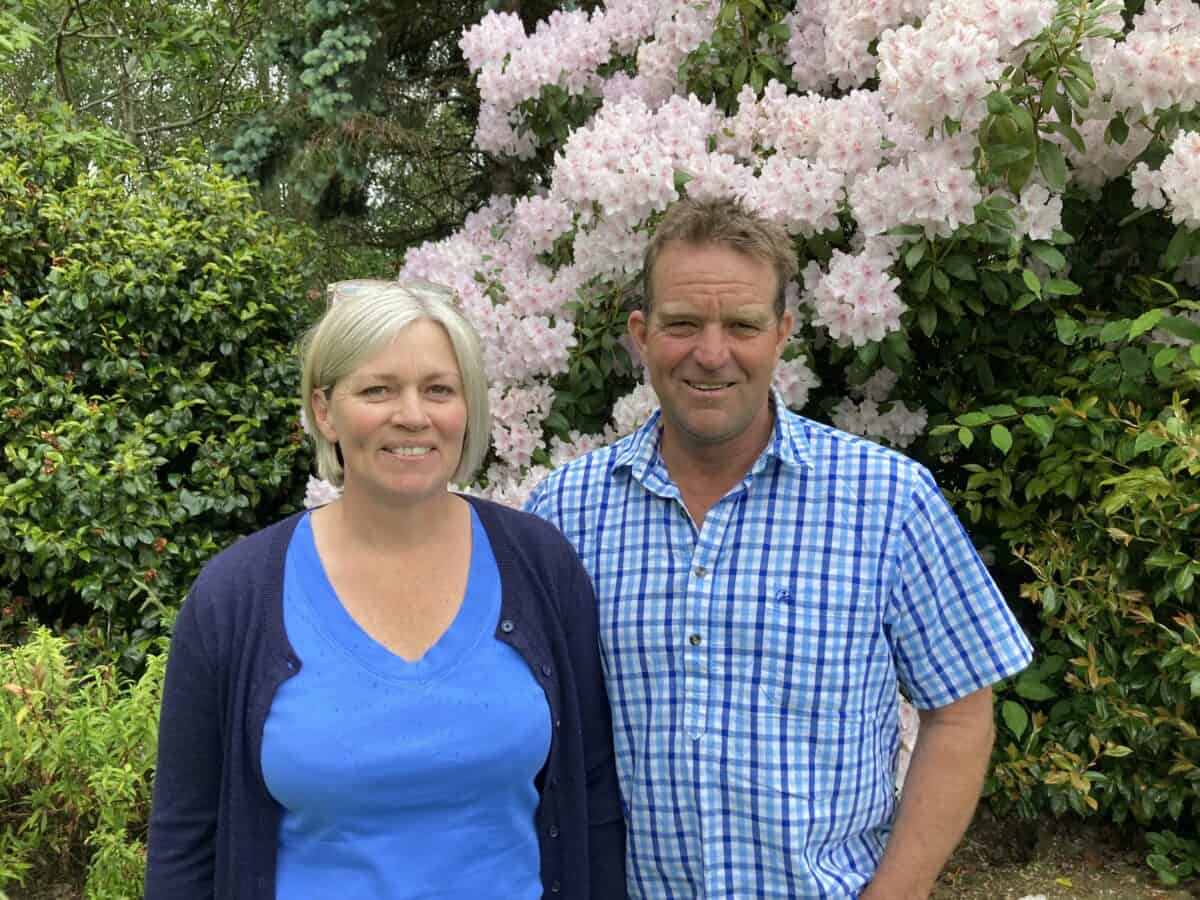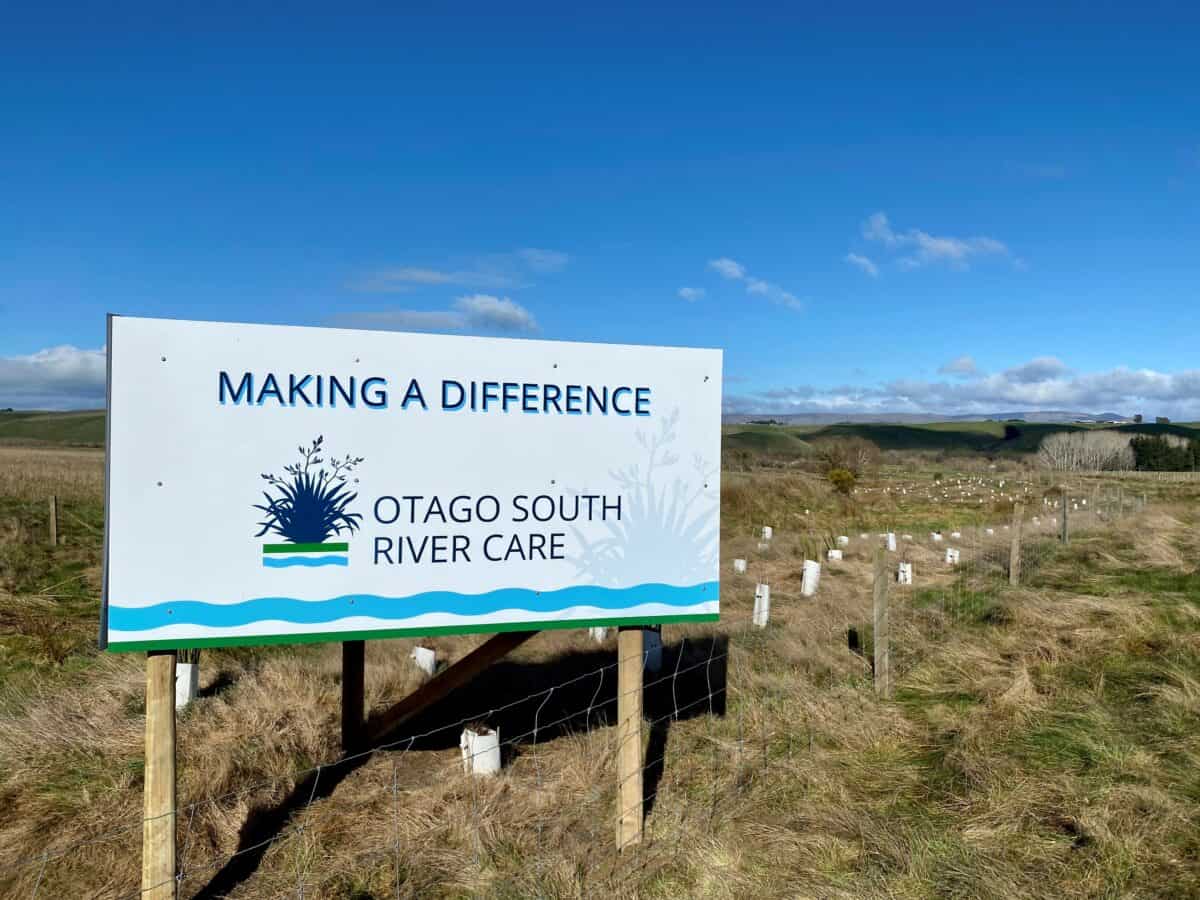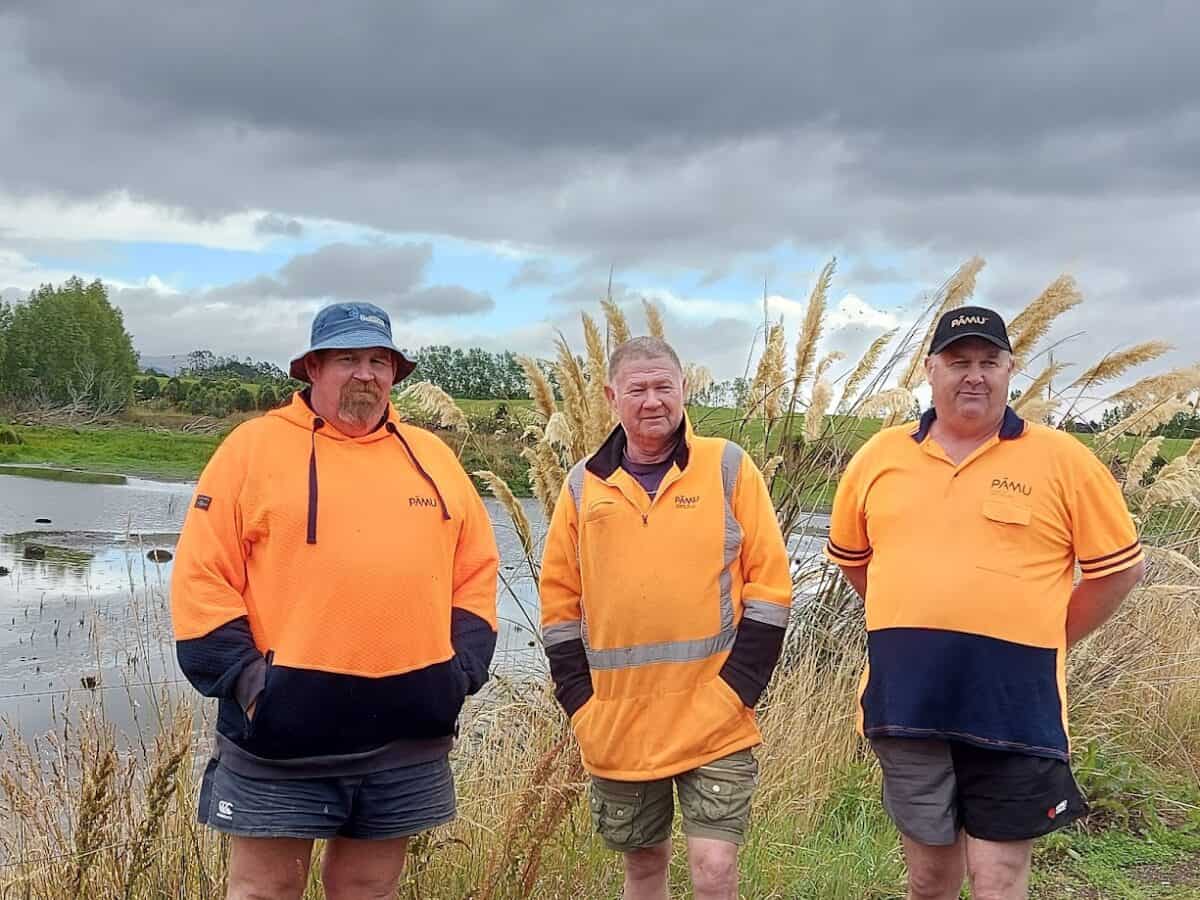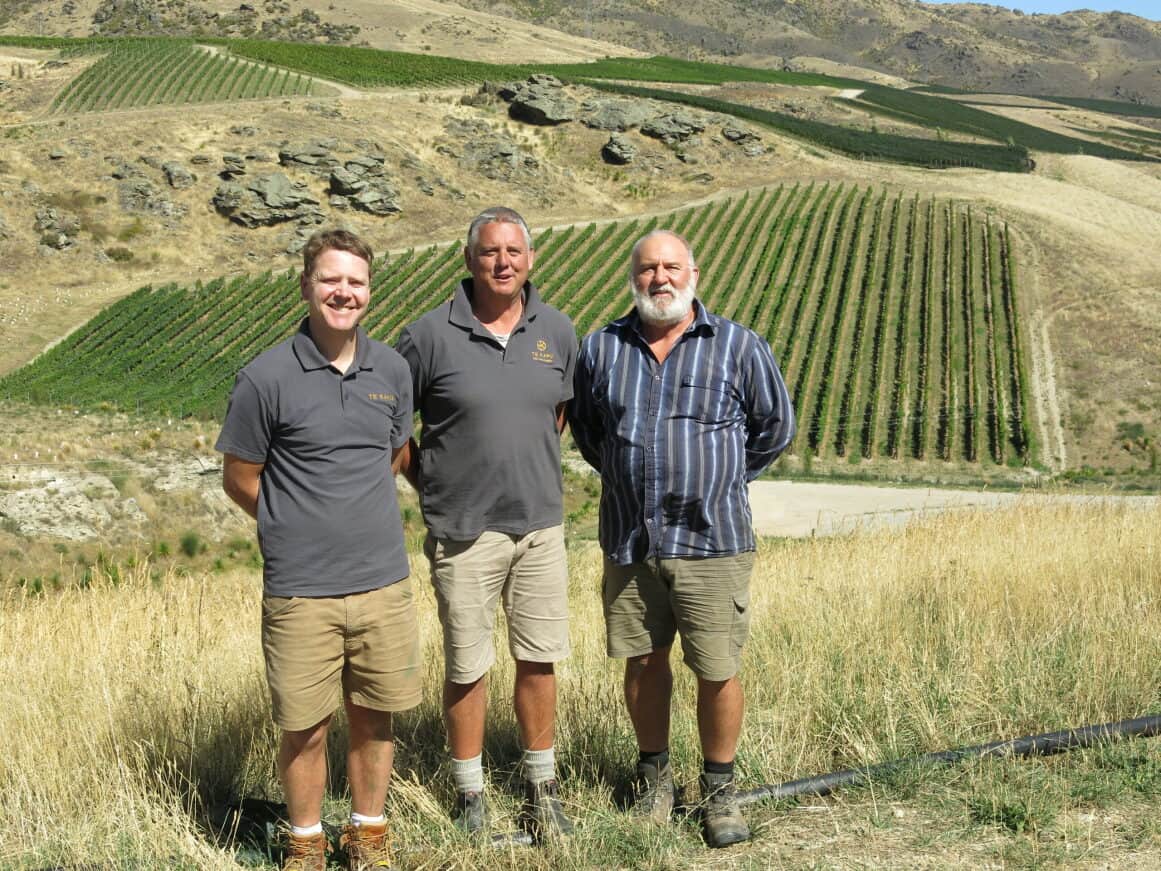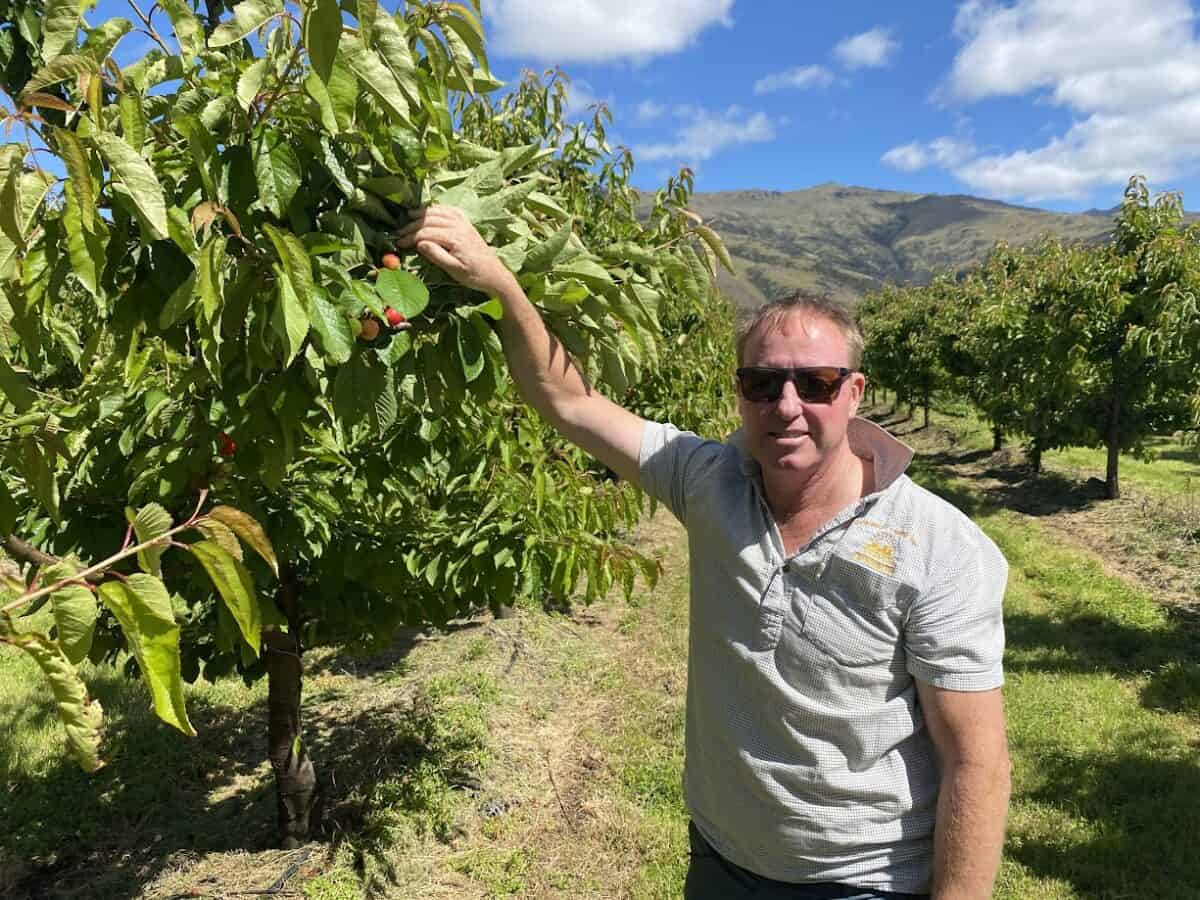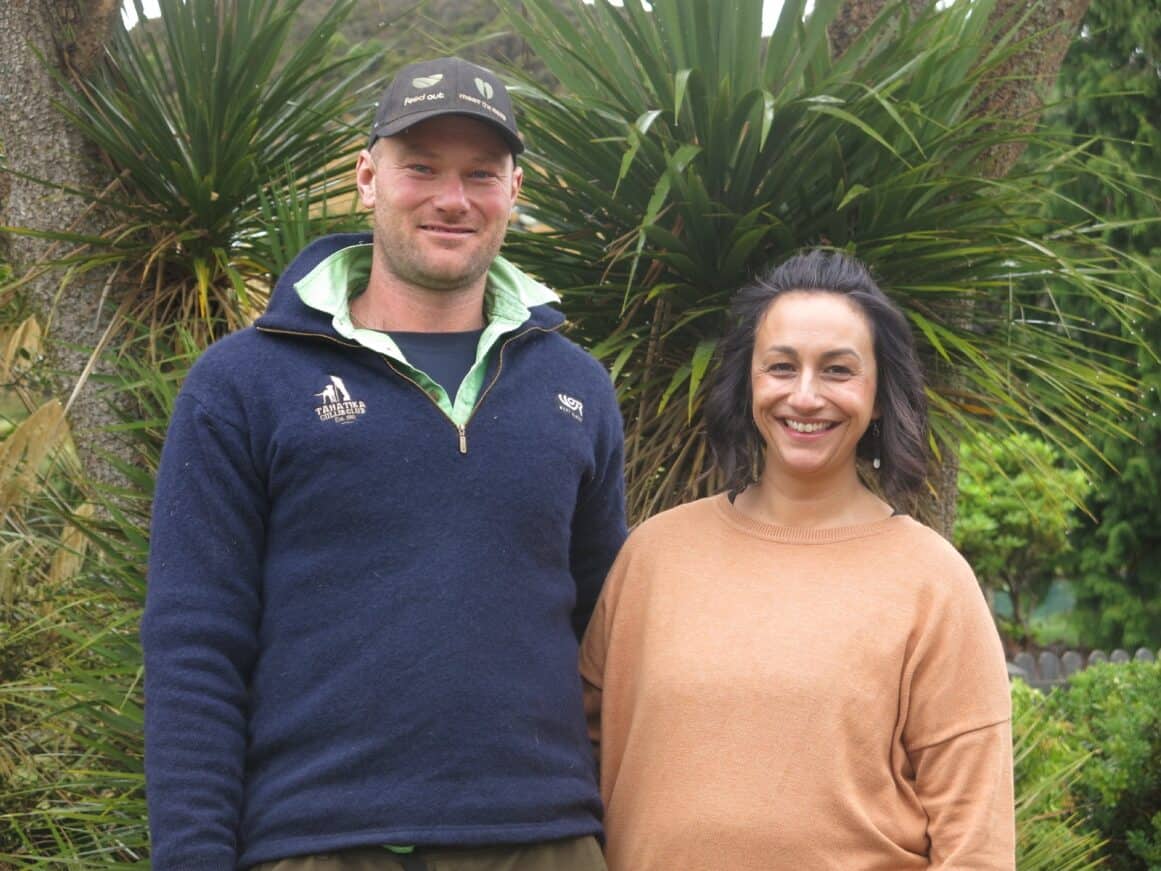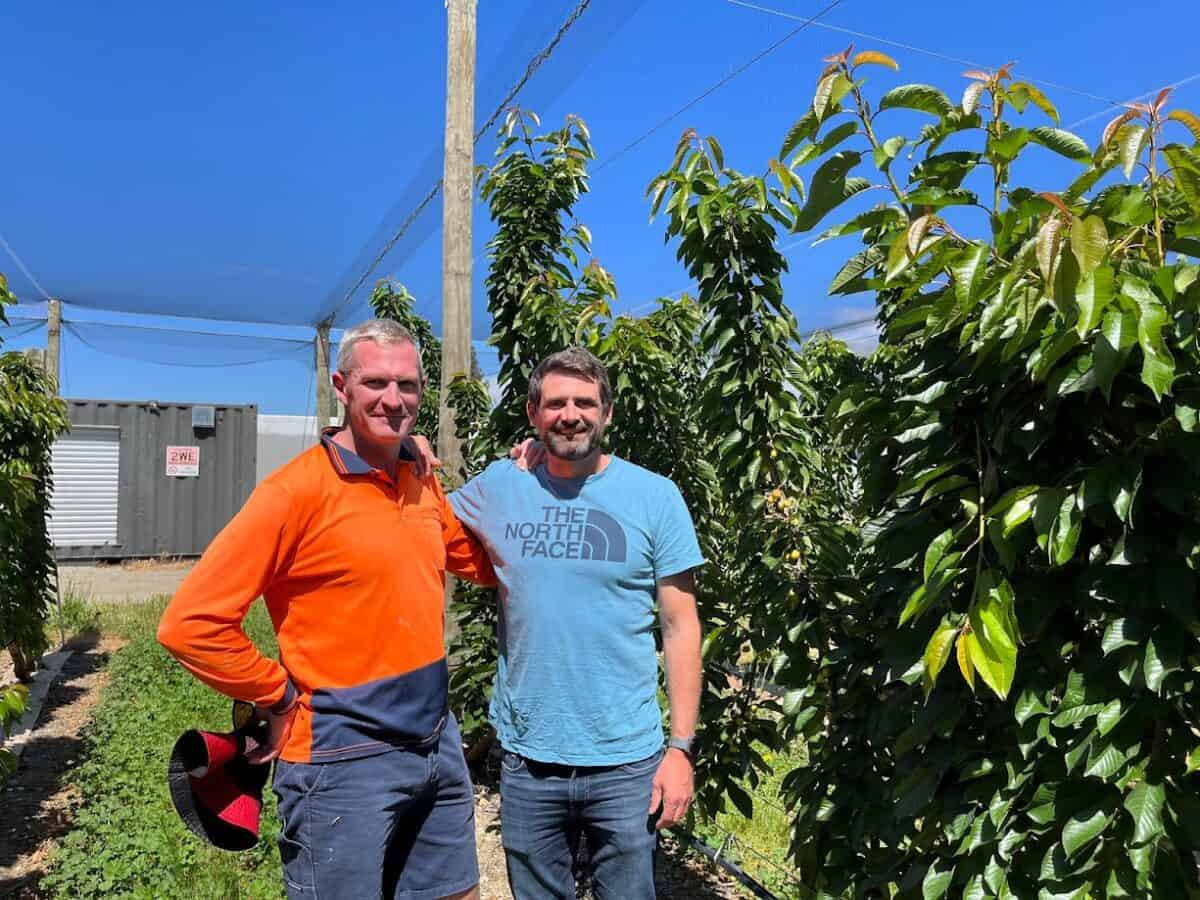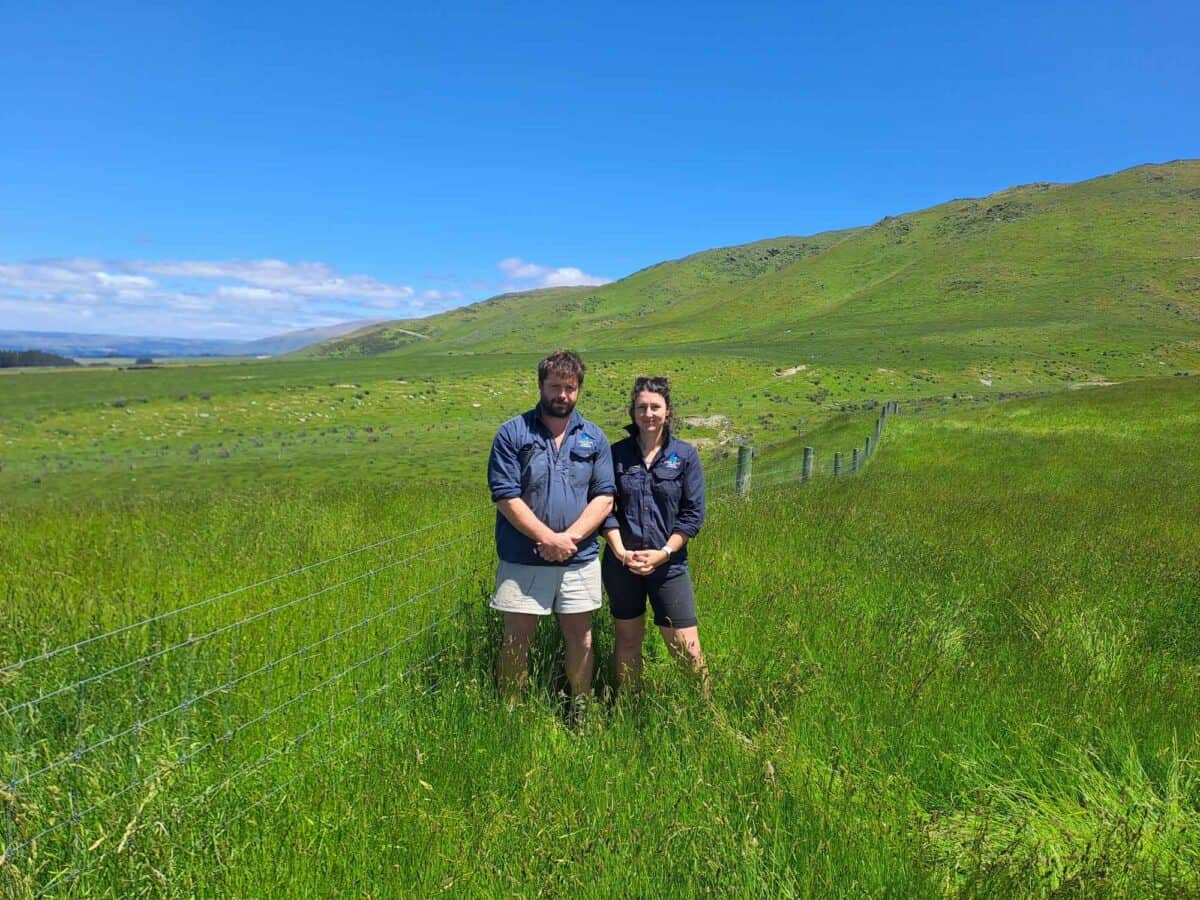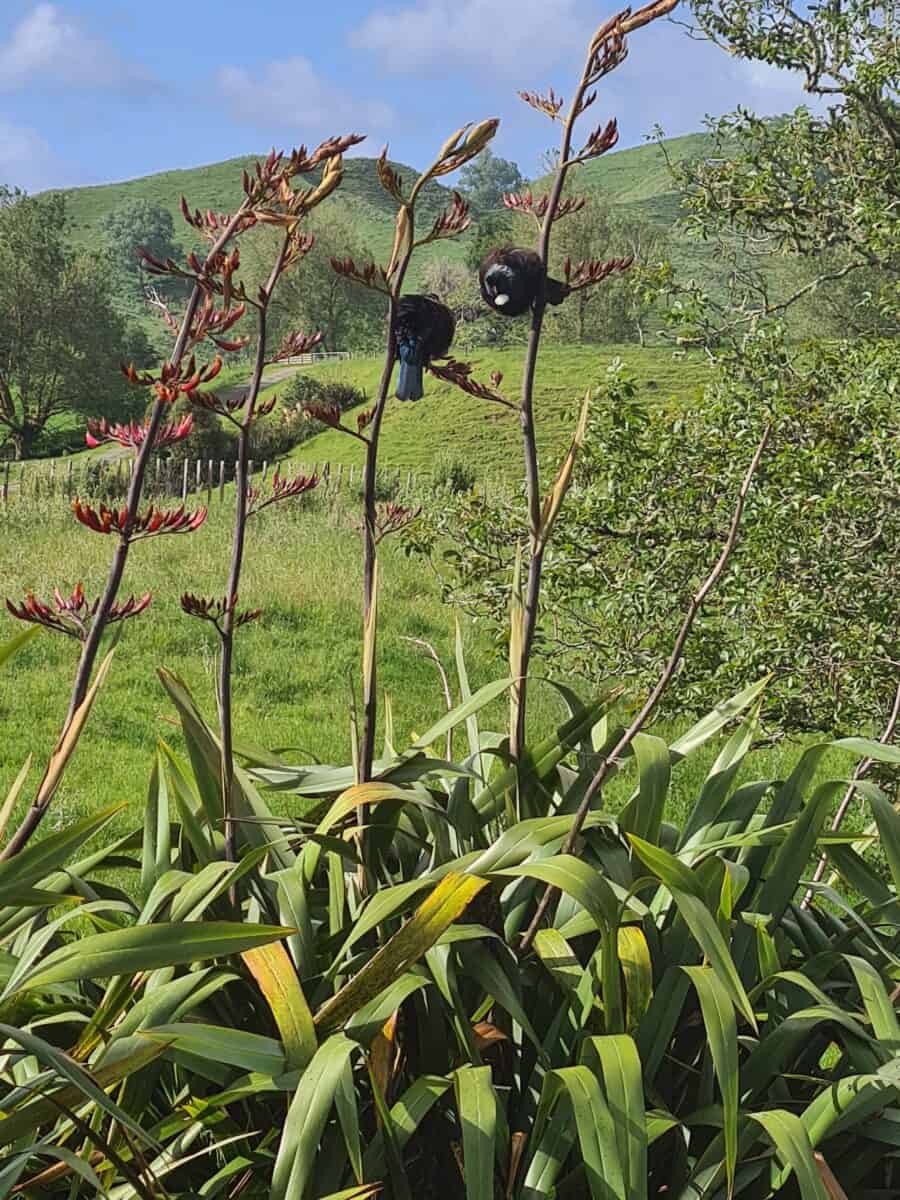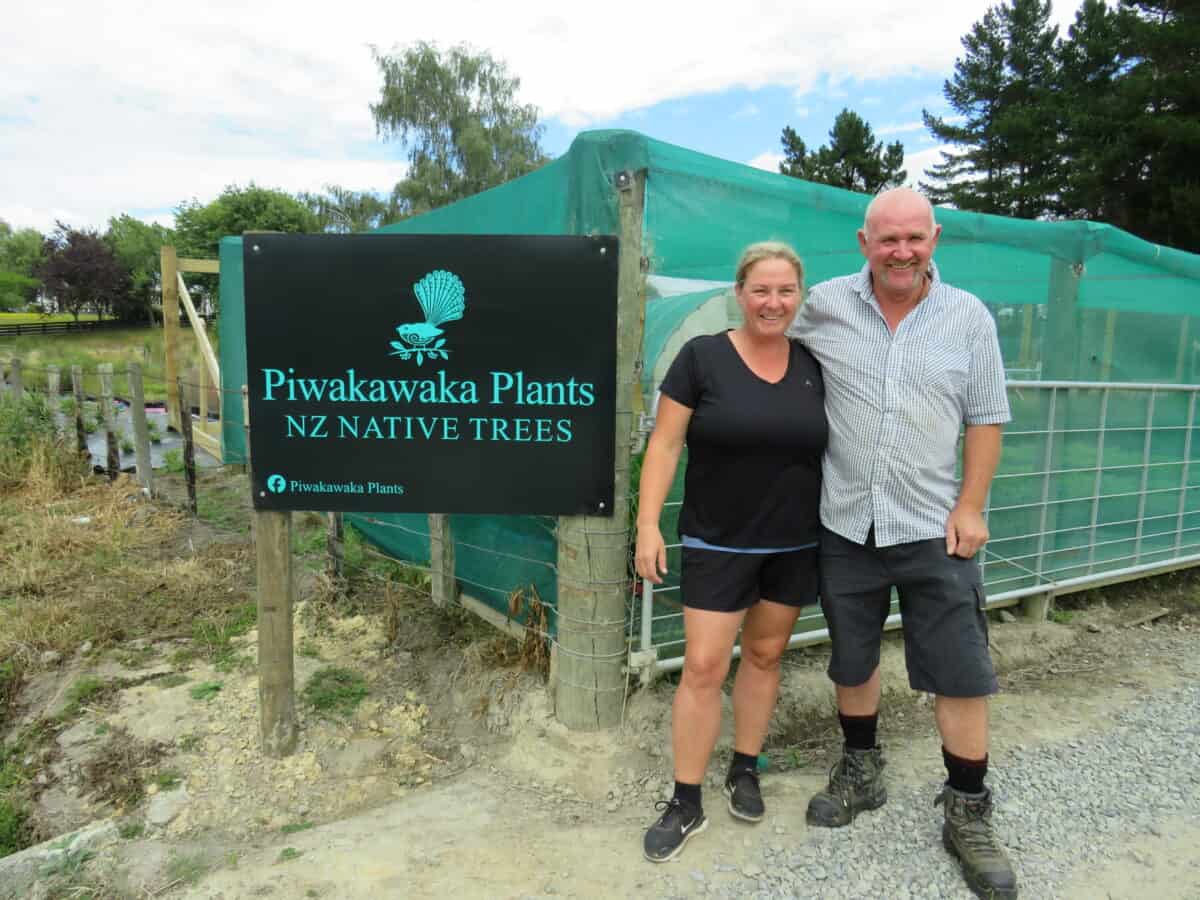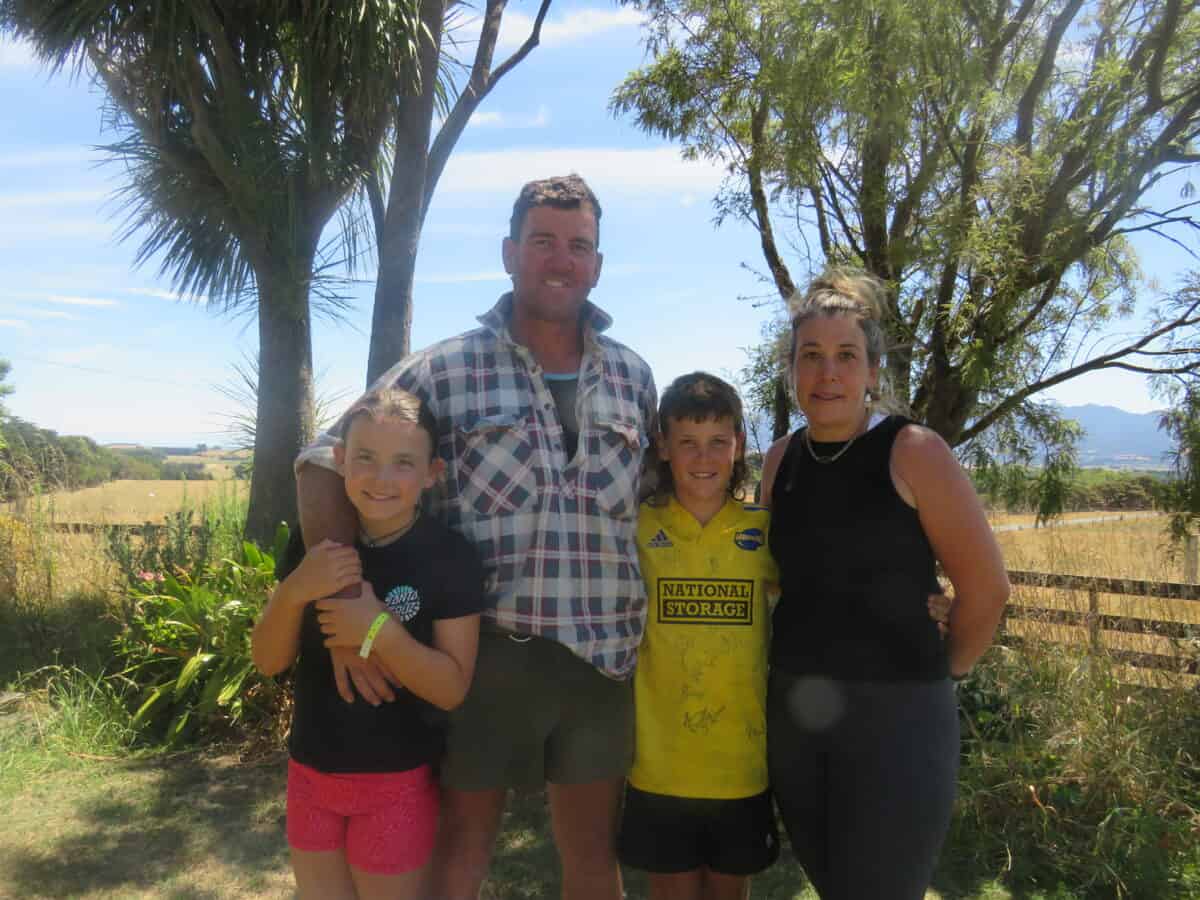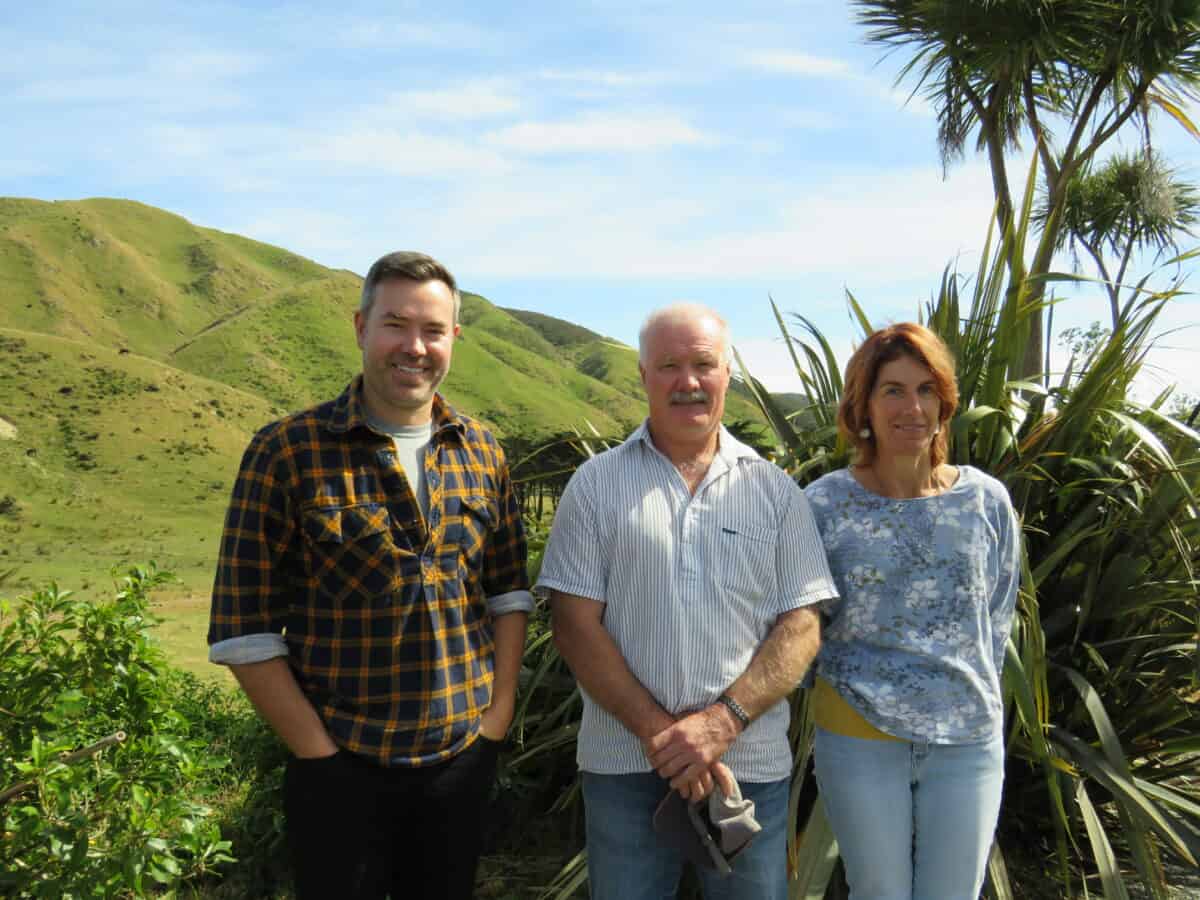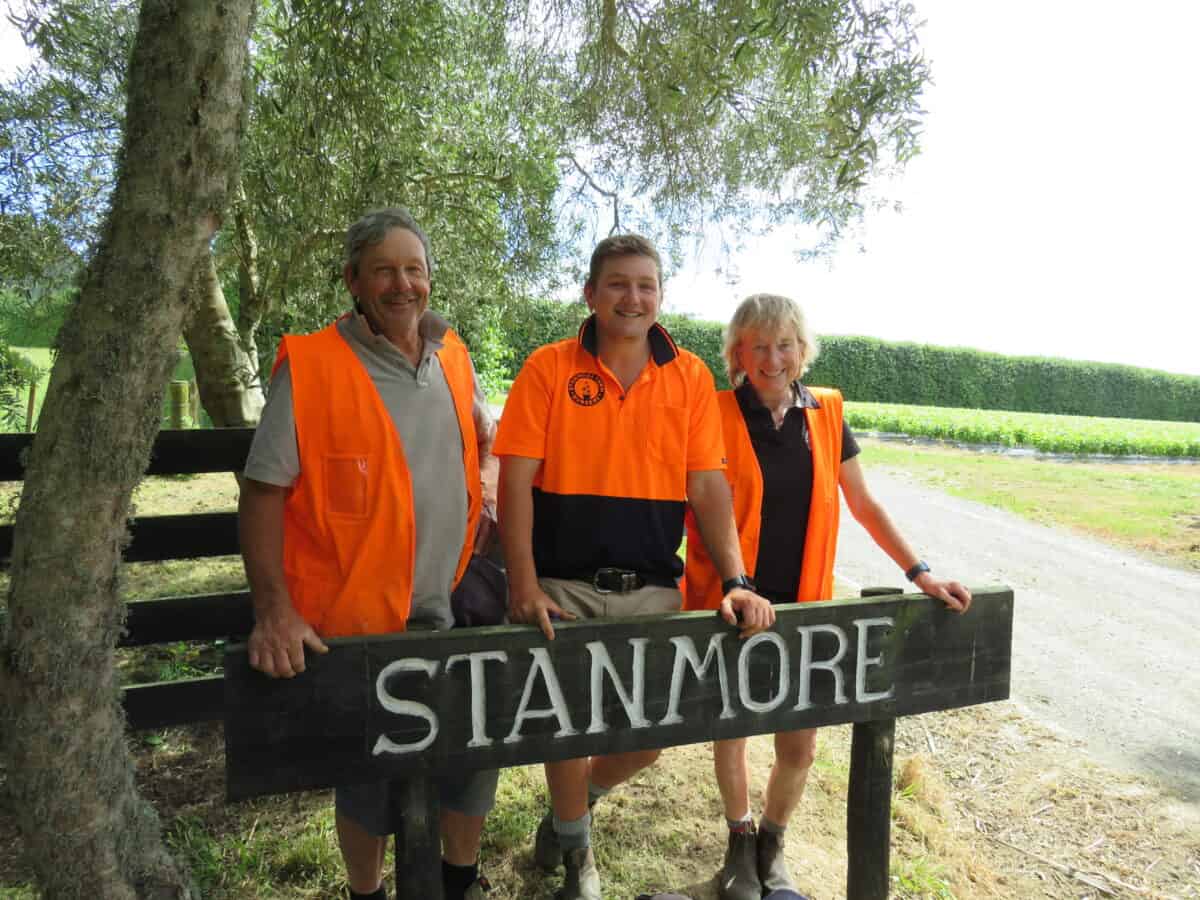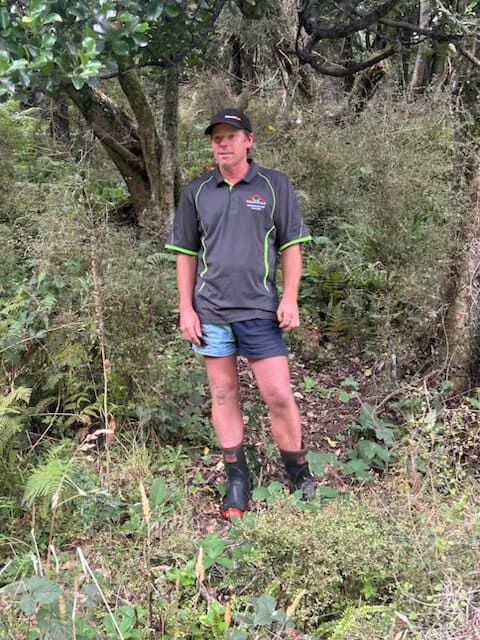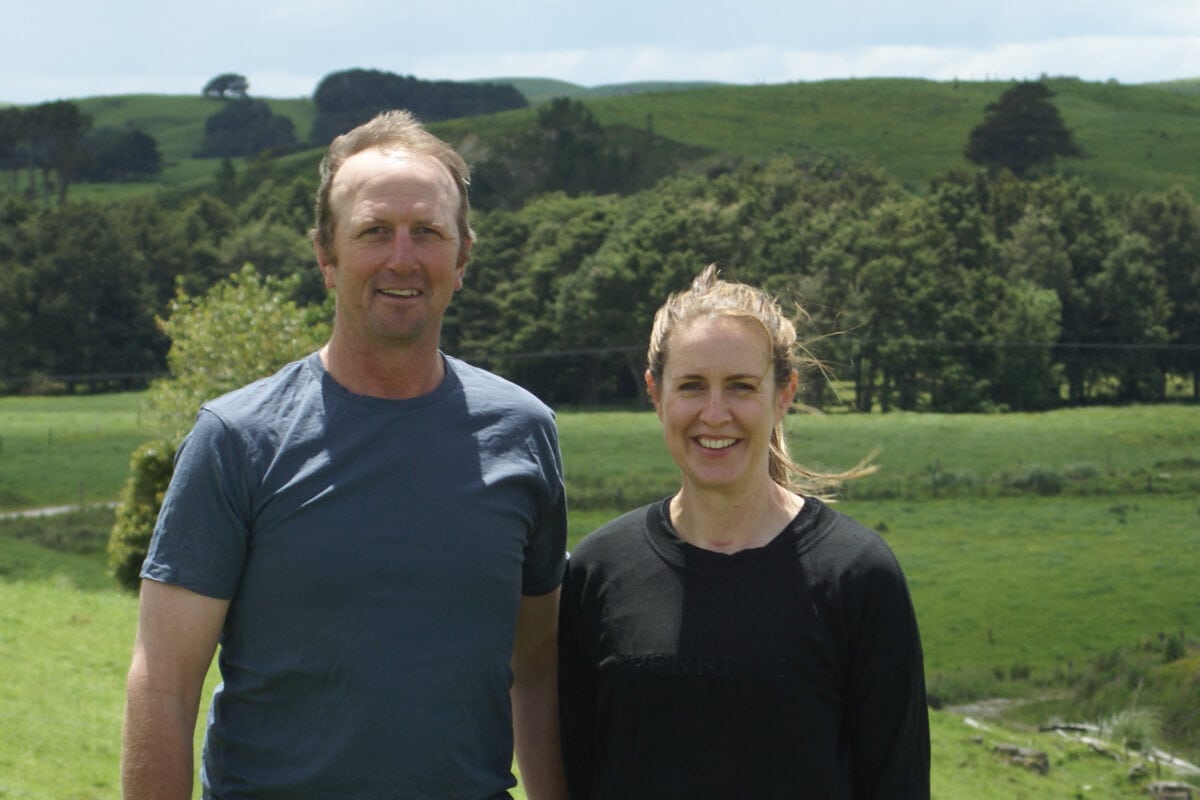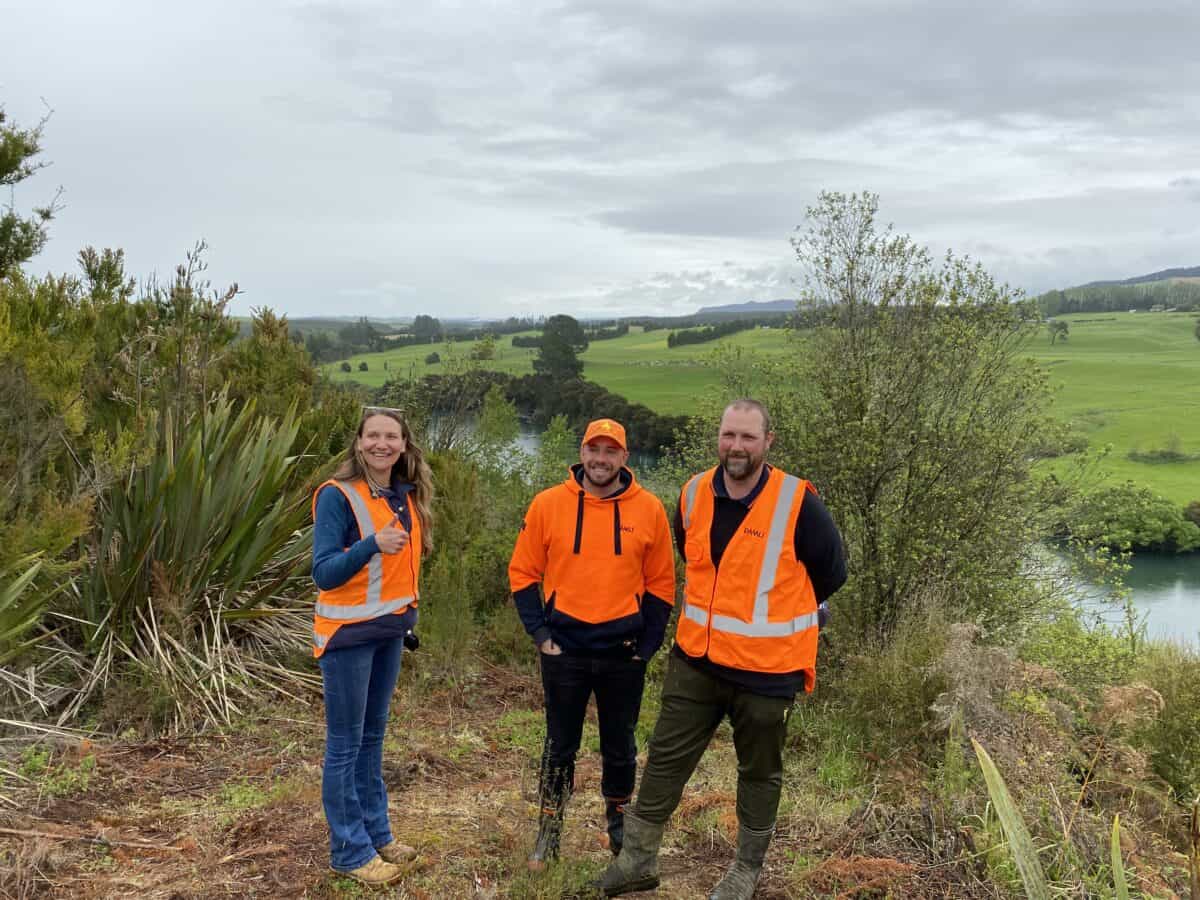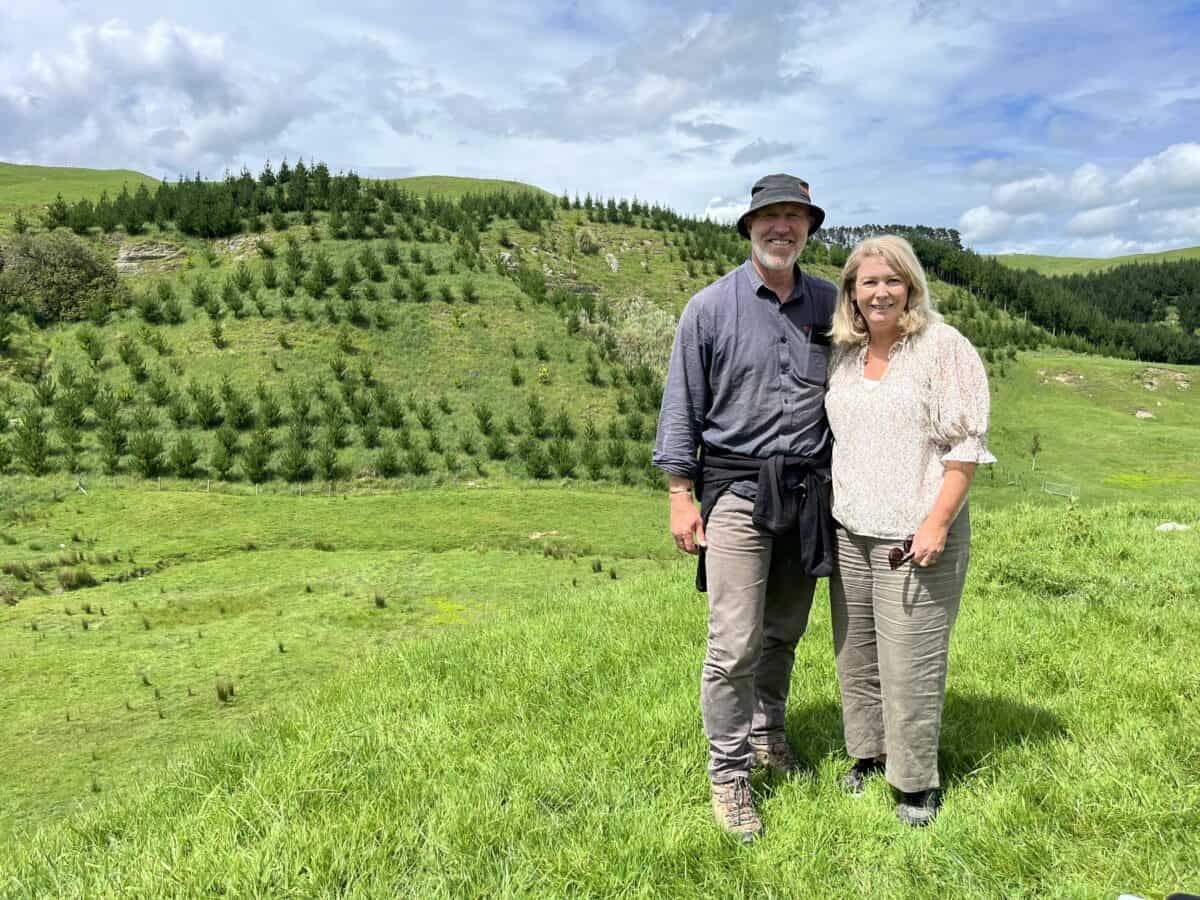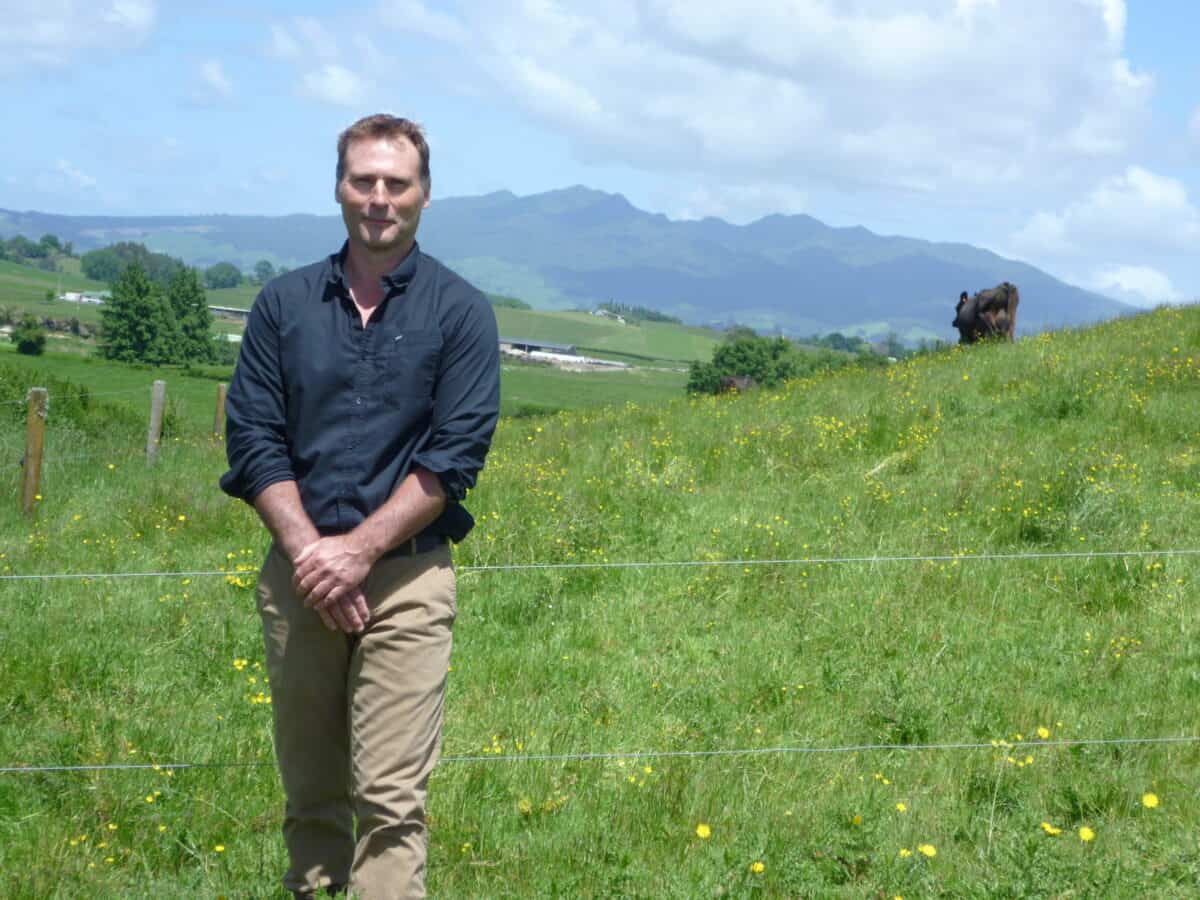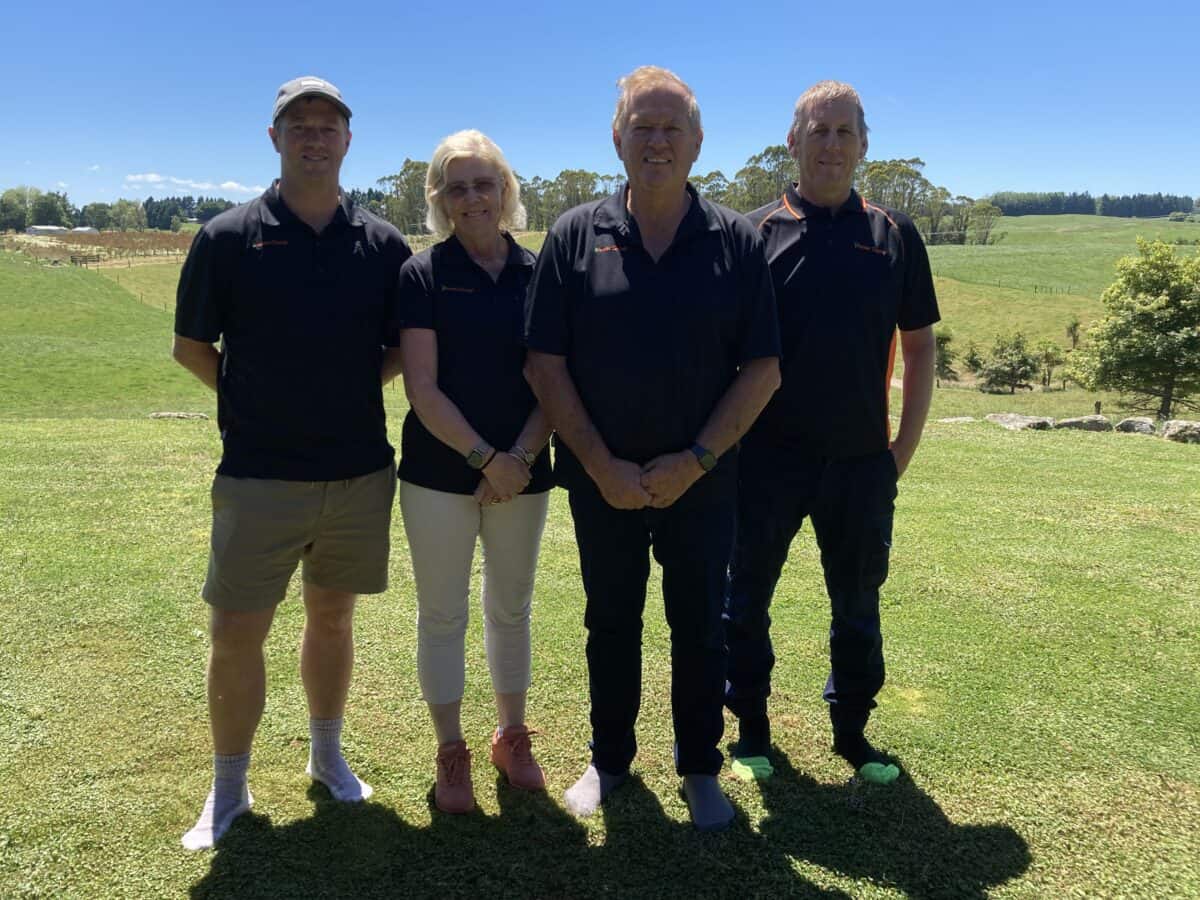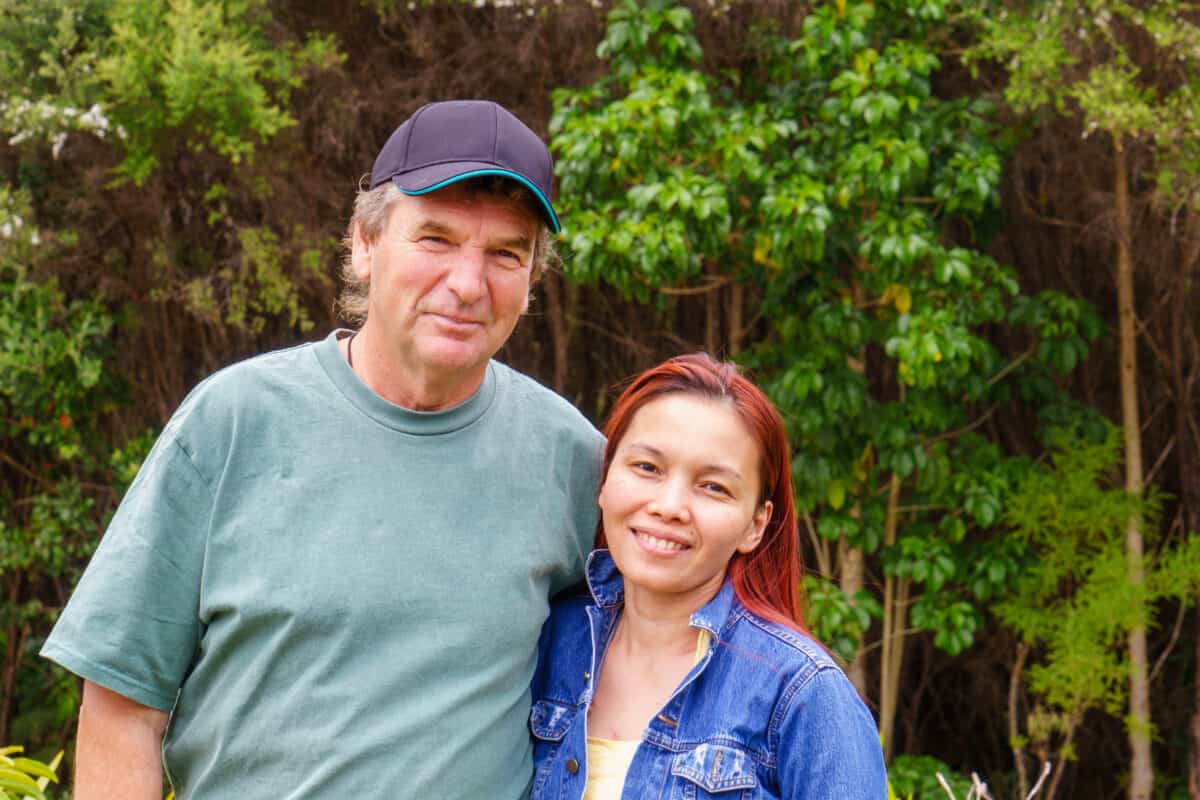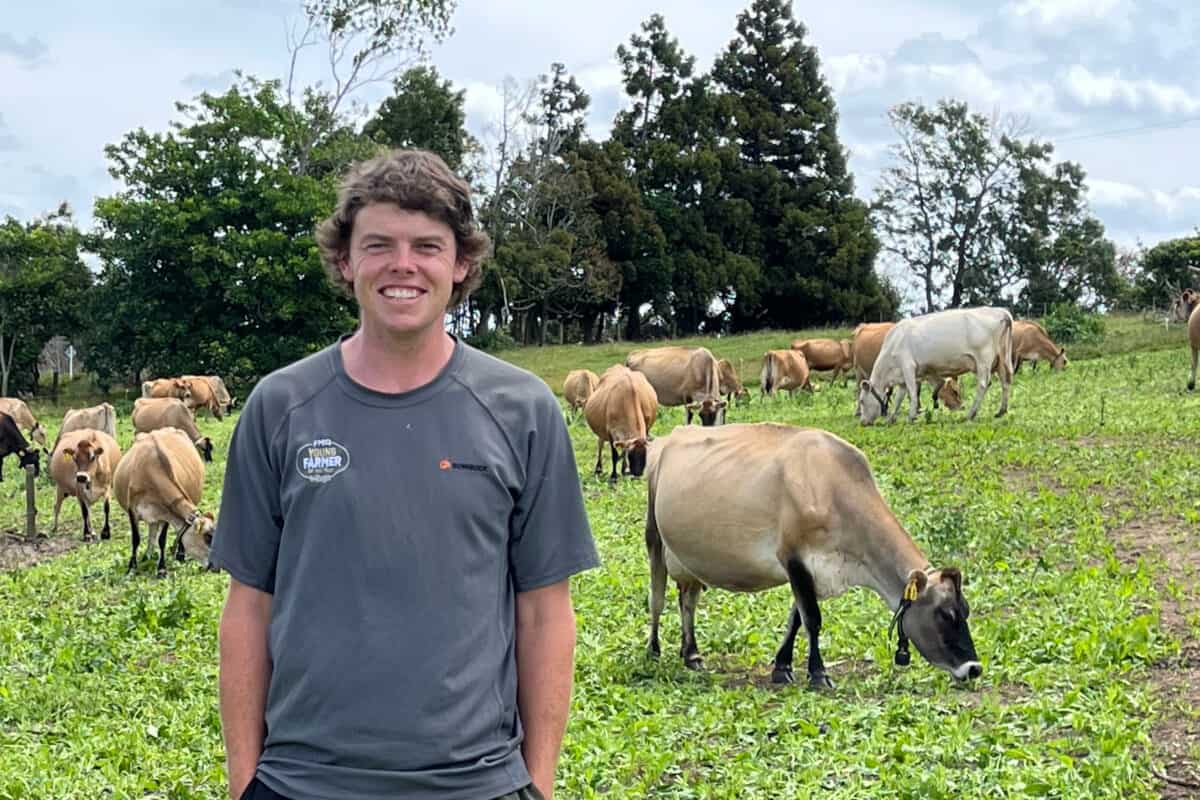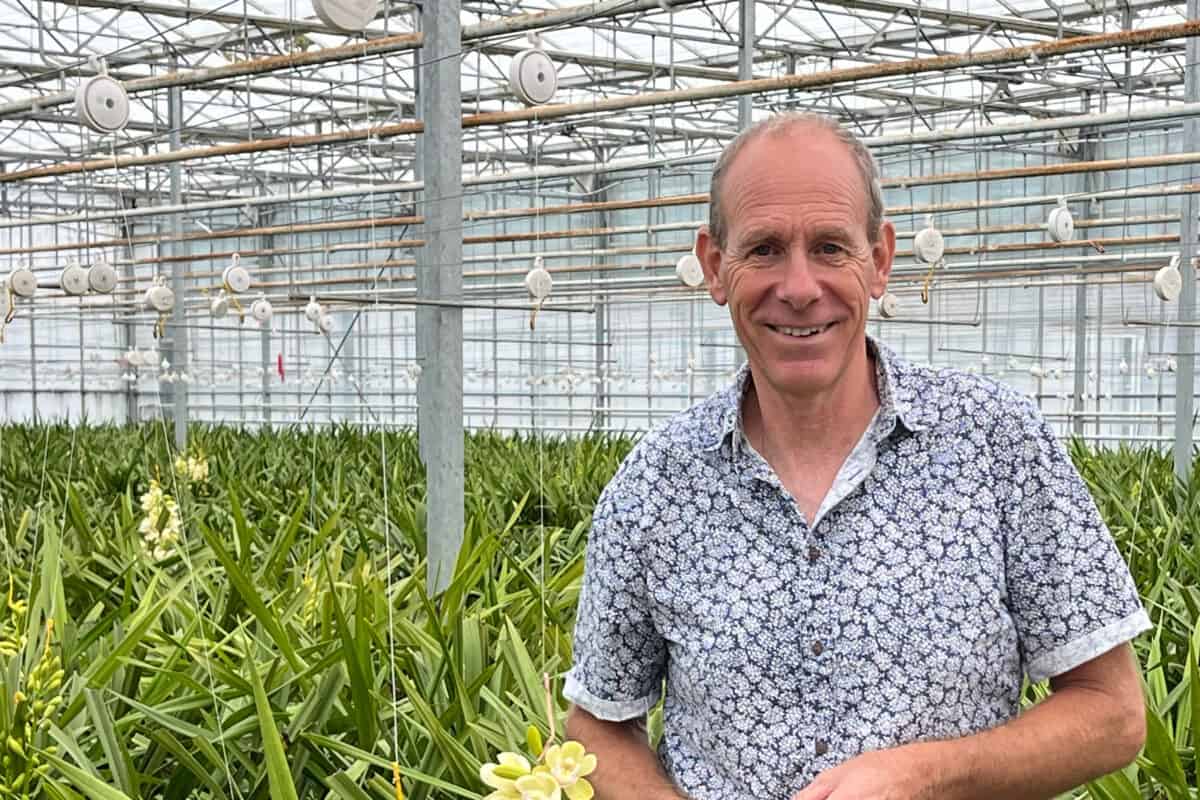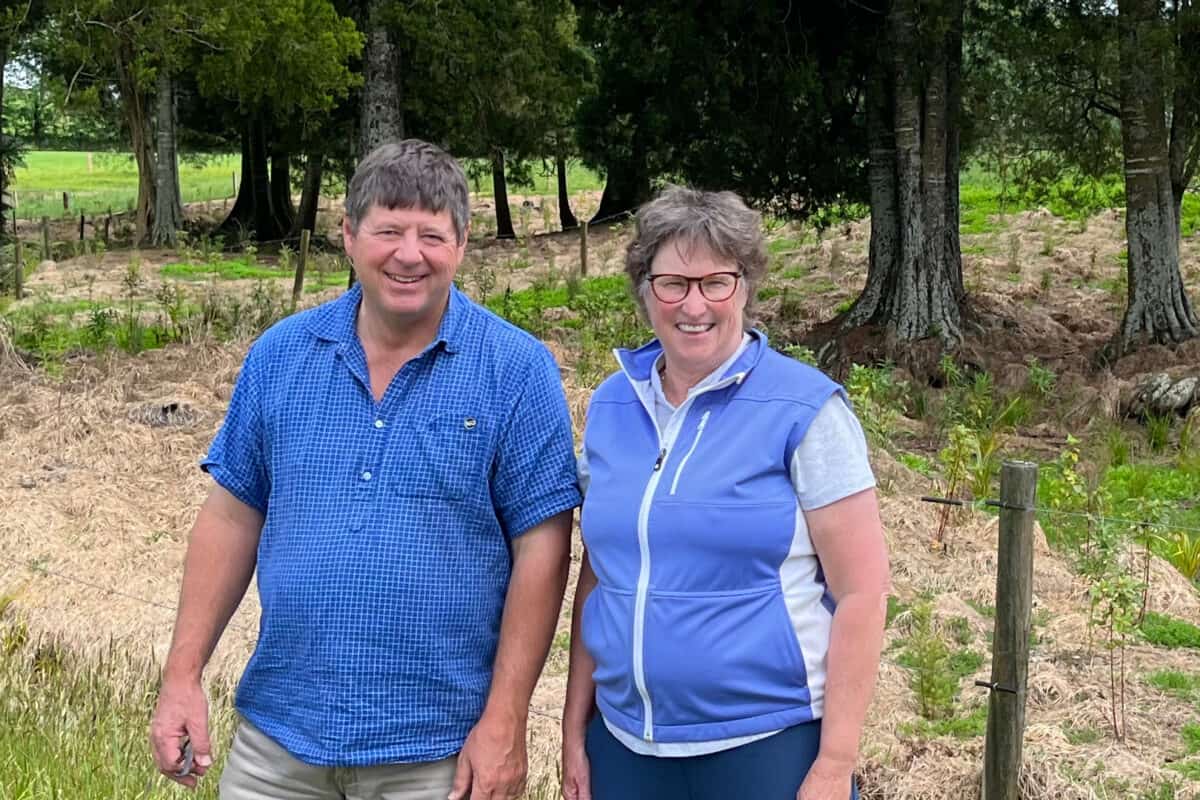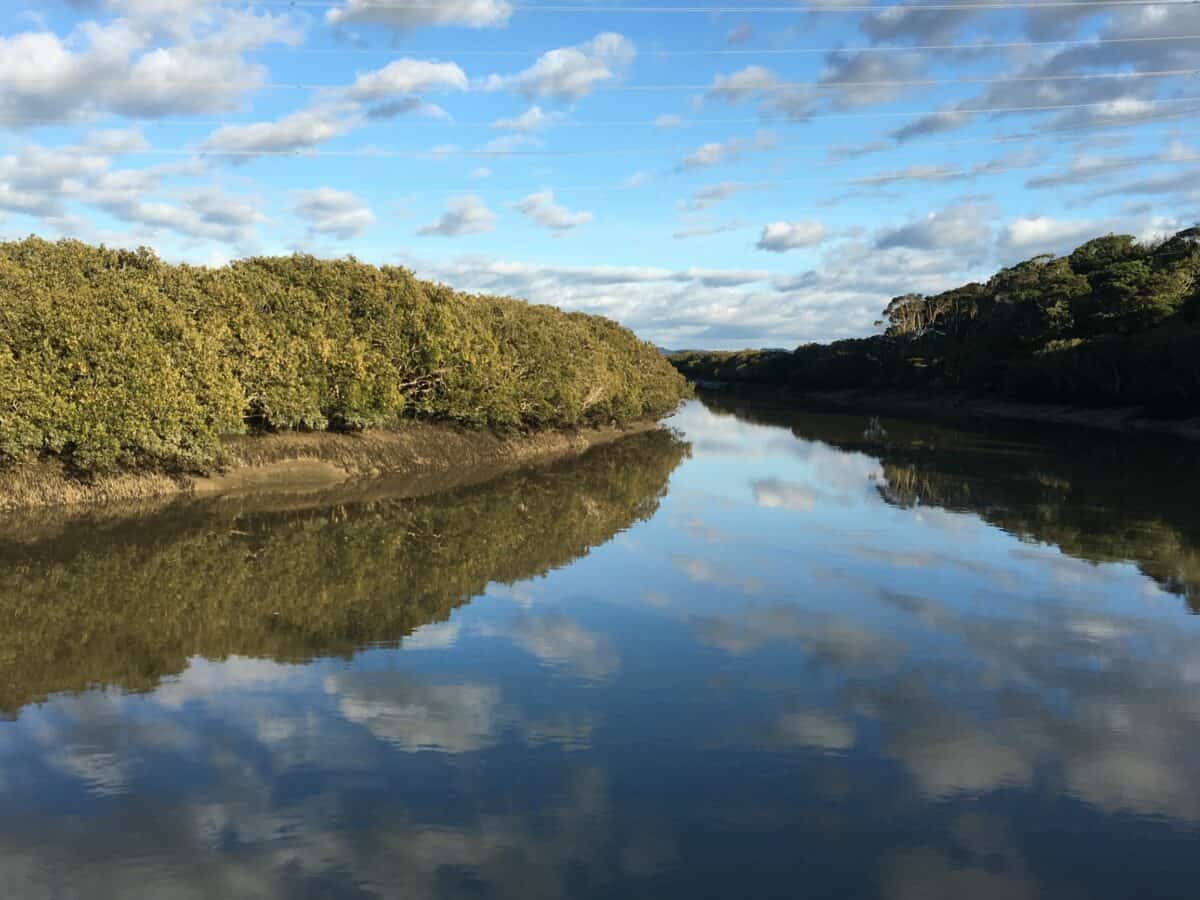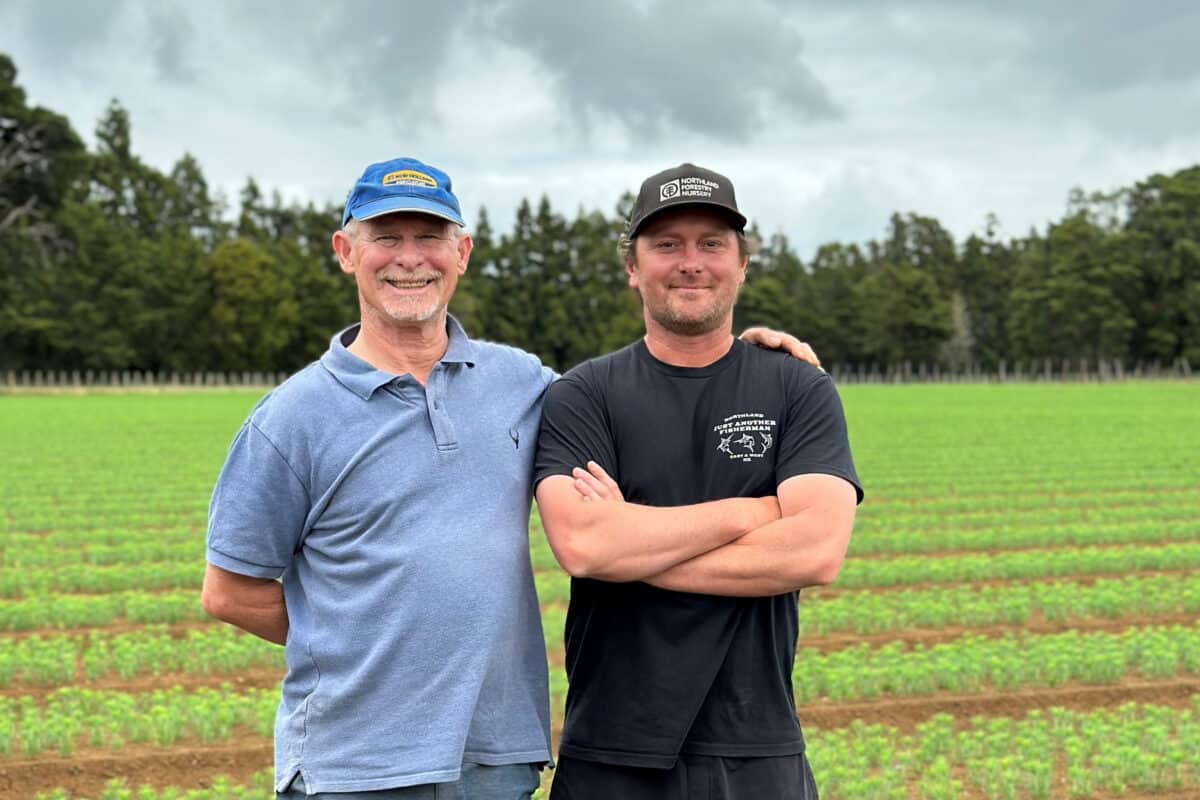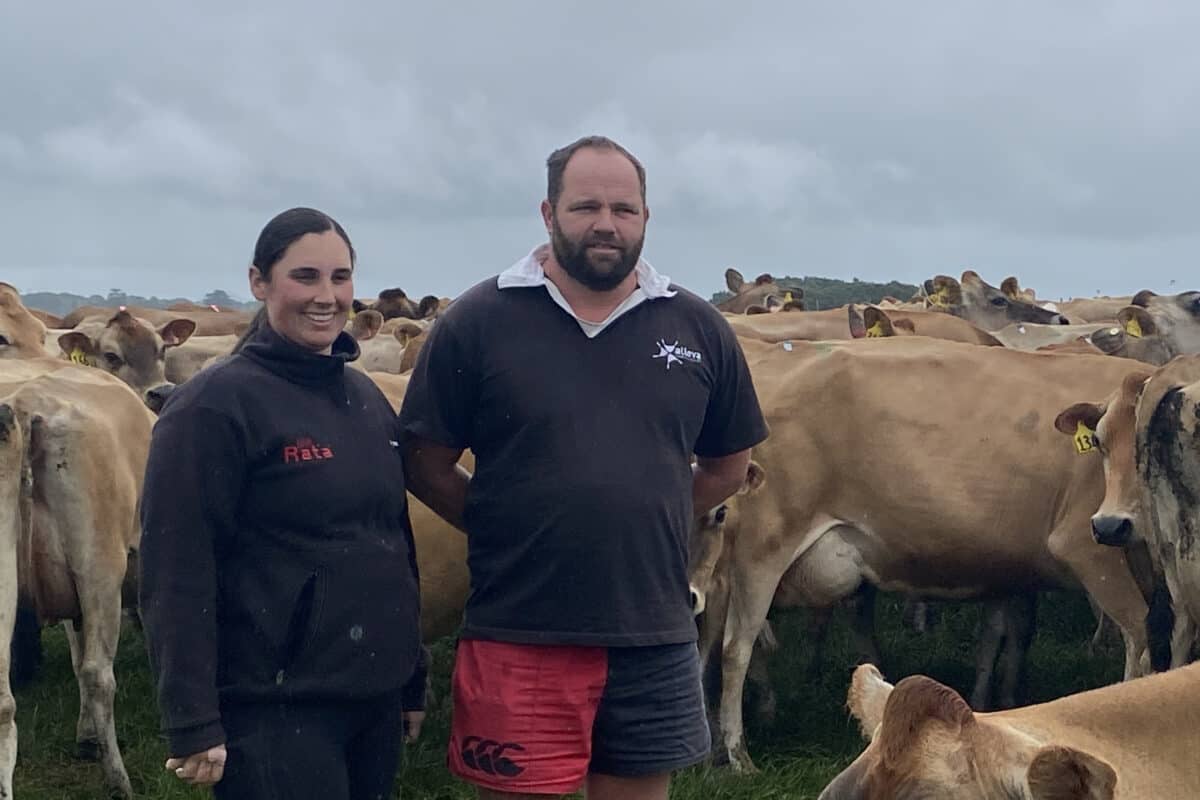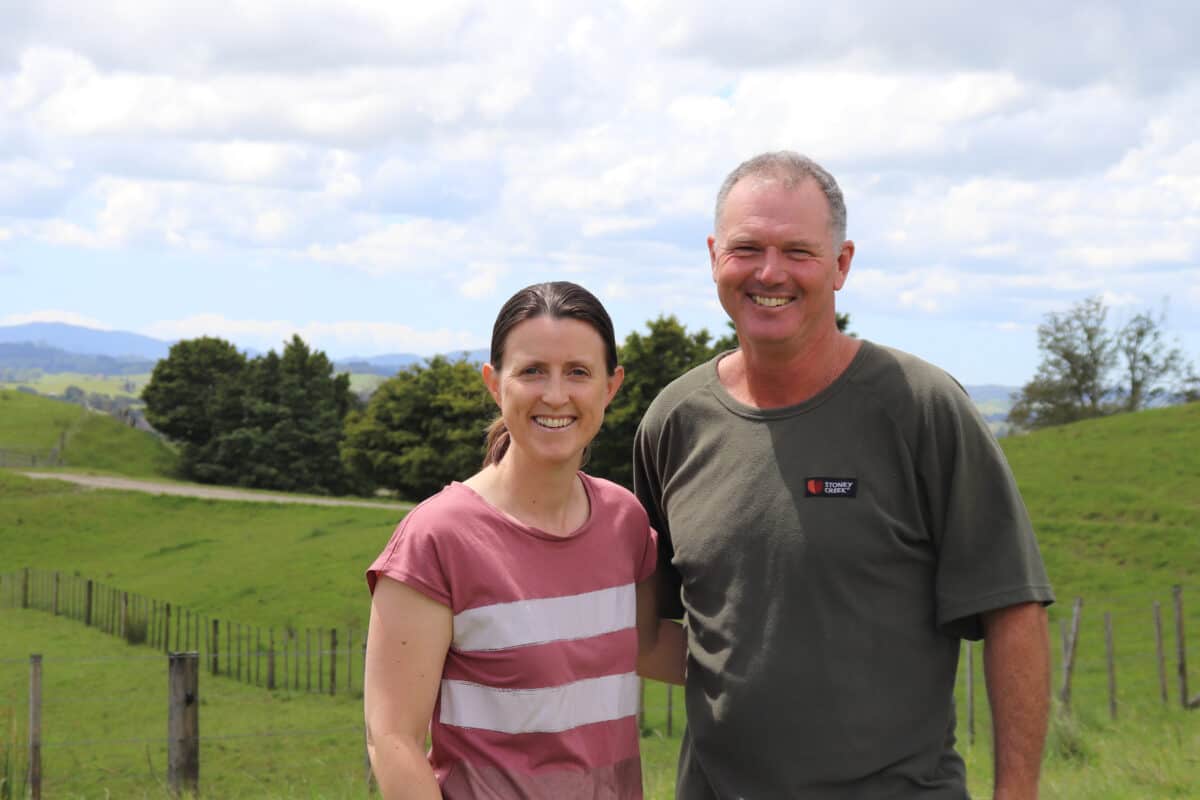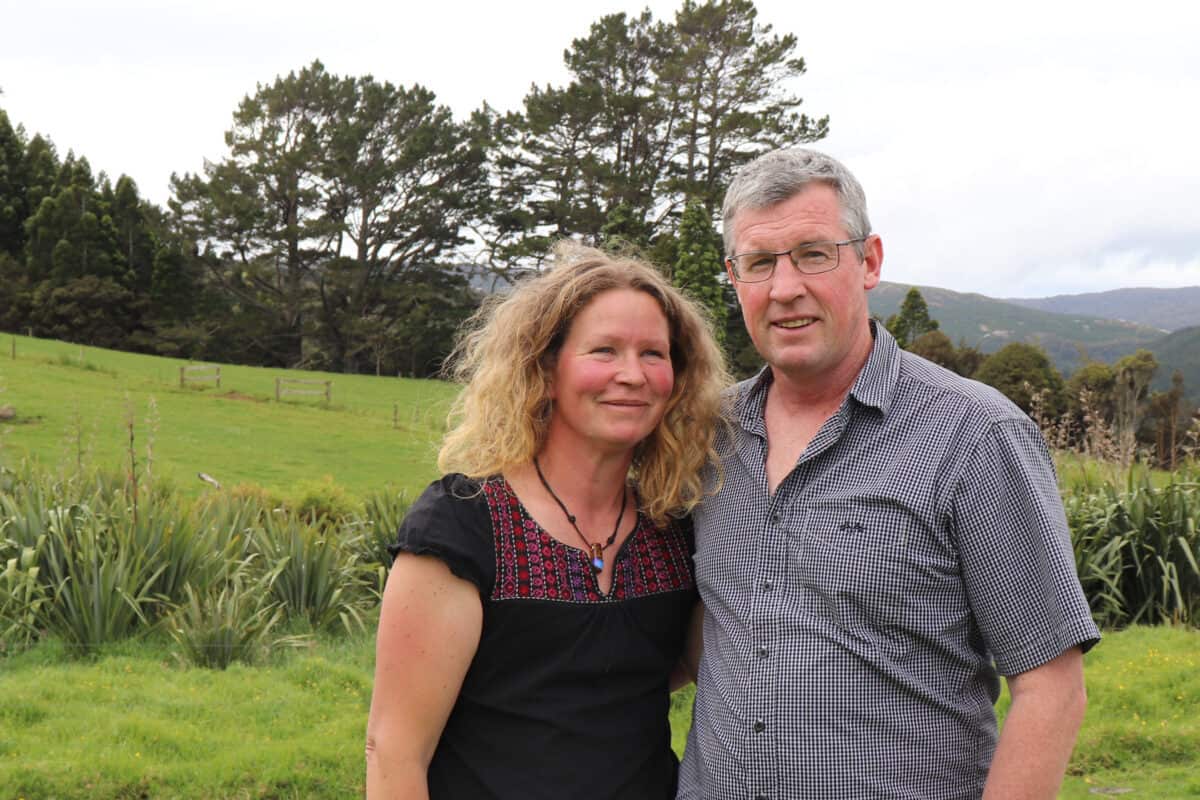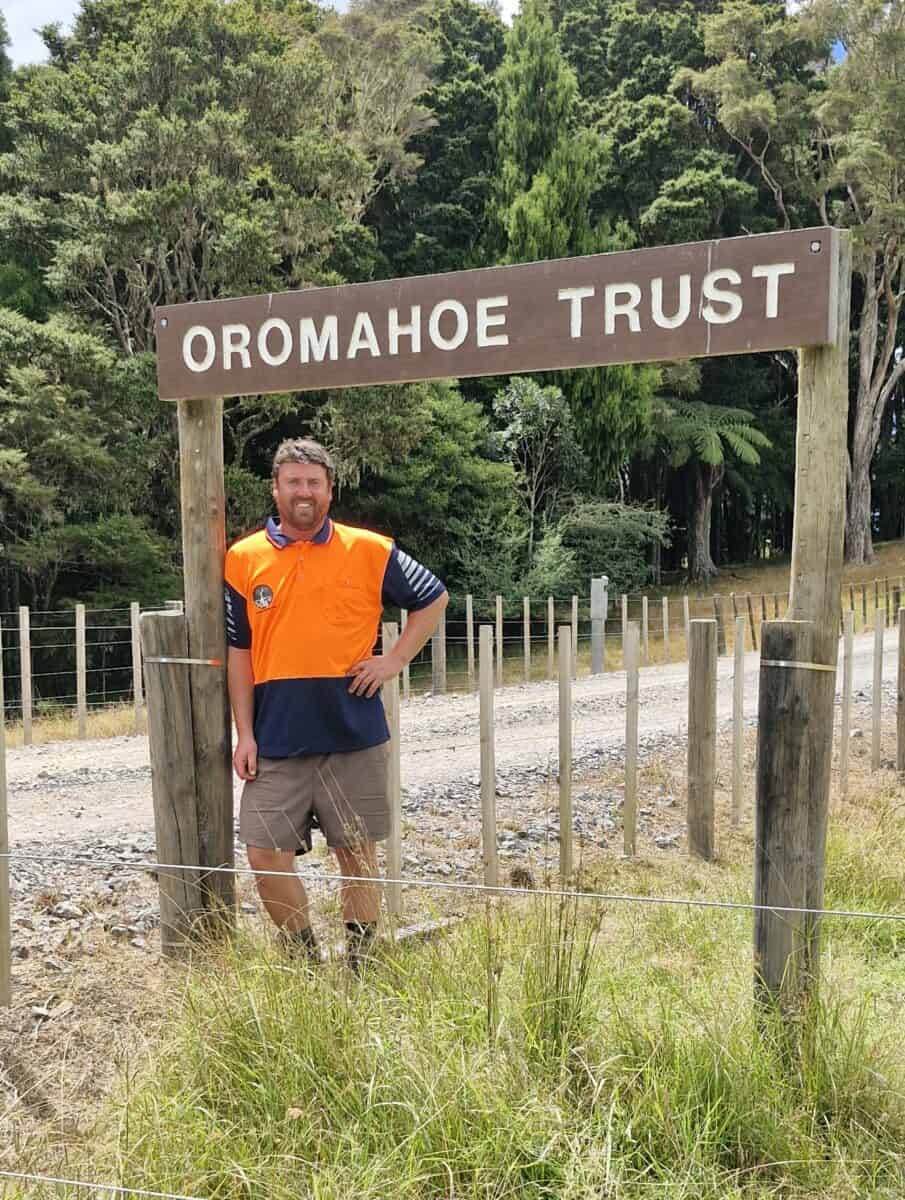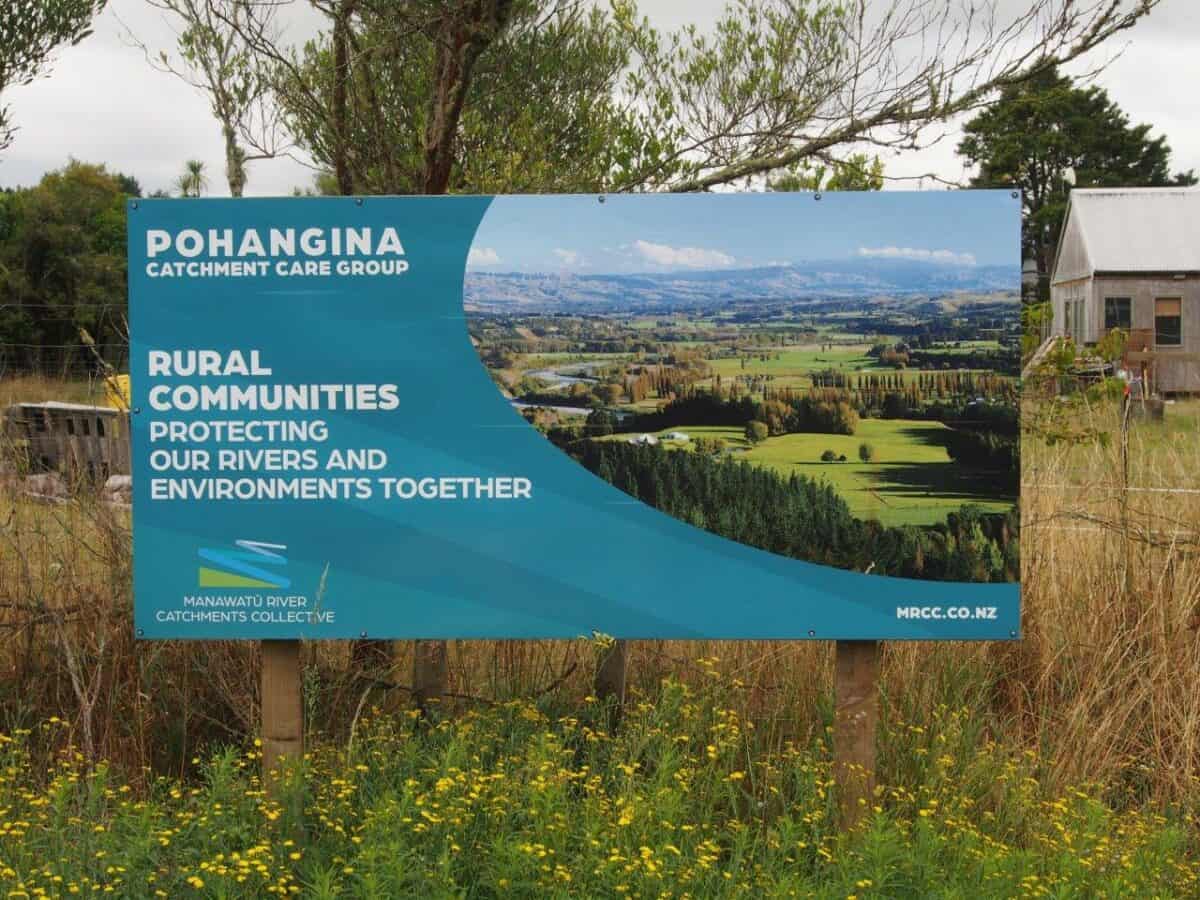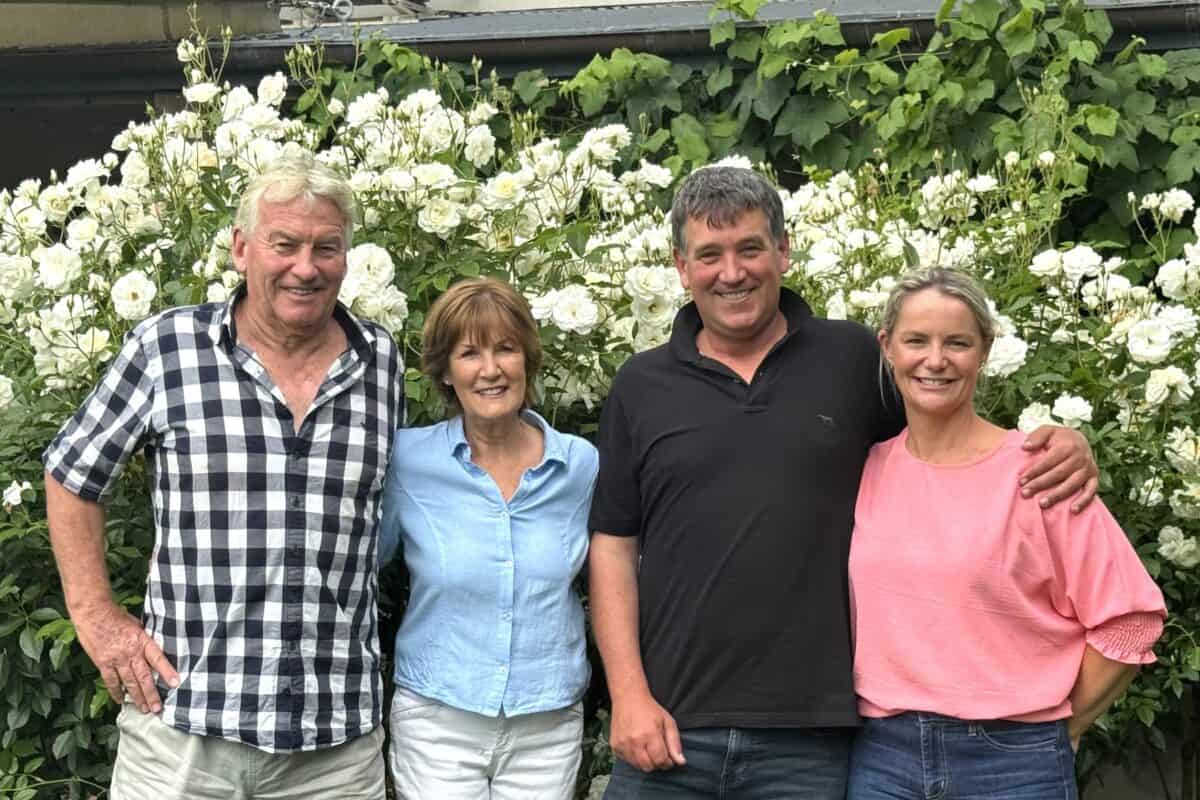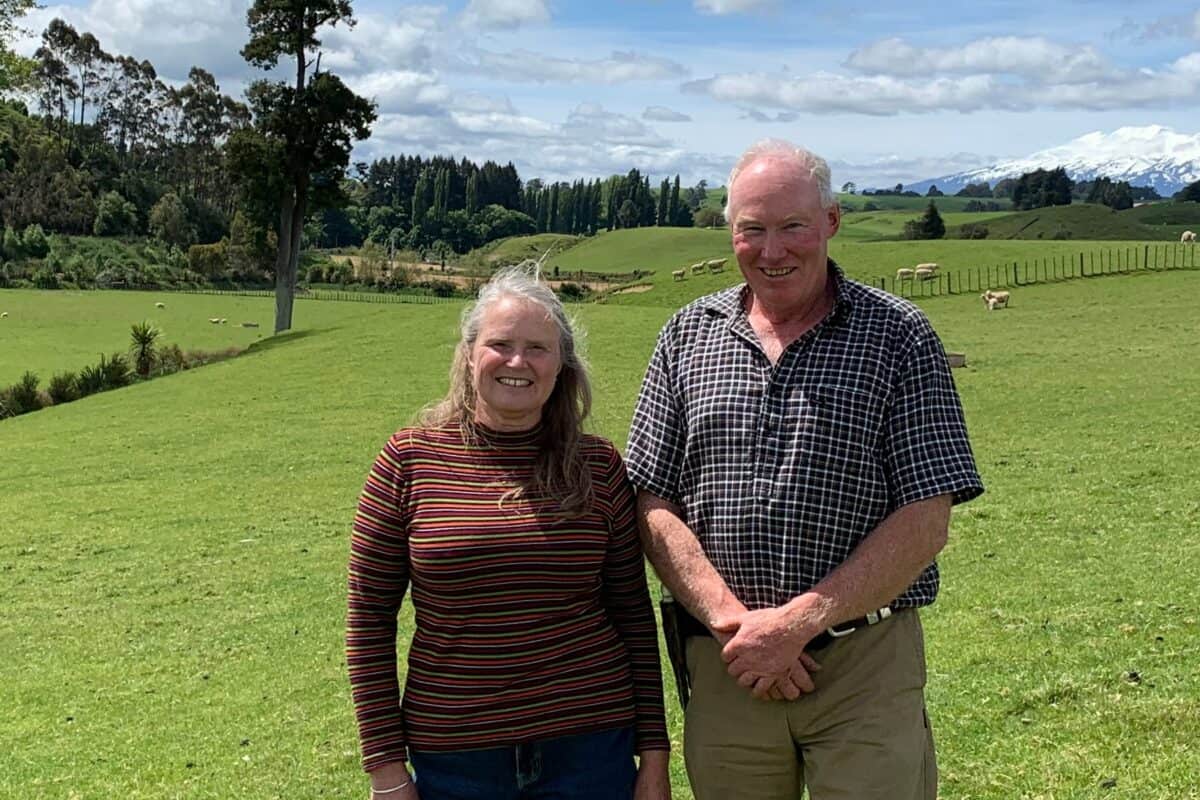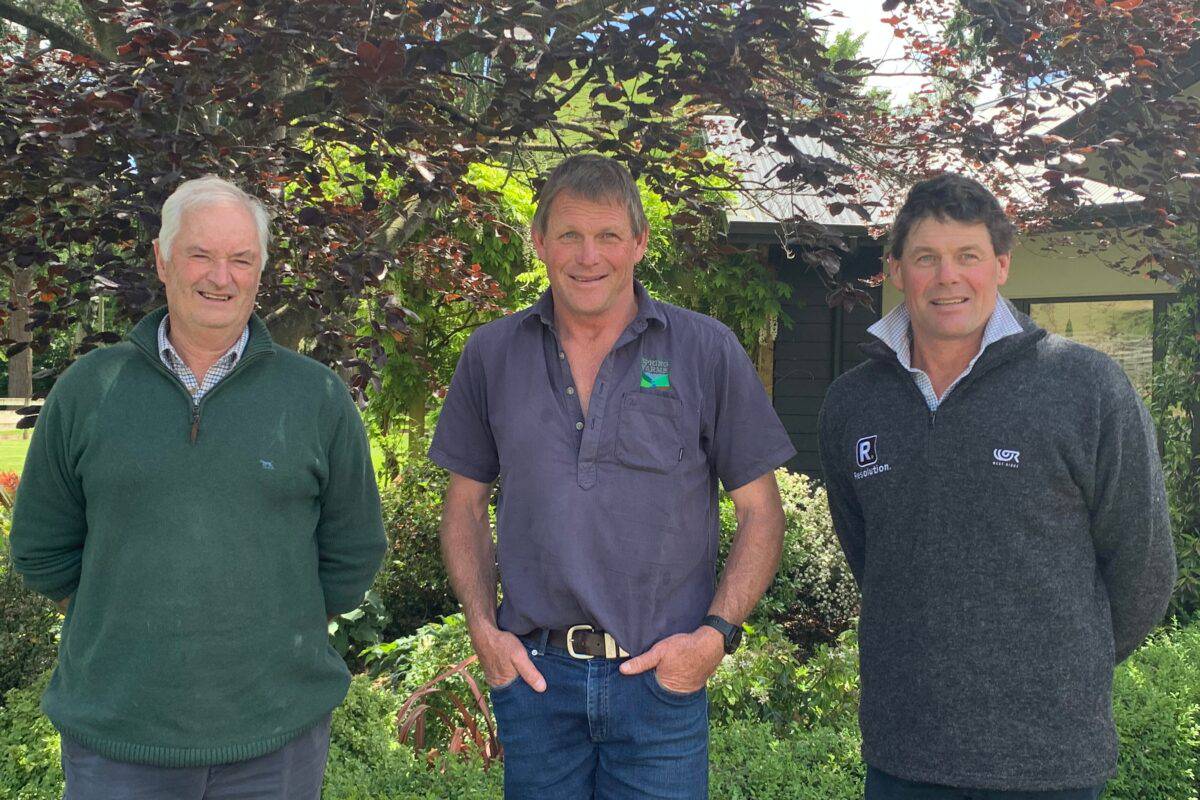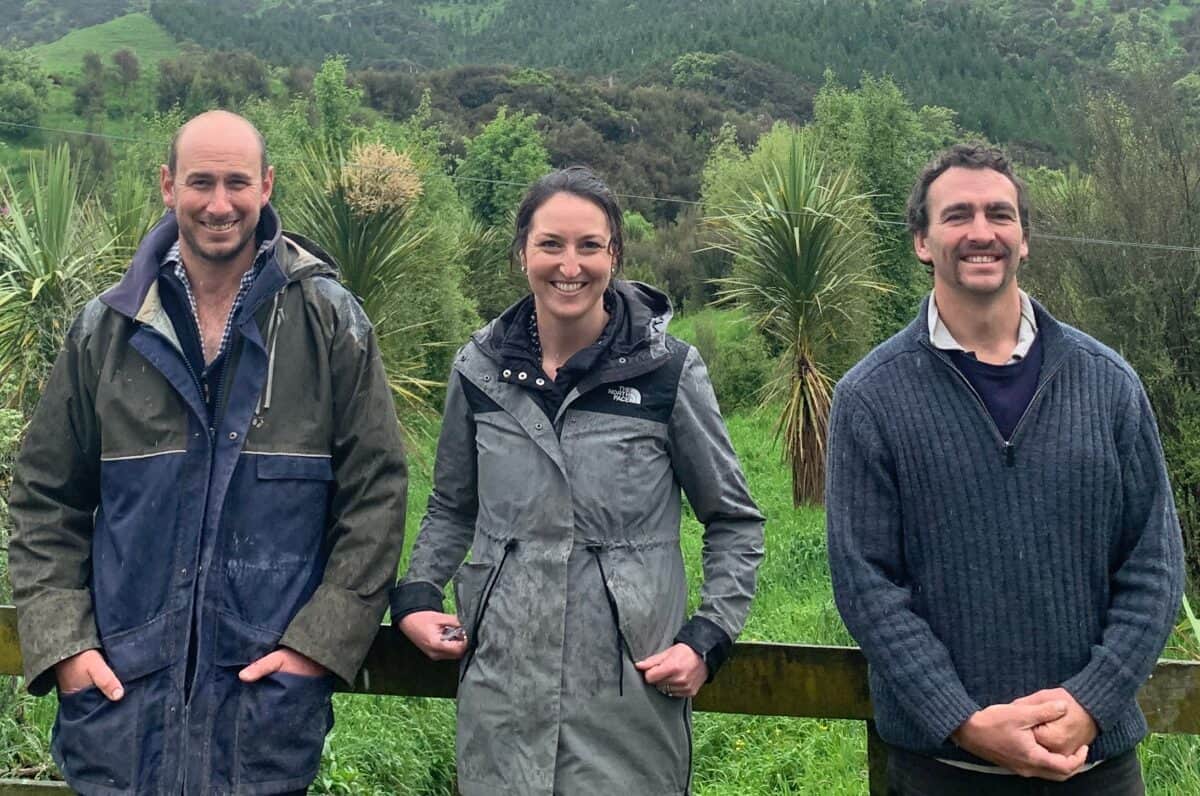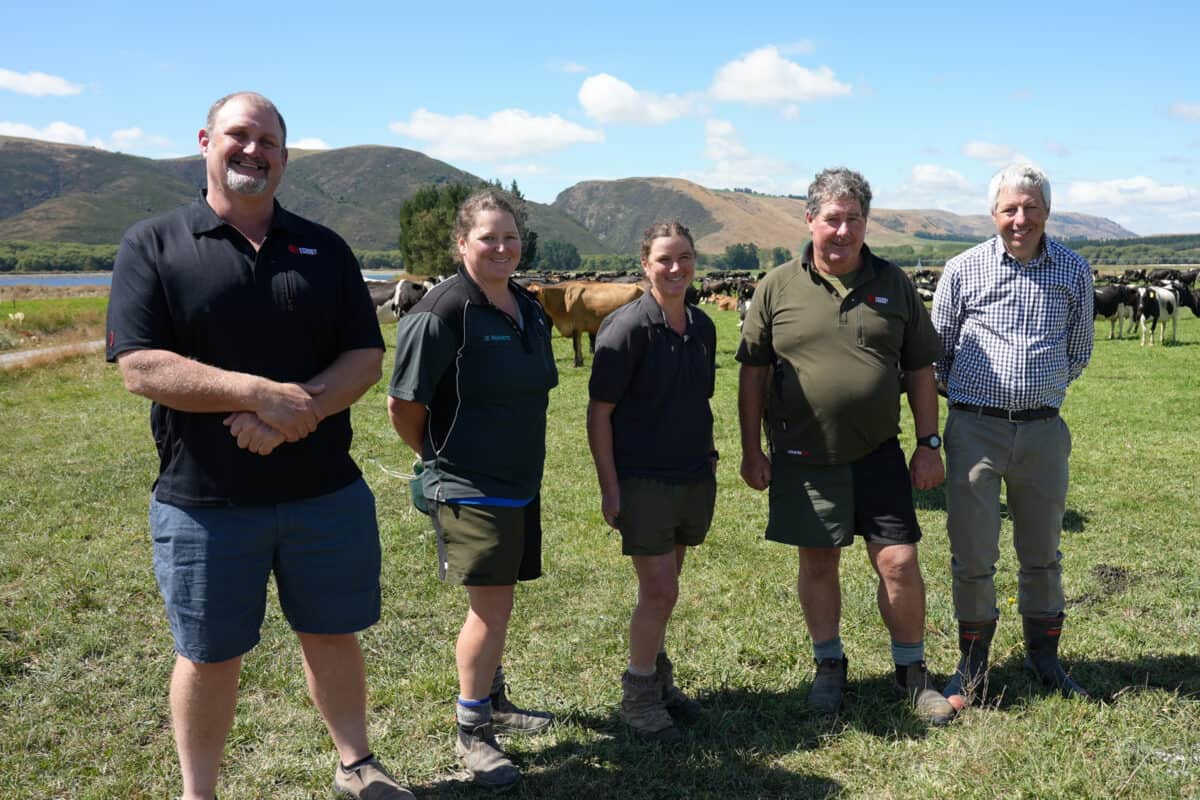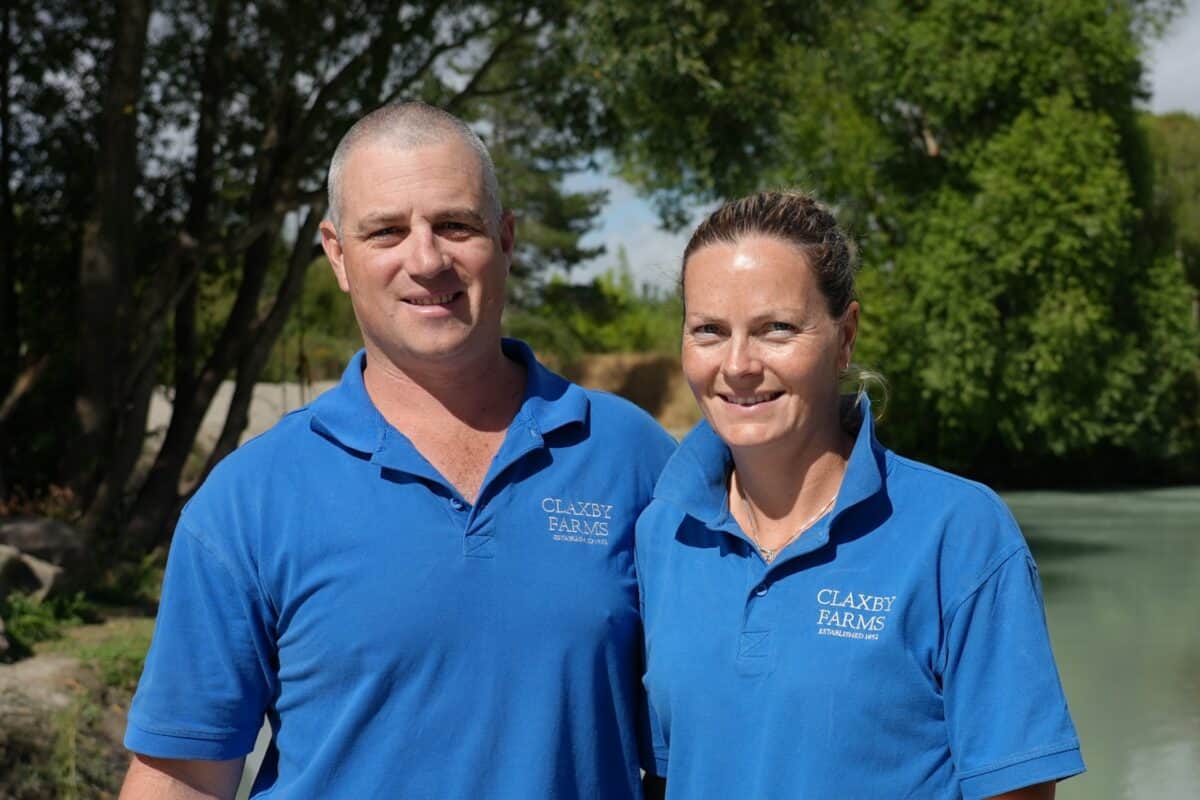Here are our wonderful 2020 entrants for the Horizons Ballance Farm Environment Awards. We congratulate them all for becoming involved in the awards programme – it’s a privilege to have learned more about their food and fibre production businesses.
Tony & Lynda Gray, Kinross Partnership — Apiti
Sheep, Beef & Deer Breeding
This family-operated business is owned and operated by Tony and Lynda Gray who are focused on maximising returns in an environmentally sustainable way.
It was the first farm to complete an Horizons Whole Farm Plan (SLUI) and over the past 14 years this has included planting more than 1,000 poplar poles and 6ha of Douglas fir. Along with 1,260 sheep, 100 beef and 420 deer, the farm incorporates 125ha of QEII-covenanted regenerating native bush and has a possum control programme that includes poisoning and trapping. The Grays are fencing off the last waterway and are planning to isolate wetlands and do riparian planting. They have started investigating carbon farming options and are working with a local beekeeper who has hives on the farm.
The farm is starting to reap financial rewards from years of improvements around livestock production and environmental protection and the family wants to ensure this progress continues.
Tony & Lynda are 2020 finalists – read more
Dave & Nicole Stuart, Komako — Ashhurst
Sheep & Beef
Dave and Nicole Stuart, supported by Dave’s parents who are silent partners, are keen to leave a positive legacy on this 650ha sheep and beef feeding unit.
They run 6,000 stock – 70% sheep and 30% cattle – and have significantly grown the business since purchasing it in in 2012. Achievements include increasing the Angus Stud from six bulls to 100, lifting lambing percentage from 130% to 145%, and completing development and subdivision.
The Stuarts have retired and planted a significant amount of land, including 11.5ha of pine, plus have planted willow poles and put in flax and natives for shelter. Horizons pest control is in place and water is sourced from natural springs and dams – some of which are fenced. In 2016, they installed a gravity water system and feeding troughs.
They’re focused on growing the business so it’s more profitable and sustainable for future generations, along with helping farming communities and industry.
Dave Milne, Lakeview Farm — Levin
Sheep, Cattle, Forestry & Dairying
Lakeview Farm combines forestry with a beef and sheep breeding and fattening unit managed by Dave Milne, along with a dairy unit managed by a 50:50 sharemilker.
About two-thirds of the 1,580ha property is devoted to sheep and beef breeding and finishing, with 130ha used for dairy farming and the balance consisting of forestry, wetlands and native bush.
Pine trees have been planted mainly on sandy ridges prone to erosion, while the farm has worked with local iwi and councils to fence off areas of native bush and Lake Horowhenua. Pests and weeds including gorse, rabbits, possums and Canada geese are controlled on the property, and a more formal animal health plan has been developed in recent years in association with the local vet clinic.
A key focus for the farm is to work with good people in order to improve the land so it’s in better order for future generations.
Dave won the 2020 Margaret Matthews Trophy for Commitment to Sustainability
Chalky & Lesley Leary, Onga — Hunterville
Sheep & Cattle Breeding
Owner-operators Chalky and Lesley Leary have had a stake in Onga since 1973 and are now setting up a succession plan for their nephew to take over.
Along with the stock, Onga farm has 118ha of radiata pine that brings in an average yearly income of $100,000. The property was smothered with gorse in 1973 and forestry was originally introduced to control it – and later to help manage erosion. The farm is now virtually gorse-free and boasts significant new infrastructure.
Three blocks of native bush are protected with QEII National Trust covenants and, for shade and erosion control, native bush is continually being fenced off and poplars planted. Other priorities are actively managing possum and deer, along with soil and water conservation.
Having spent 12 years in local government, Chalky appreciates the challenges facing both councils and farmers, and is keen to demonstrate the good work that’s happening.
Chalky & Lesley are 2020 finalists – read more
Brendon & Rachel Williams, Pencoed Trust — Marton
Arable & Fishing
Brendon and Rachel are third generation farmers on this property that was chosen for its excellent soils and has been actively developed since 2000 under a family Trust.
The arable and finishing property’s main crops are wheat, maize, peas and grass, while it finishes about 2,500 lambs and 100 cattle annually.
Decision-making is based on caring for the soil – including using soil maps and having extensive sub-soil drainage. The farm is one of the first arable cropping enterprises to seek resource consents under the Horizons One Plan, plus fossil fuel usage has significantly dropped. Other conservation measures include retirement planting, stock exclusion from waterways, retention dams to reduce runoff and a fully reticulated water system.
Knowledge is a key tool, enabling the family to make informed decisions around improving production systems – ultimately producing a sustainable income.
Brendon & Rachel are 2020 finalists – read more
Mark Johnston & Rebecca Jeffery, Ruahine Range Views — Dannevirke
Dairy
These owner-operators have completely transformed the dairy section of their property since buying it in 2017, merging two dairy farms into one self-contained unit.
They now farm 350 dairy cows over 131ha, with a further 80ha adjacent to boost the summer milking platform. The farm has a low stock rate and high production – about 1.7 cows per hectare – and significant time and investment has gone into improving infrastructure and water provisions.
The biodiversity of the property has also undergone a transformation, including the planting of 5,000 pines and 700 natives over the past two years, the creation of four wetlands, monthly possum control and the installation of kilometres of fencing along creeks.
The couple has implemented everything they wanted for the farm and feel they have greatly improved the state of the property since they took over.
Mark & Rebecca are 2020 finalists – read more
Angela Strawbridge, Taonui Land Co. — Rangiotu
Dairy
Angela Strawbridge manages Taonui on behalf of Hopkins Farming Group and treats the dairy farm as if it’s her own, with a focus on improving farming practice.
The farm is comprised of two main blocks: the milking platform pasture block and the effluent block.
Many of the farm’s waterways have been fenced off to exclude stock and a major bridge is being upgraded to reduce the amount of run-off and sediment entering the waterway. Taonui has a sophisticated effluent management system, a duck pond has been fenced off and planted with natives, while nutrients are carefully managed.
Angela wants to support and add value to the land, so her focus is not just on production – it’s also on the next generation of farming and how she can reduce environmental impact.
Owen Maher & Janelle Gillum, Whakatiwai — Kimbolton
Sheep & Beef
Whakatiwai is managed by Owen Maher who, along with partner Janelle Gillum, has worked collaboratively with owner Teresa Lowry from the start – including helping with the farm’s purchase.
Since taking over the farm in 2012, they have achieved a lot in terms of farm production and other improvements. Almost 8ha of QEII National Trust covenants are on the farm, along with lots of trees and scattered scrub that is selectively used to advantage. A small wetland is planned and both a SLUI plan and drainage developments are underway. Tree and scrub planting are used for erosion control and the farm has plenty of natural water and springs for stock.
The property is central to connecting the family and they actively want to show the good work farmers do as an industry.
The Clarke Family, Woodhaven Gardens — Levin
Commercial Vegetable Production
Woodhaven Gardens is a family business established in 1978 by Eric and John Clarke, with the lifestyle choice soon becoming a passion for producing the best produce available.
Woodhaven is unique for its size and crop diversity – 23 different vegetables, plus maize and ryegrass to improve soil health and reduce nutrient losses. Annually, they sell 27 million individual vegetable units (between 7–10% of the national supply), employ about 250 staff, and contribute between $30–35mil to GDP.
In recent years, Woodhaven has significantly invested in reducing its environmental impact, adopting a science-led approach that balances conservation with commercial success.
Woodhaven’s owners and directors view the farm holistically – farming for themselves while also enriching the lives of their staff, community, local iwi and environment. Their approach has been shared with Horticulture NZ and is being rolled out to other growers in the region.
The Clarke Family are 2020 finalist – read more
Enter the Ballance Farm Environment Awards
